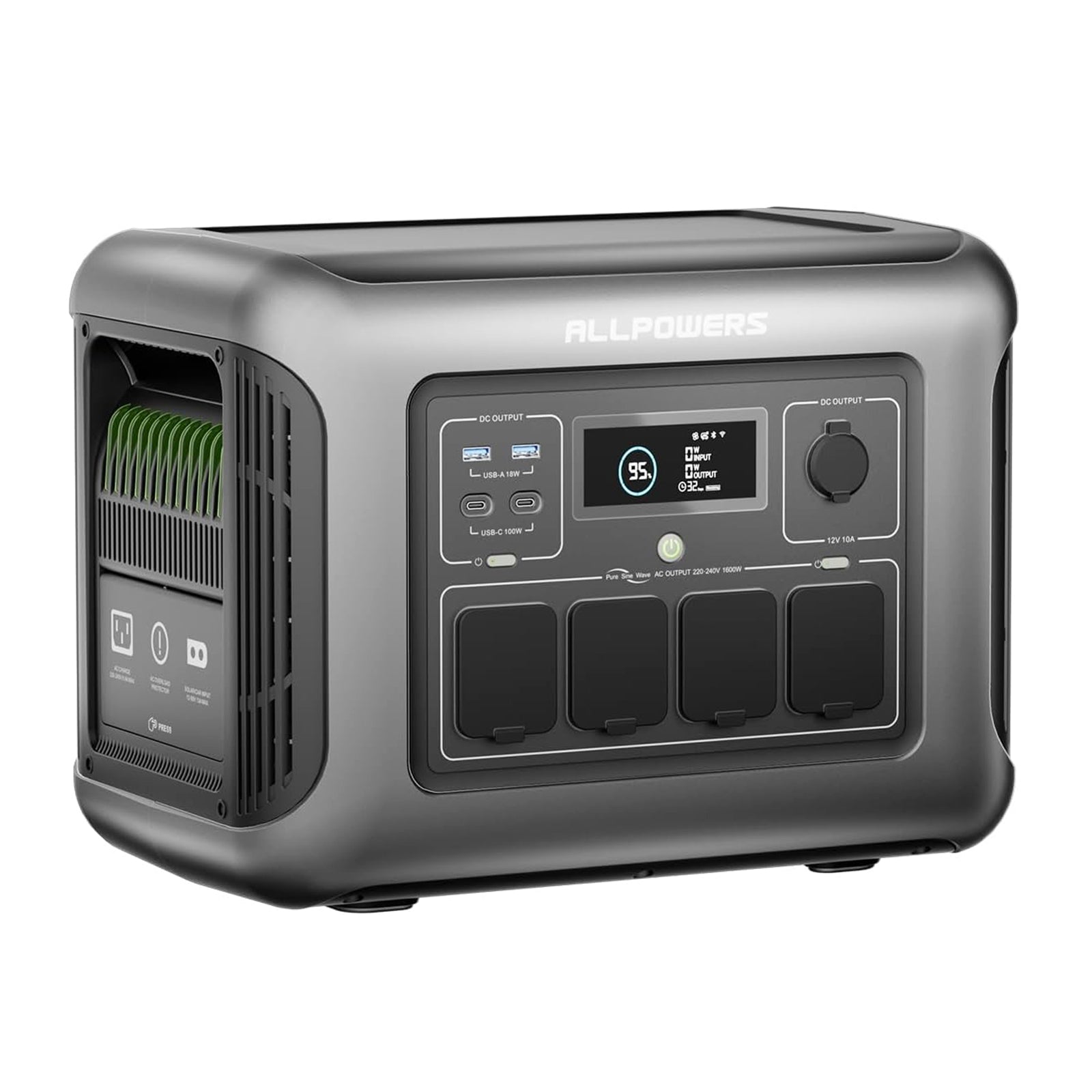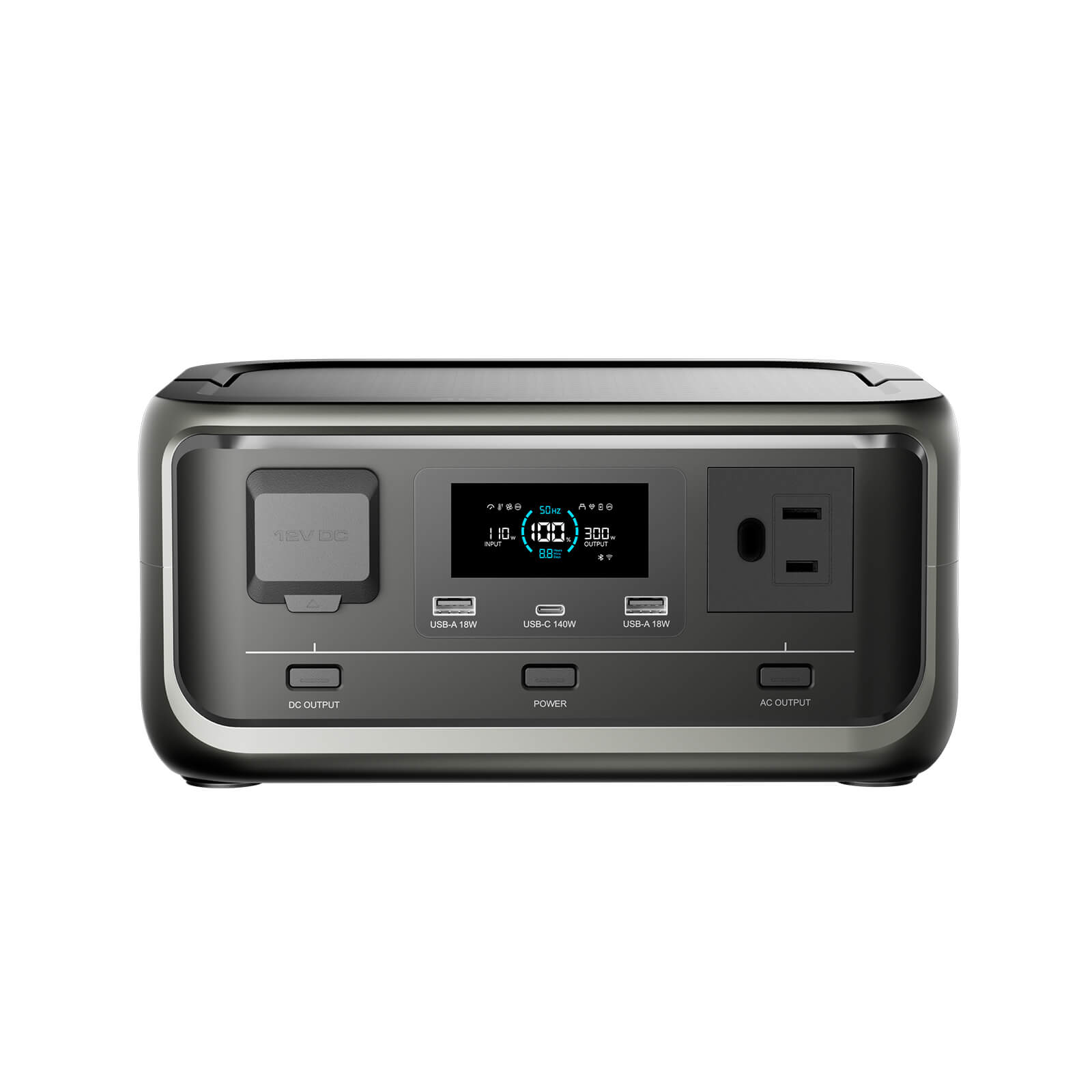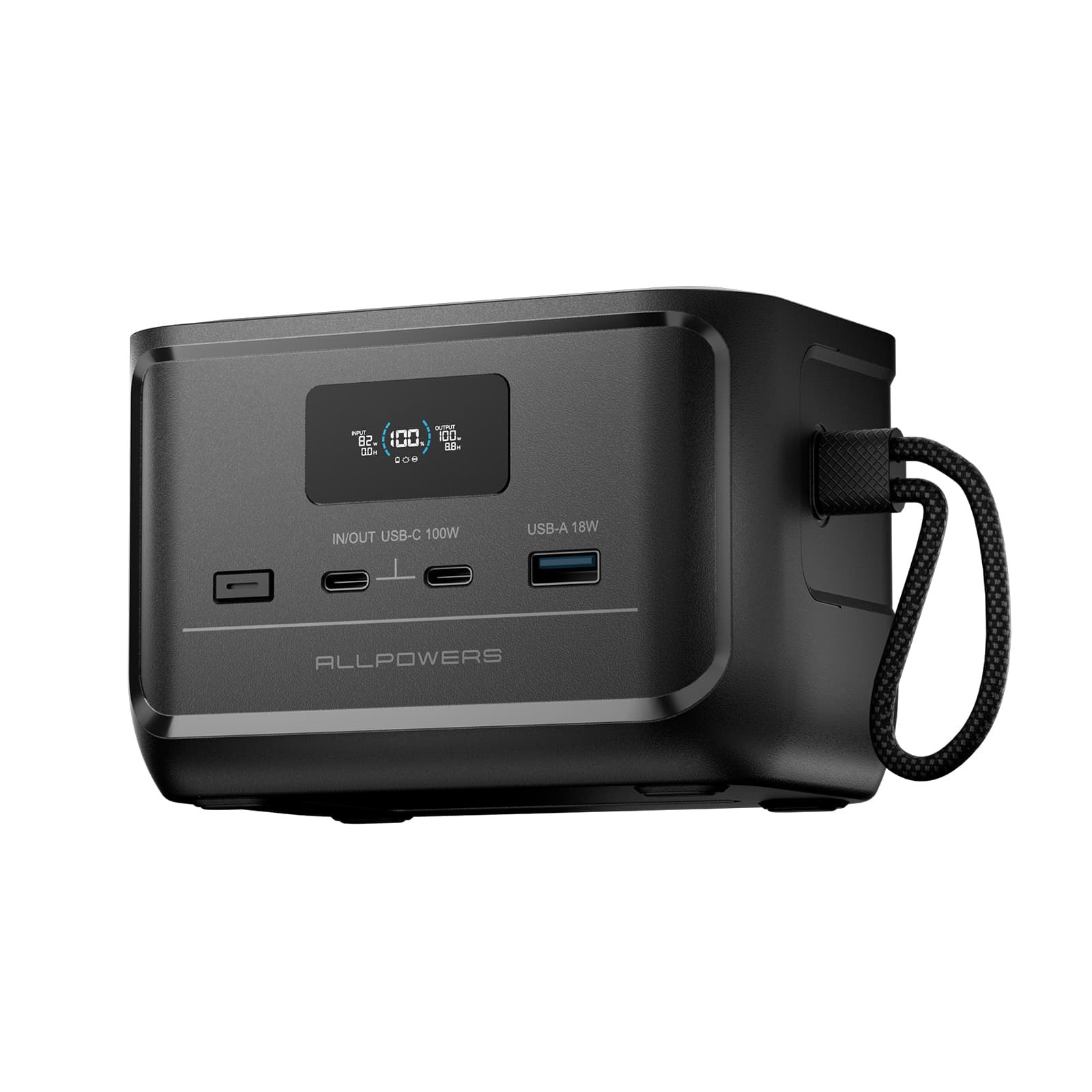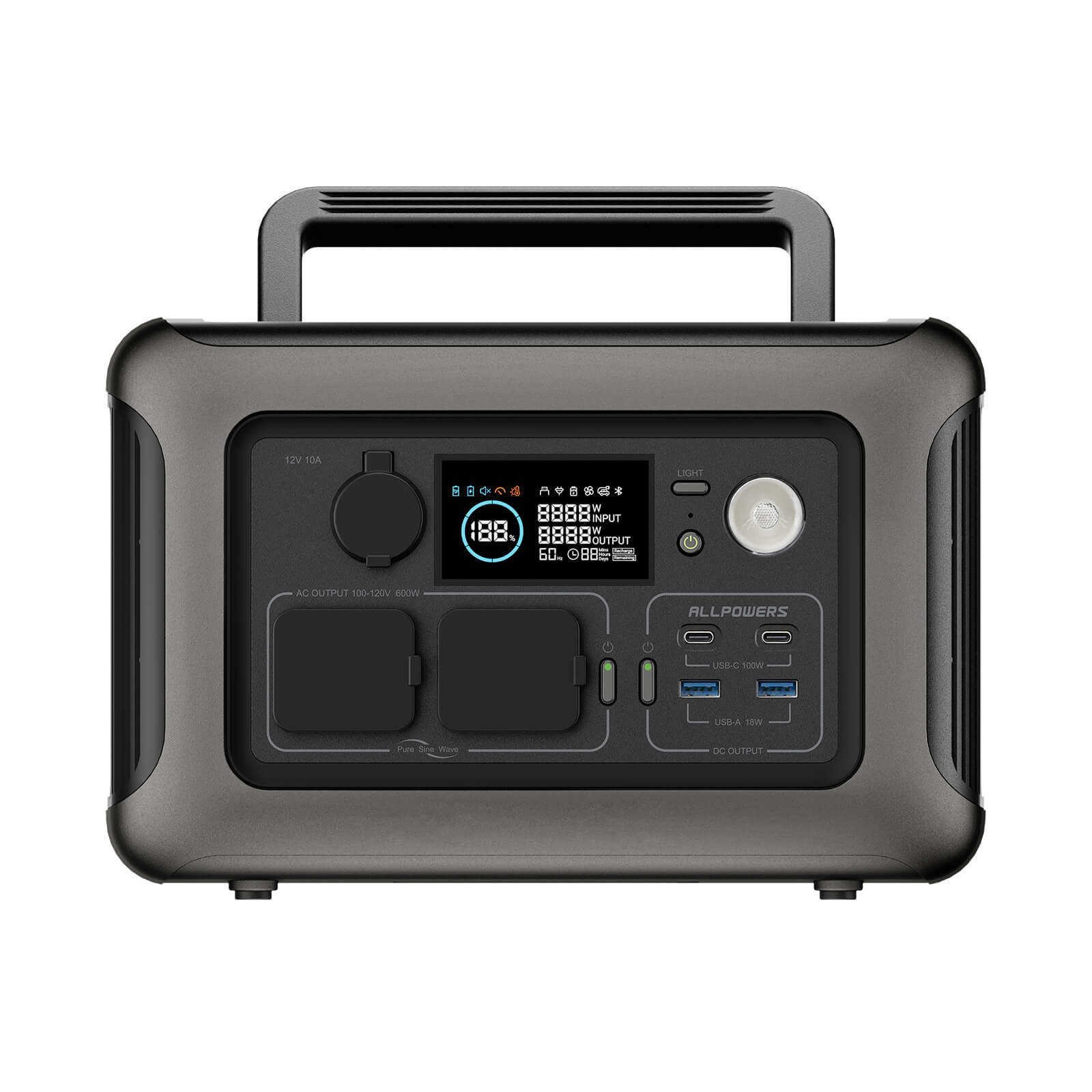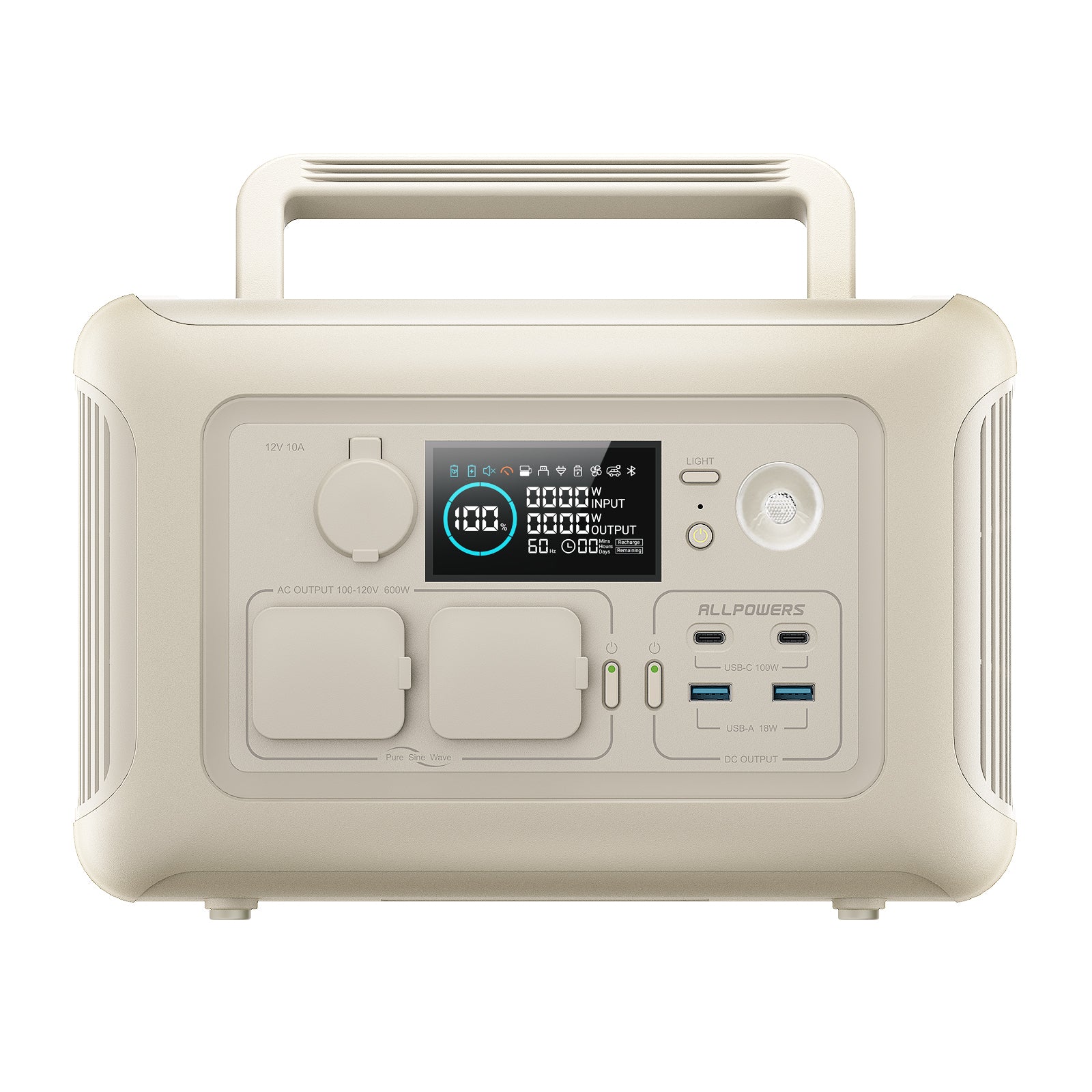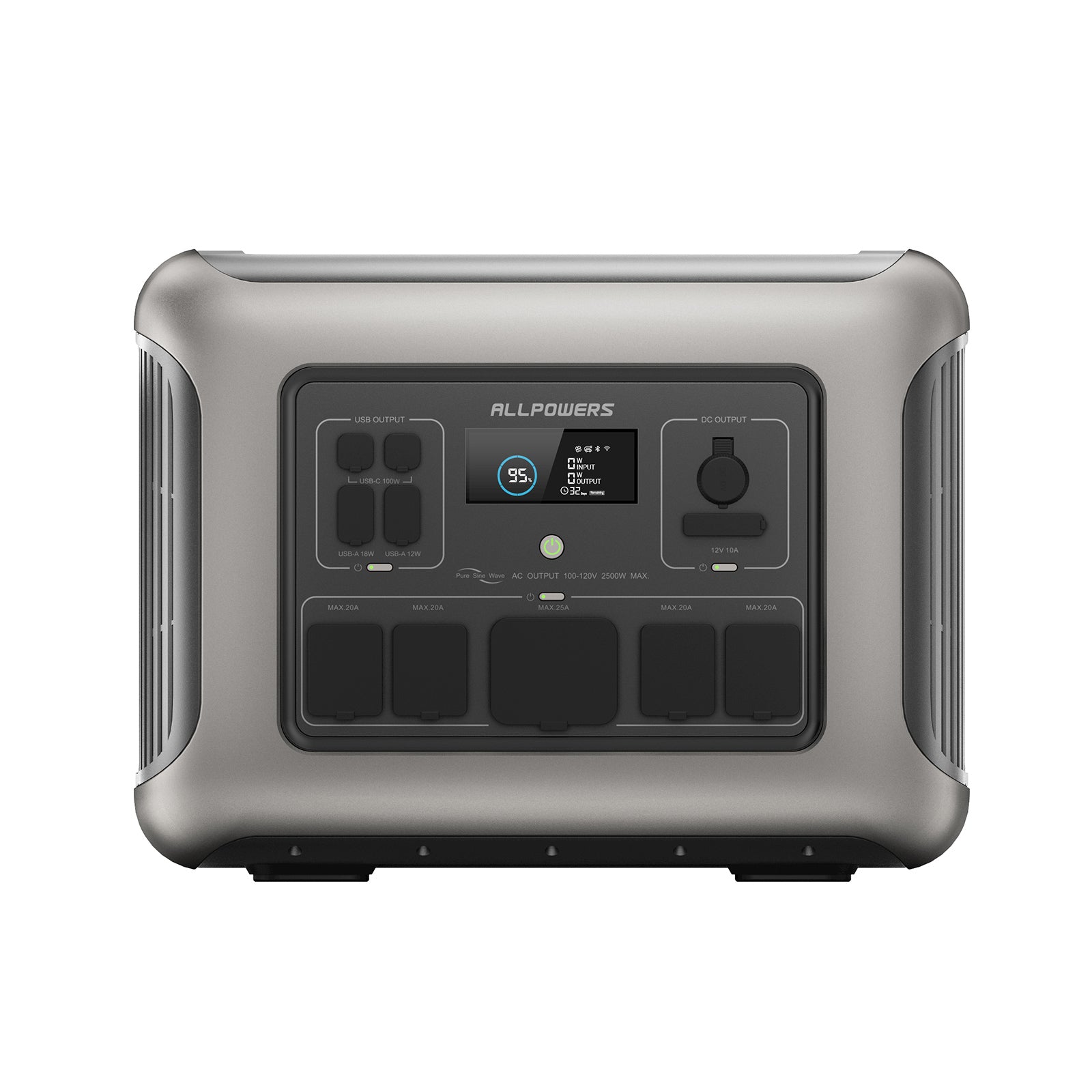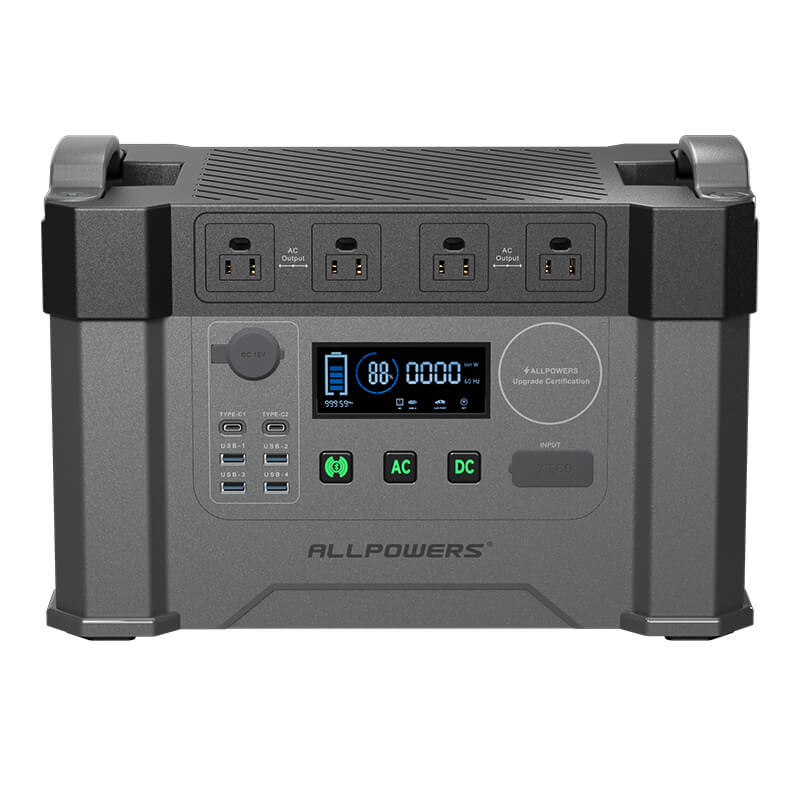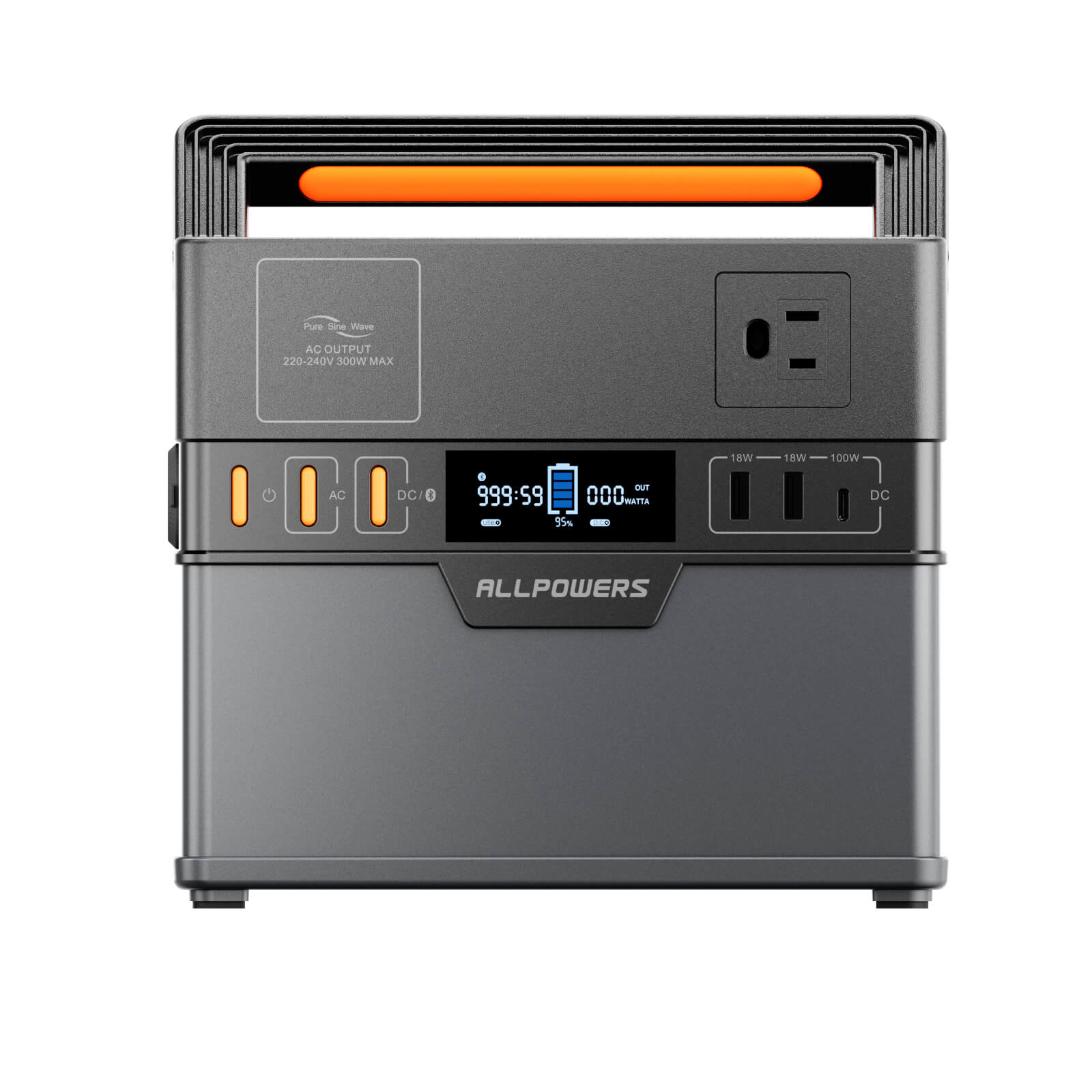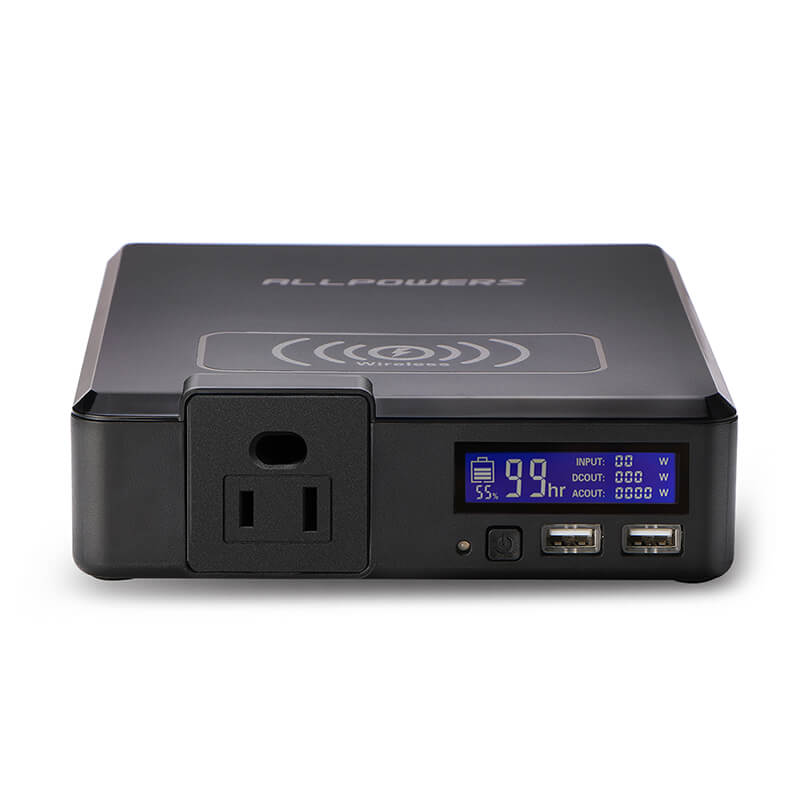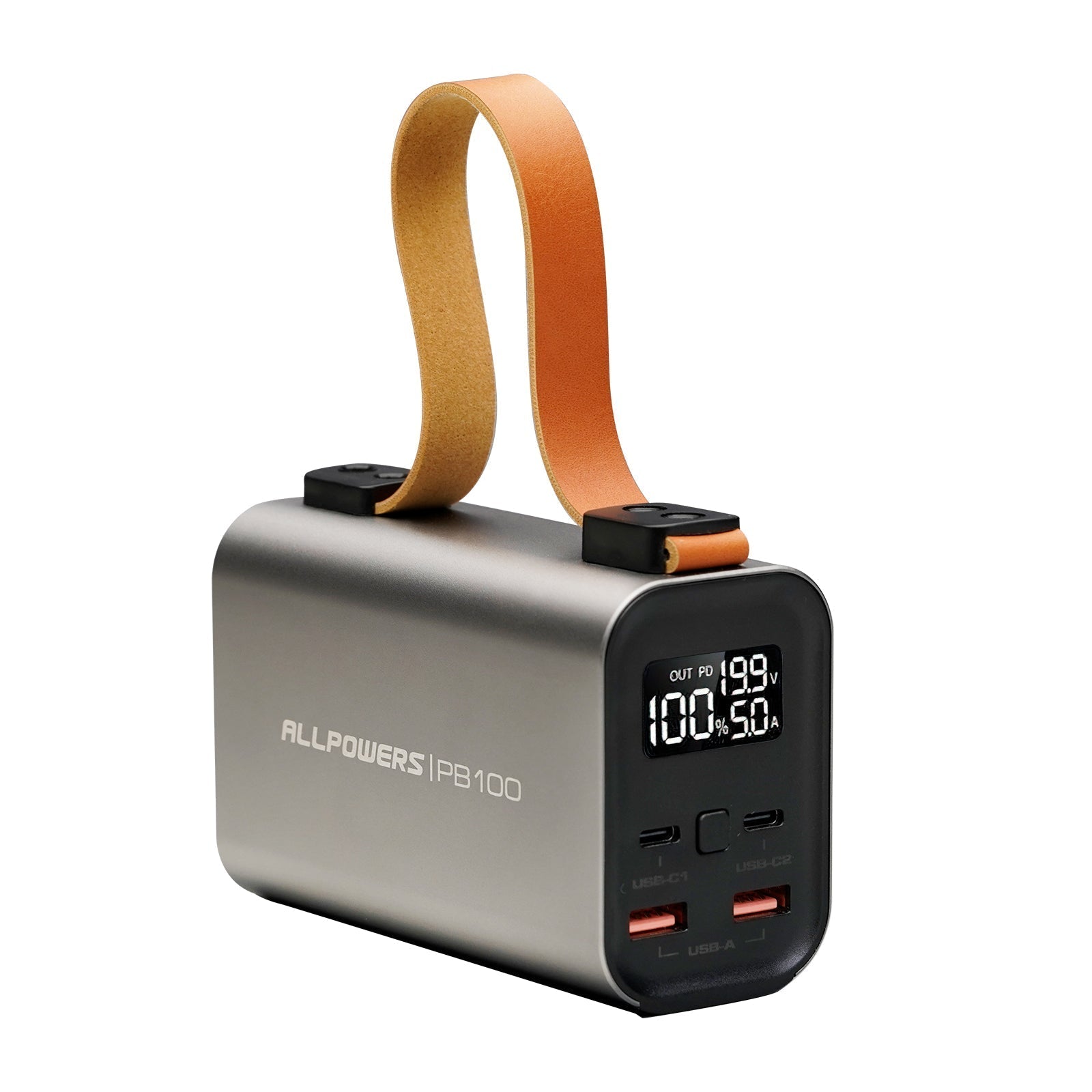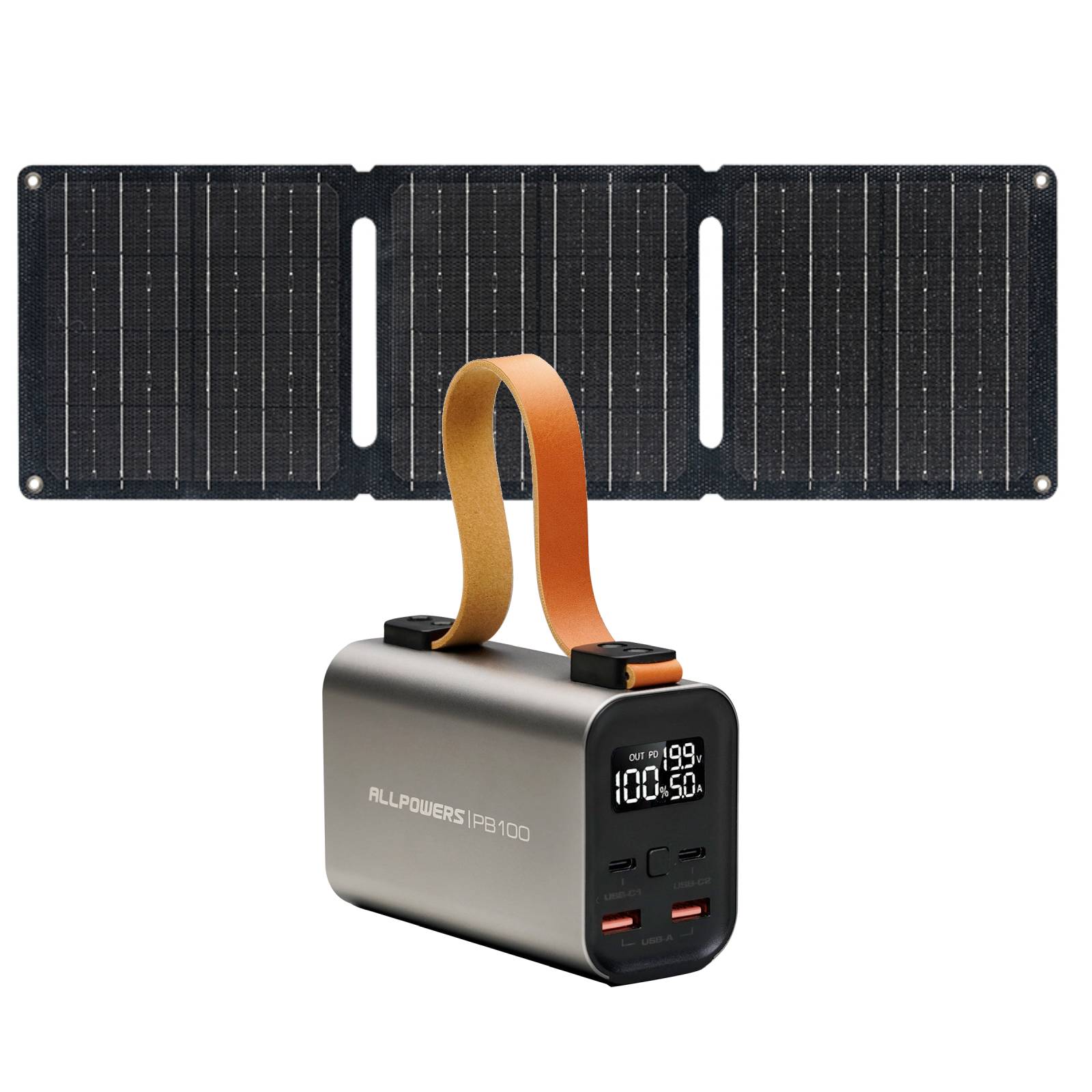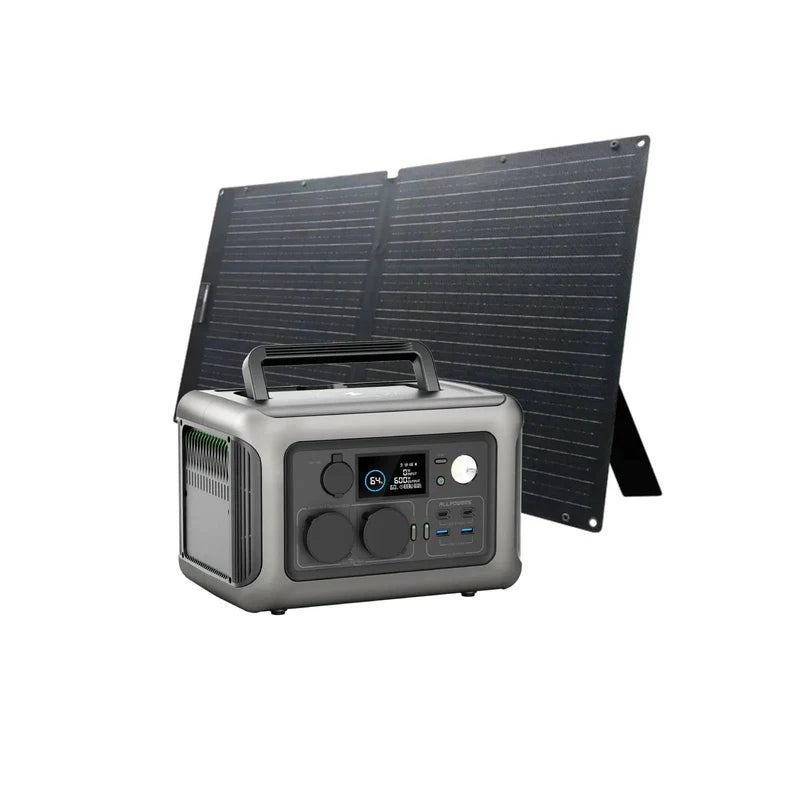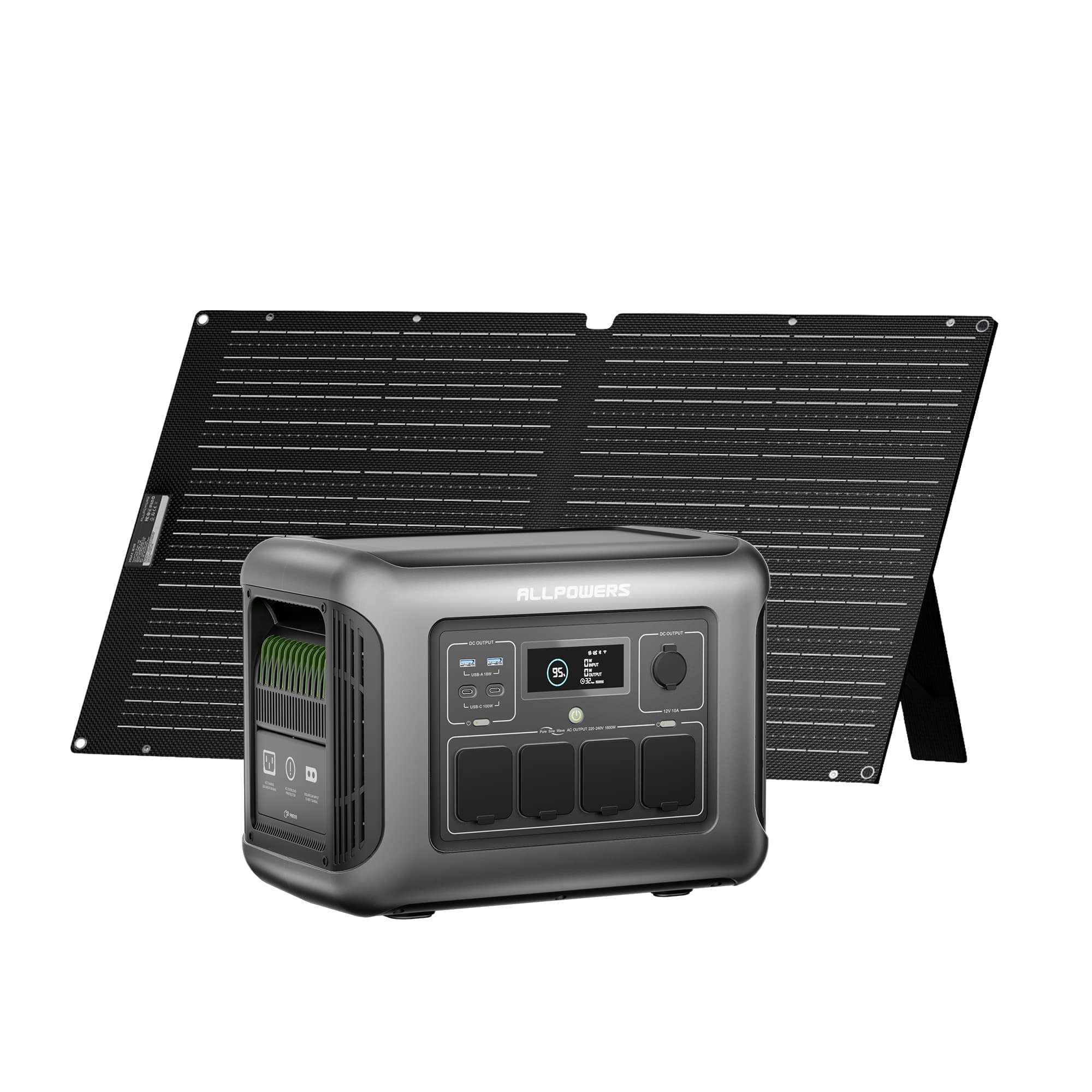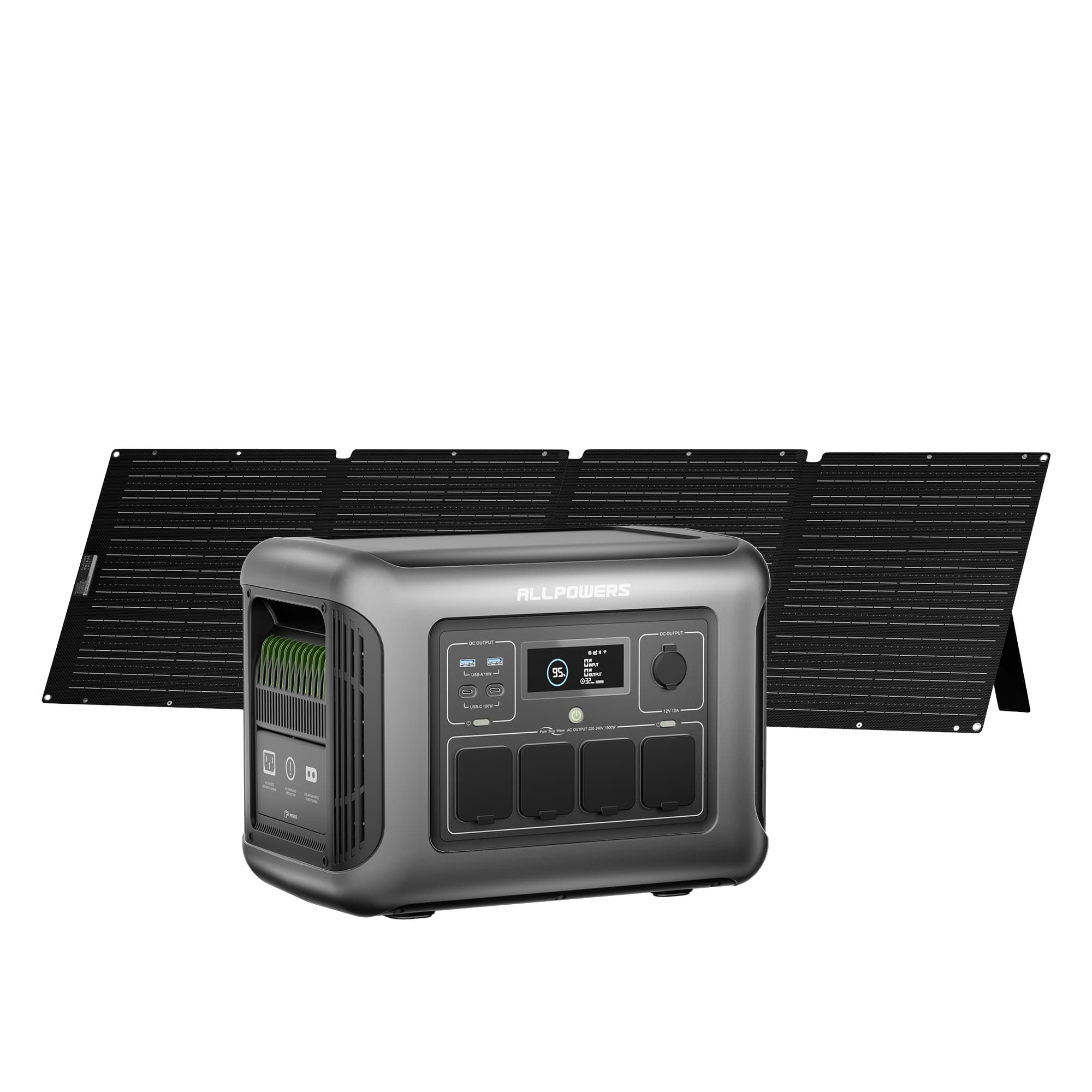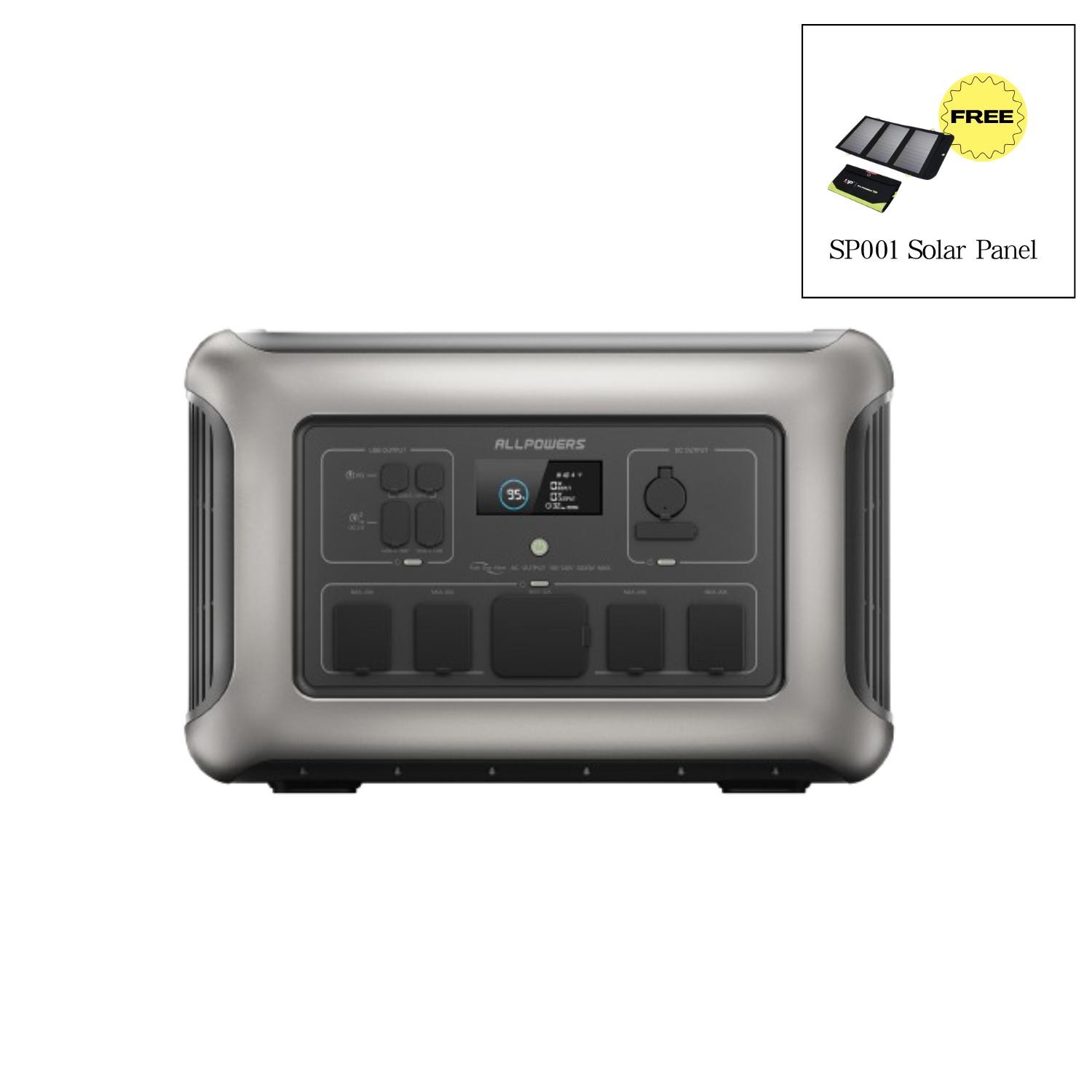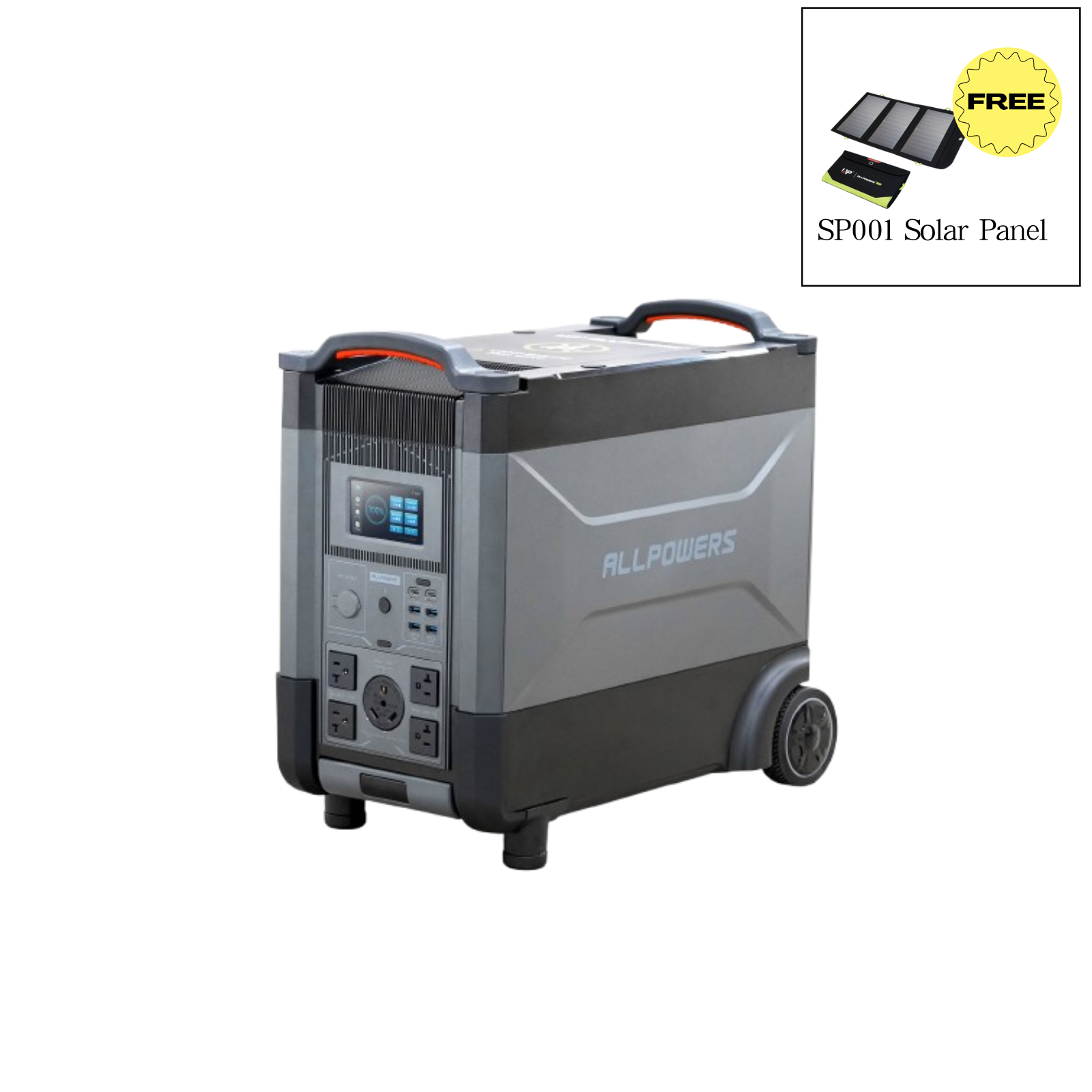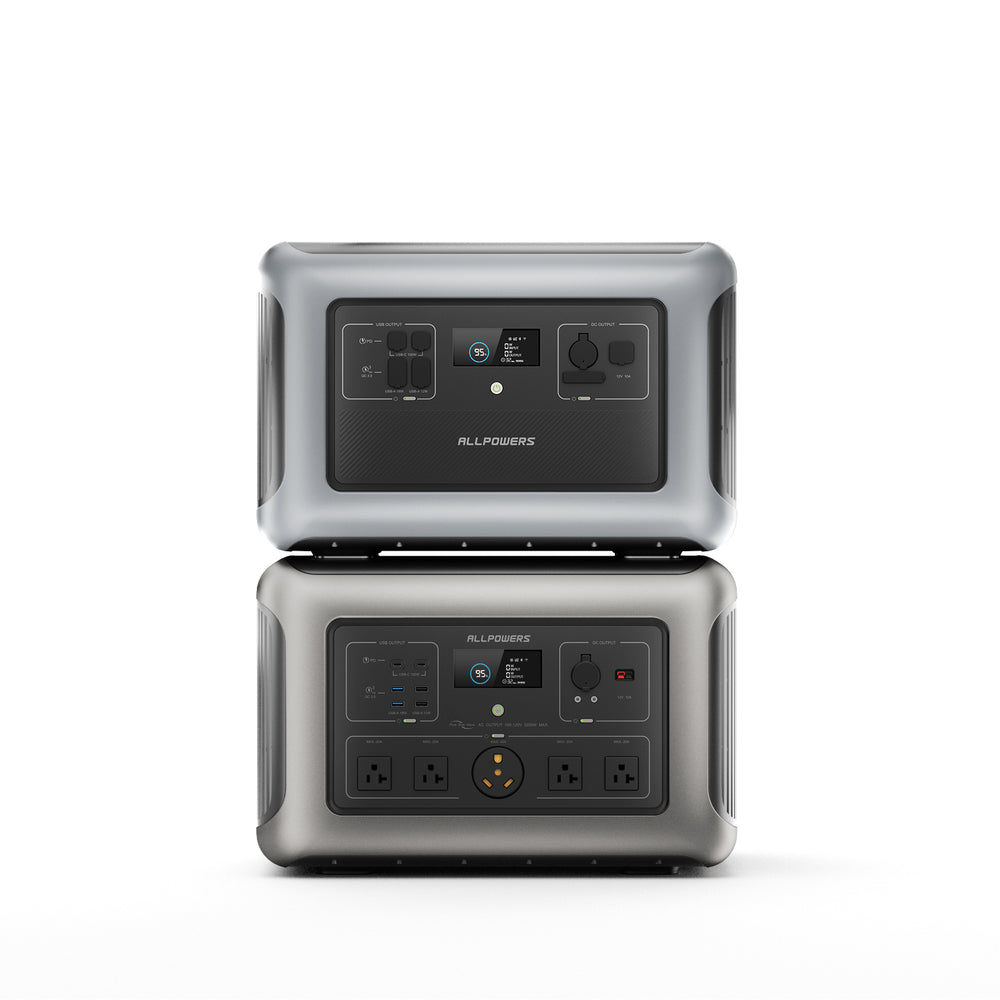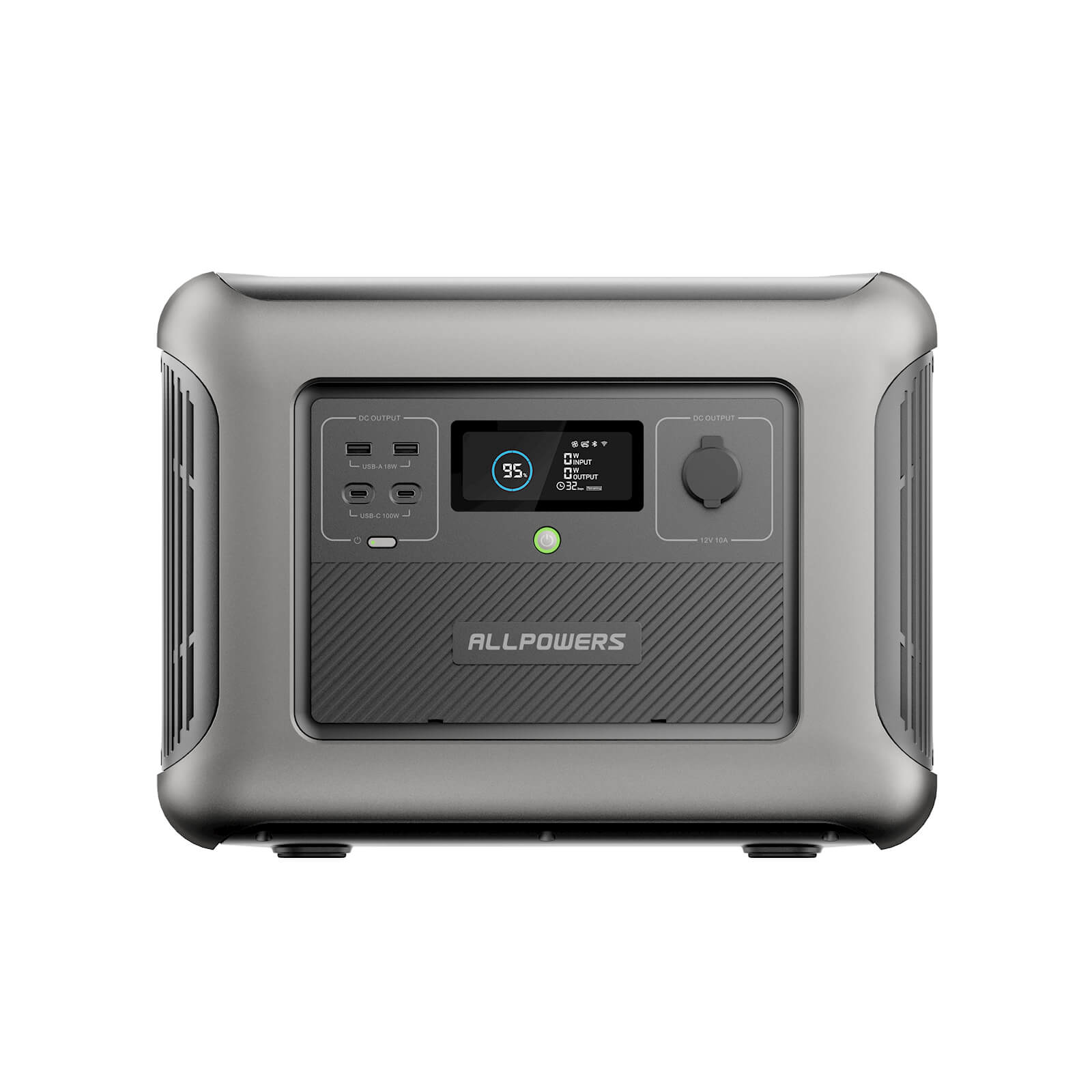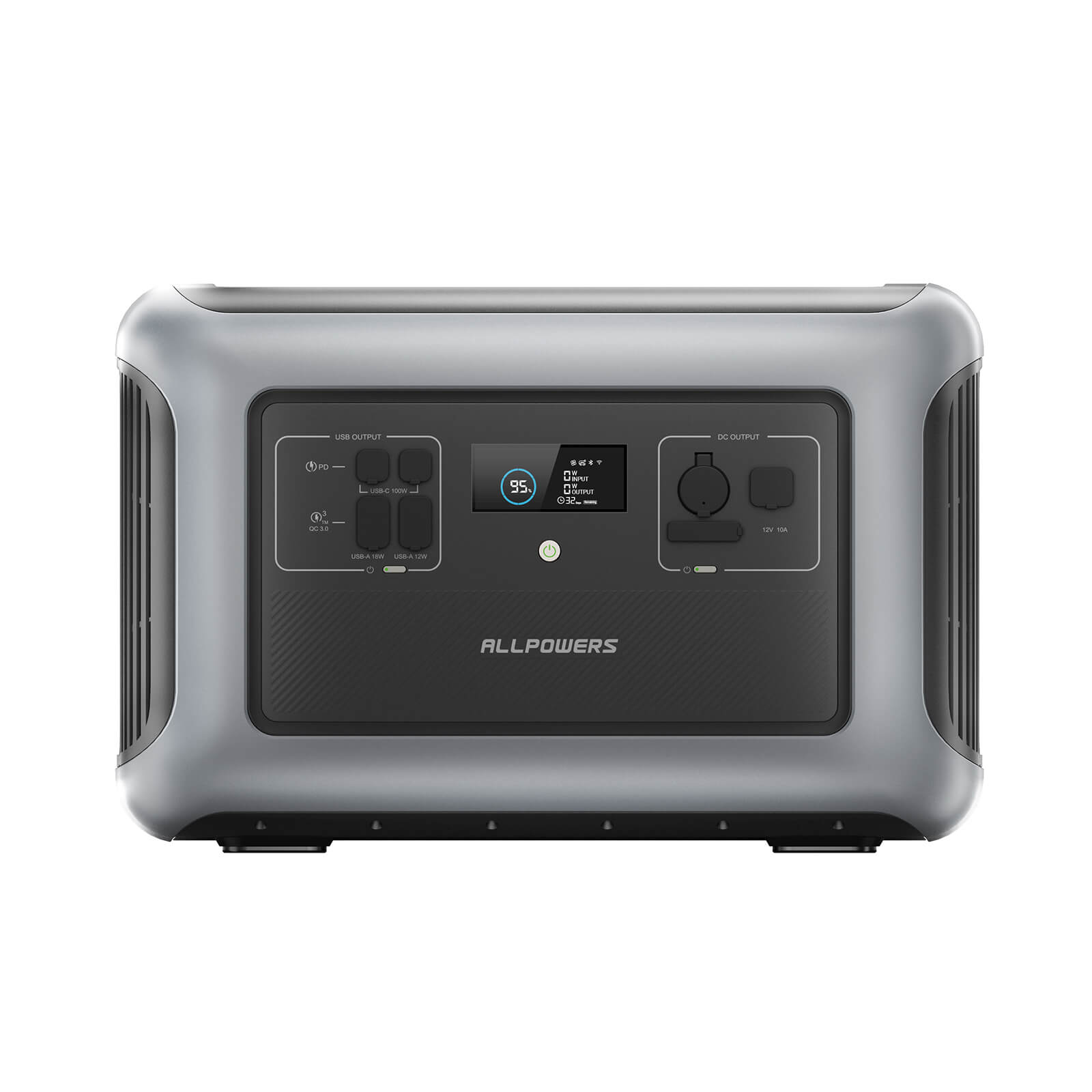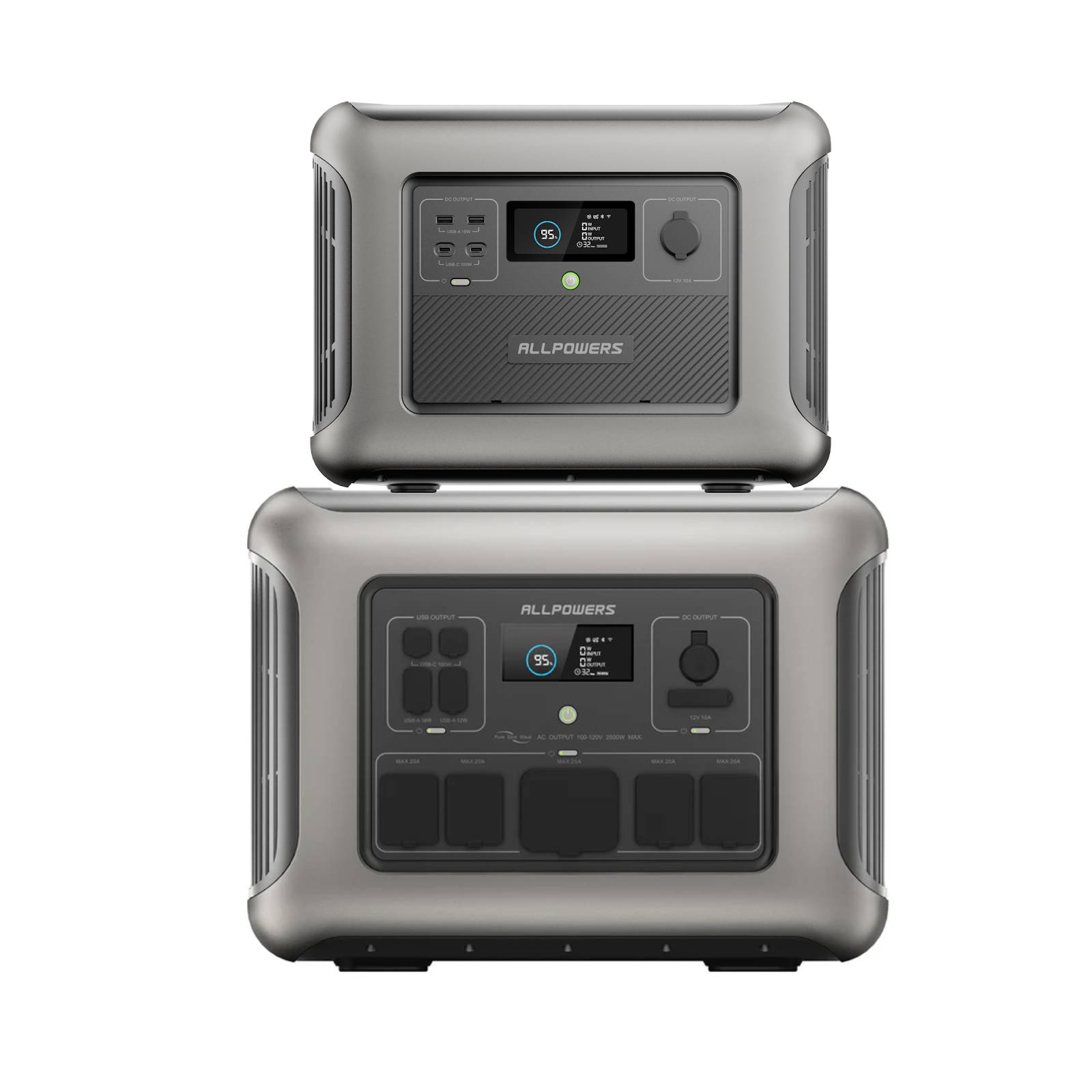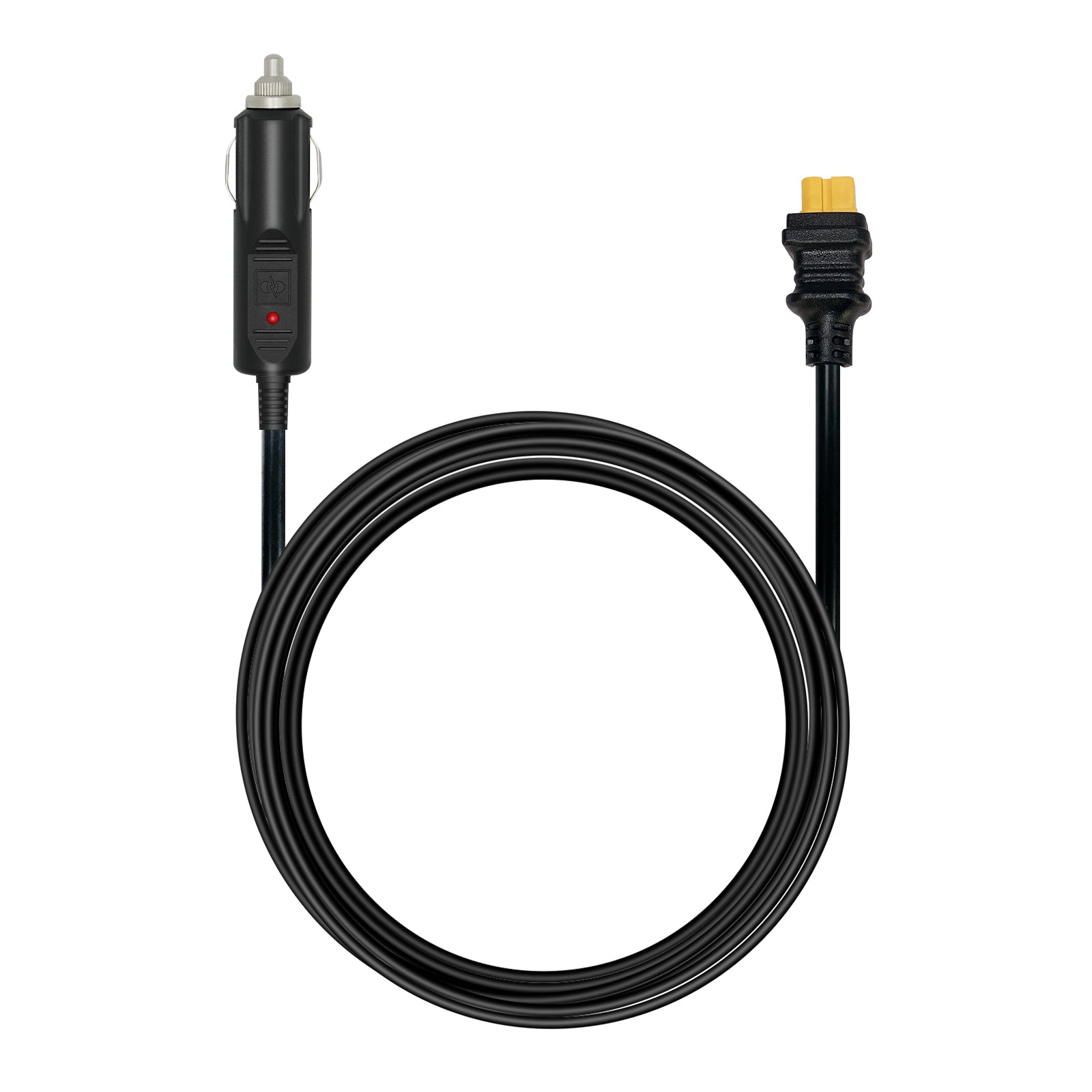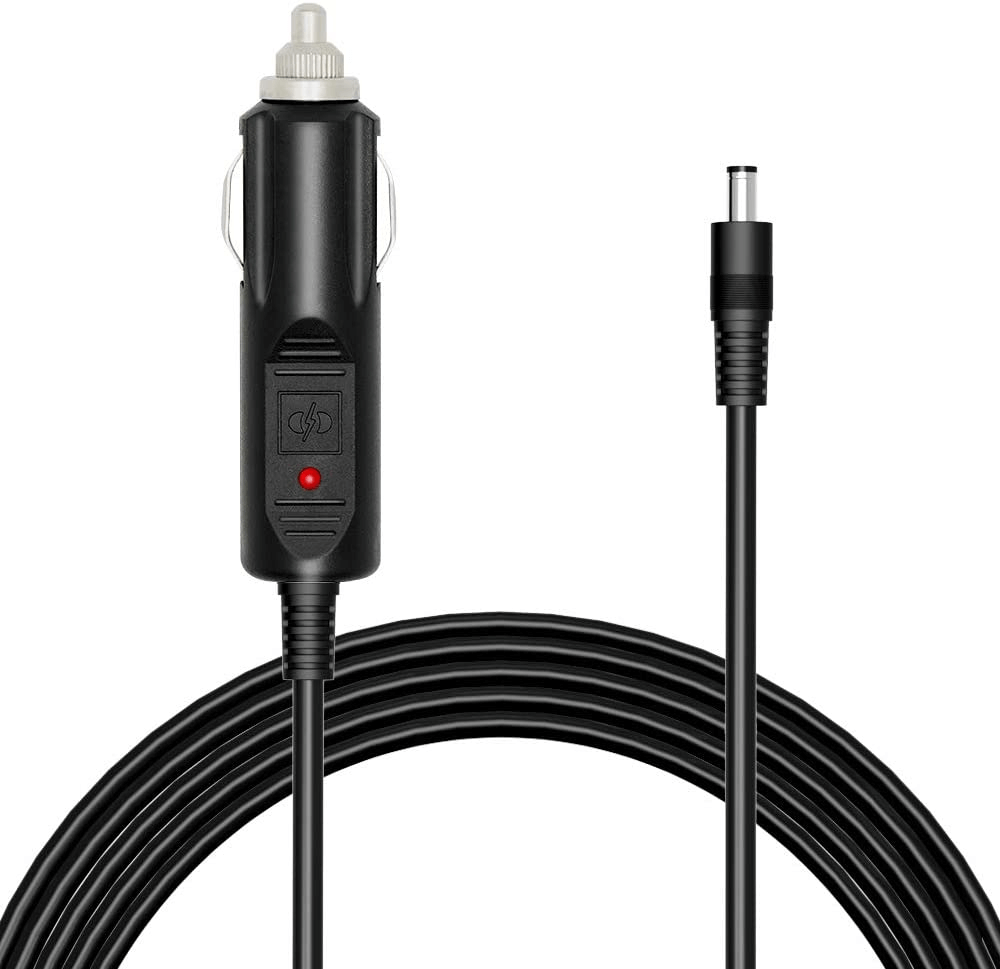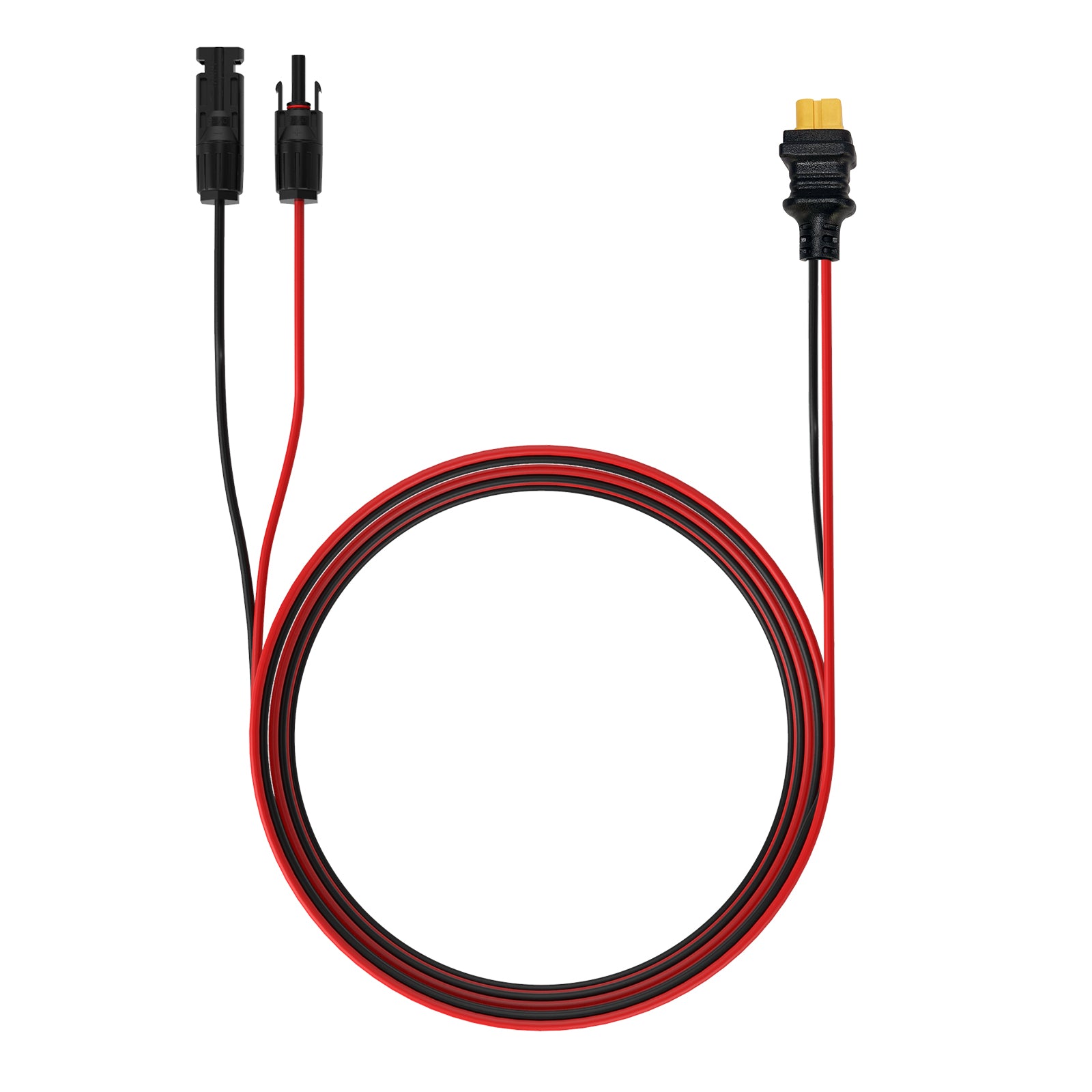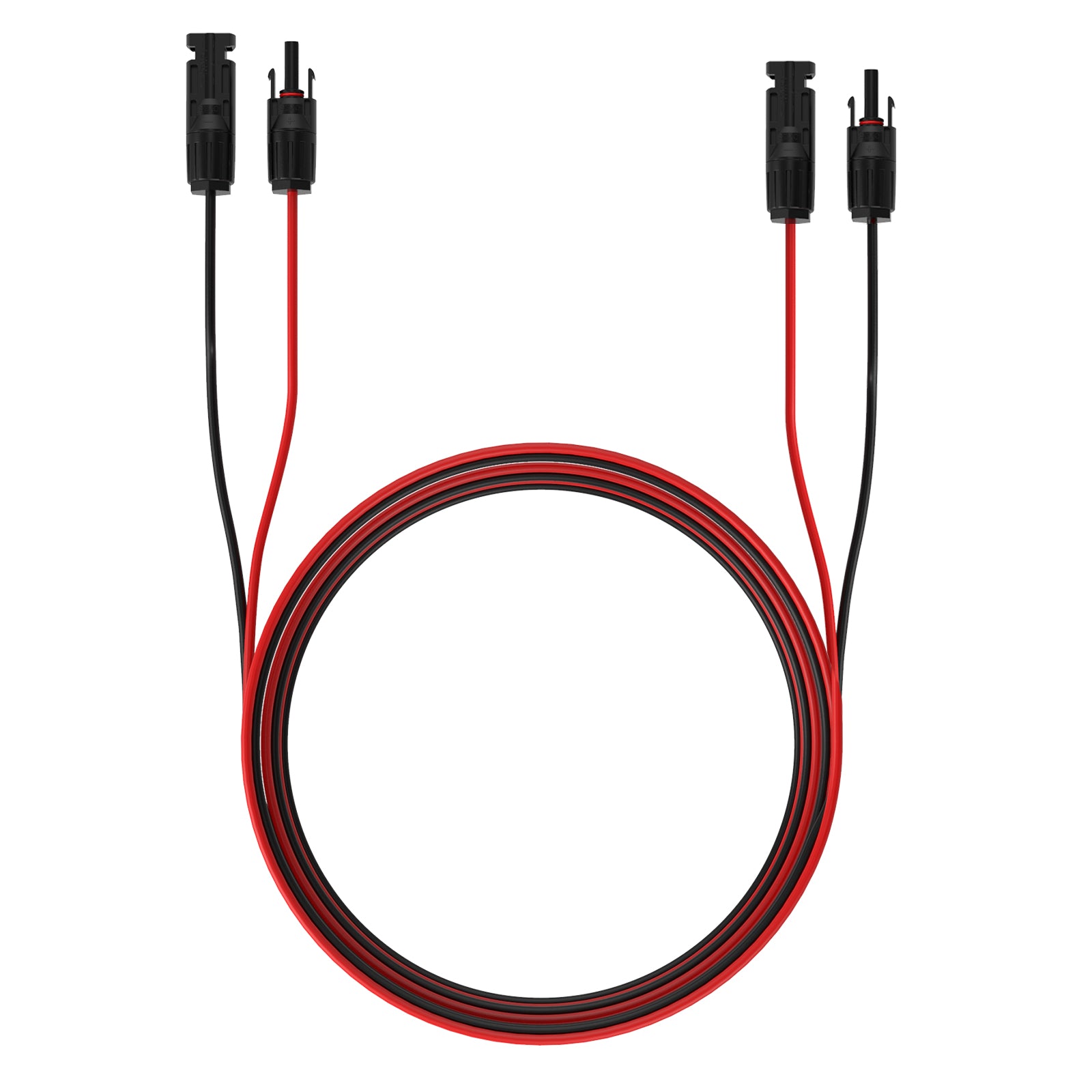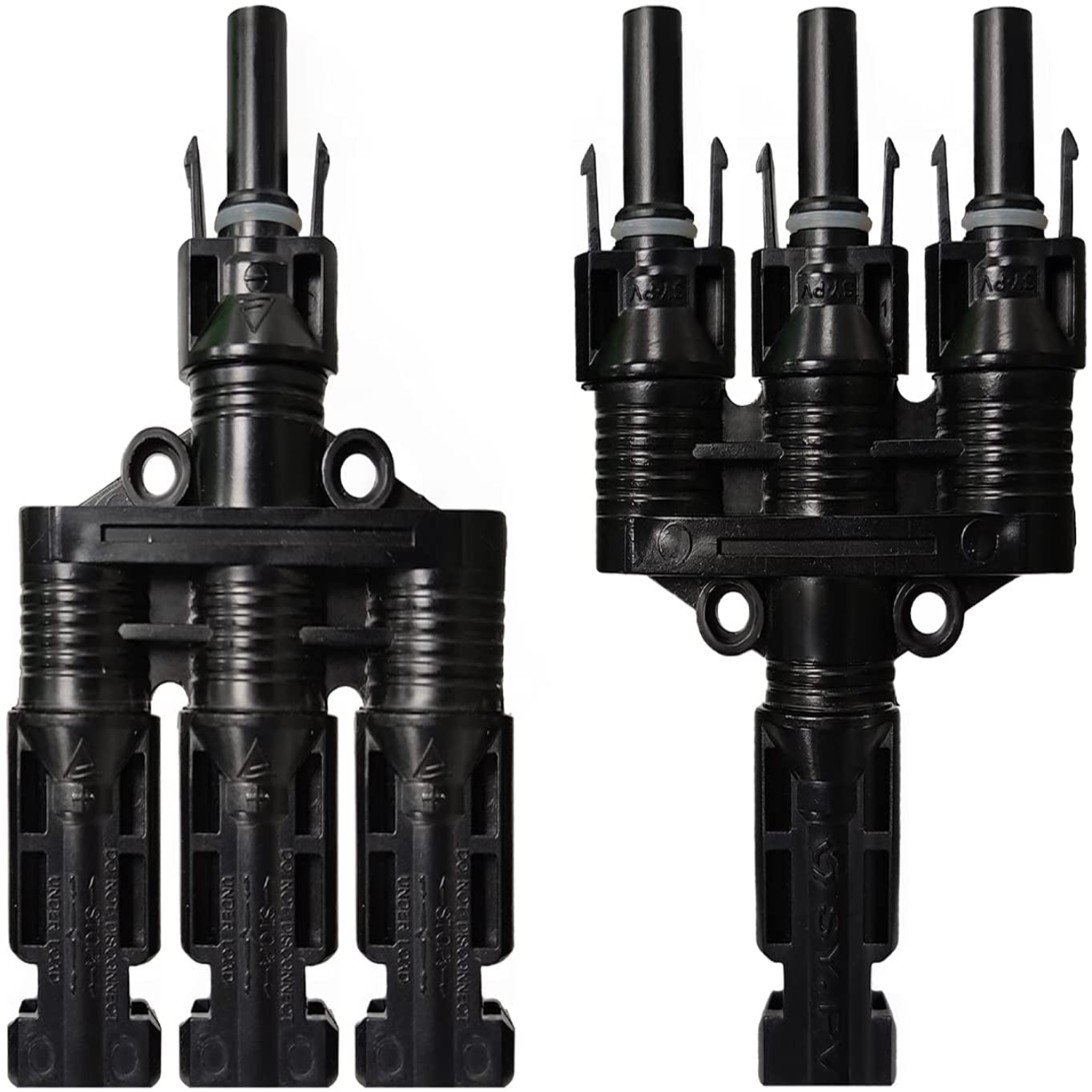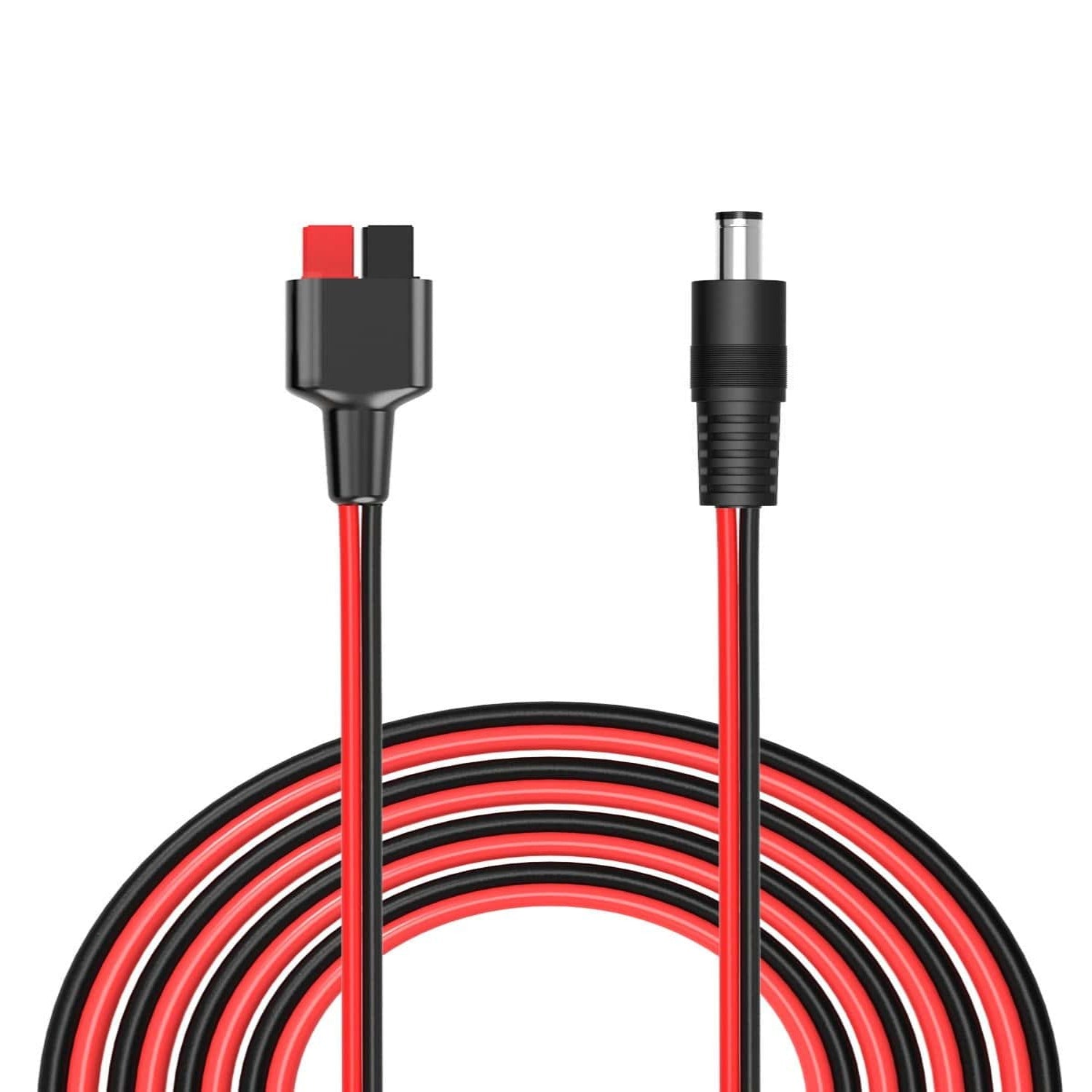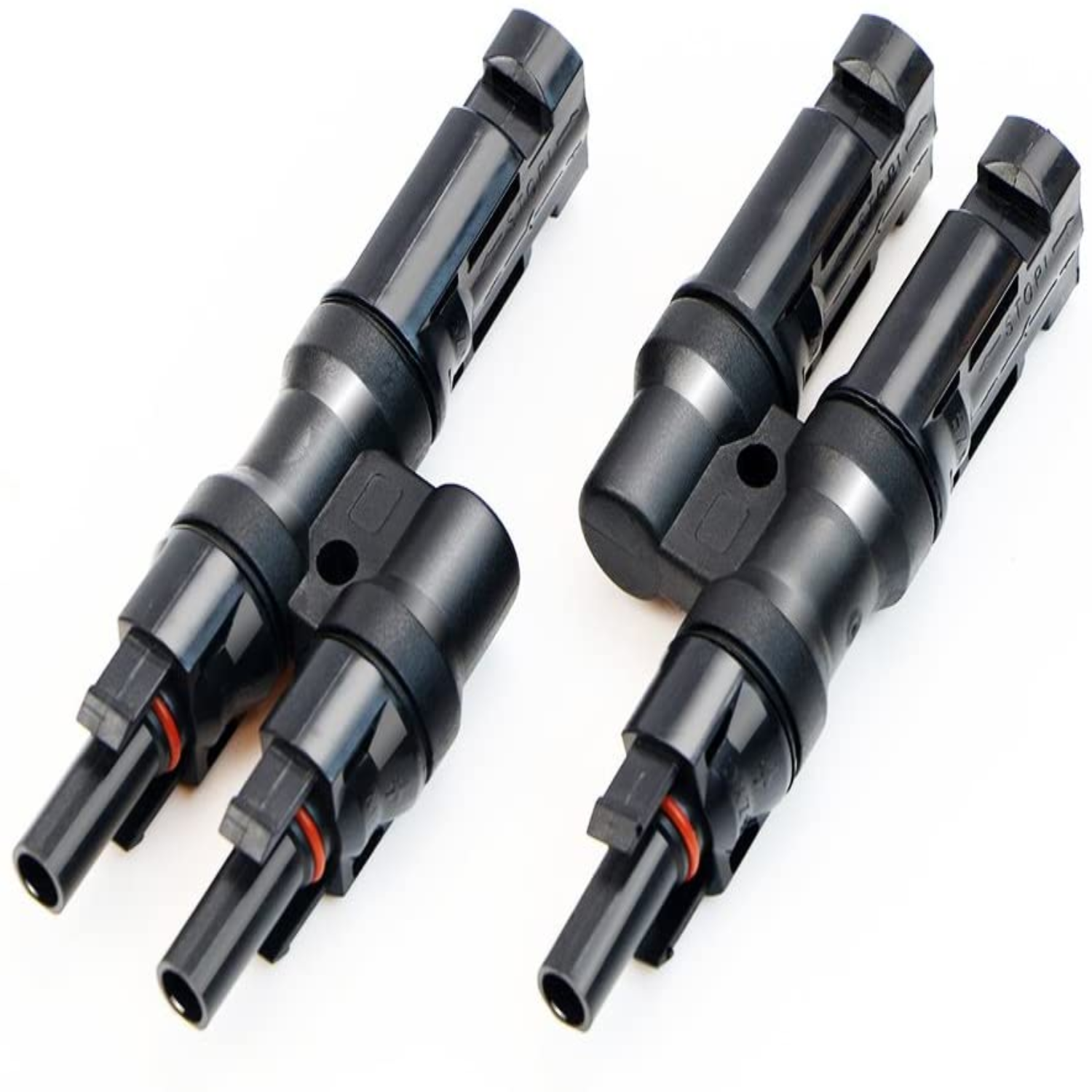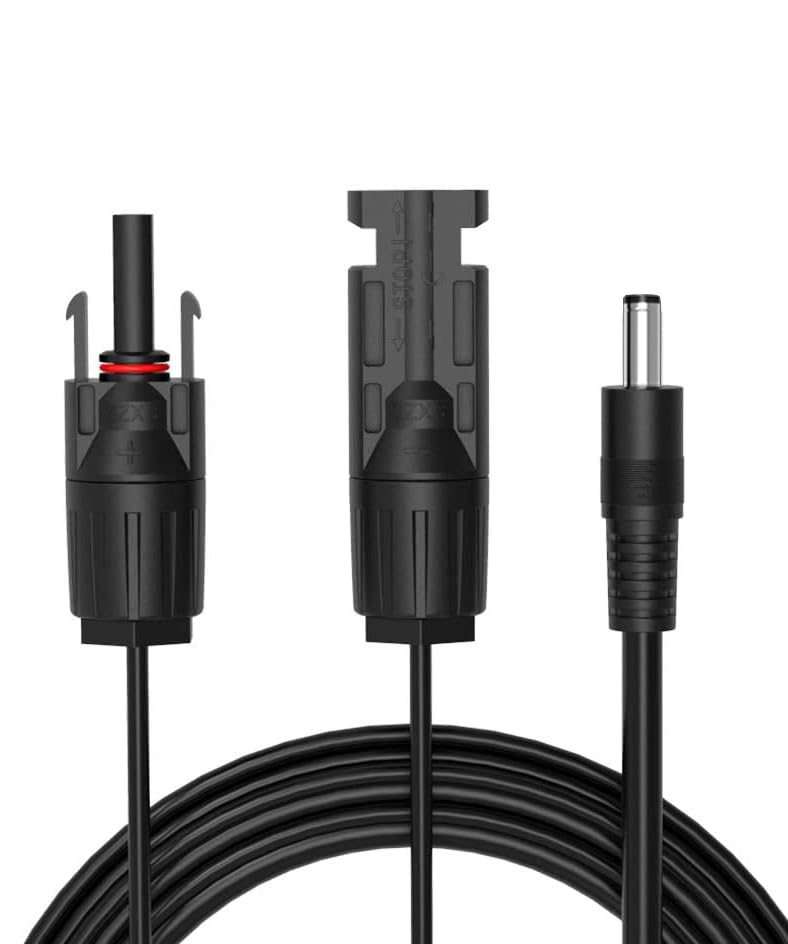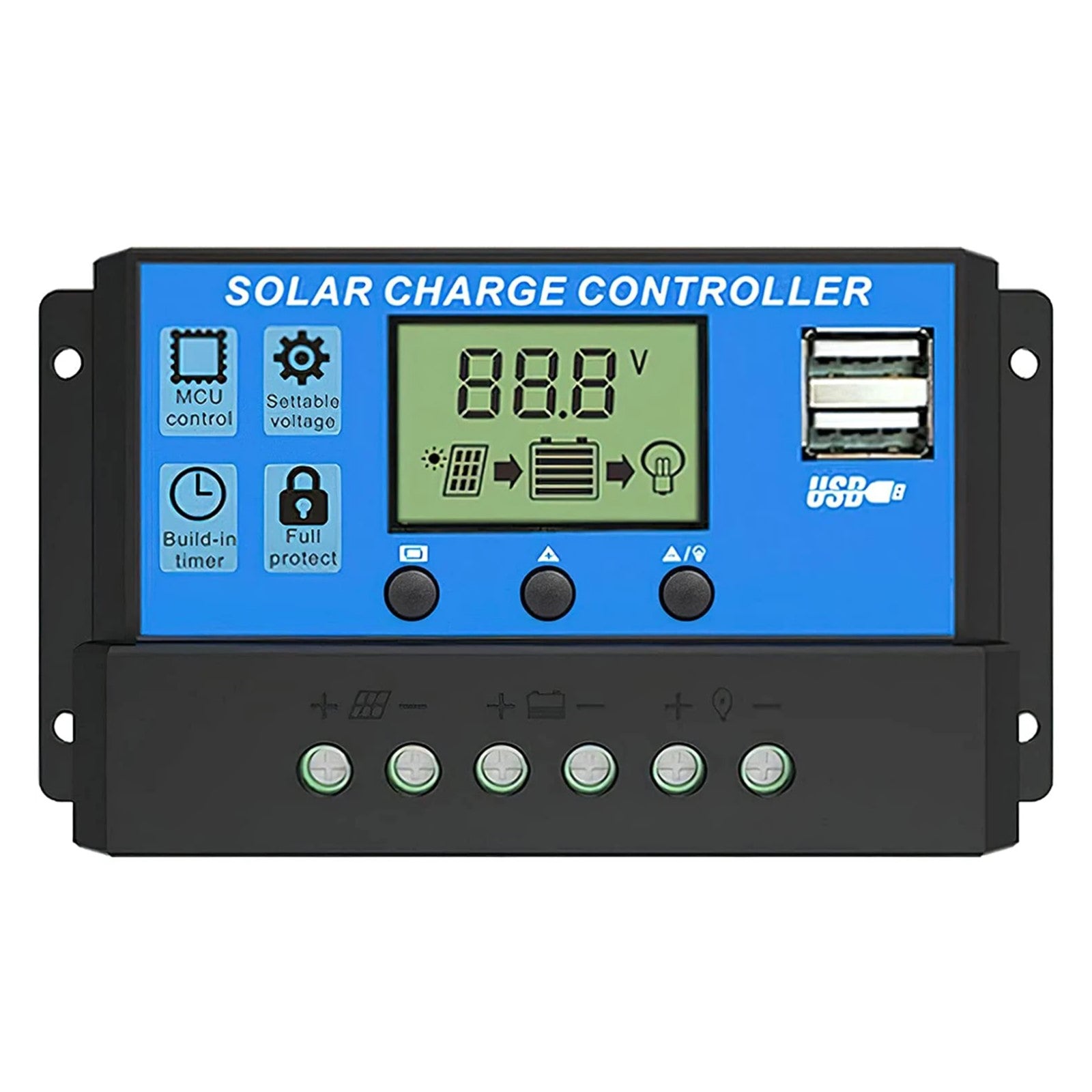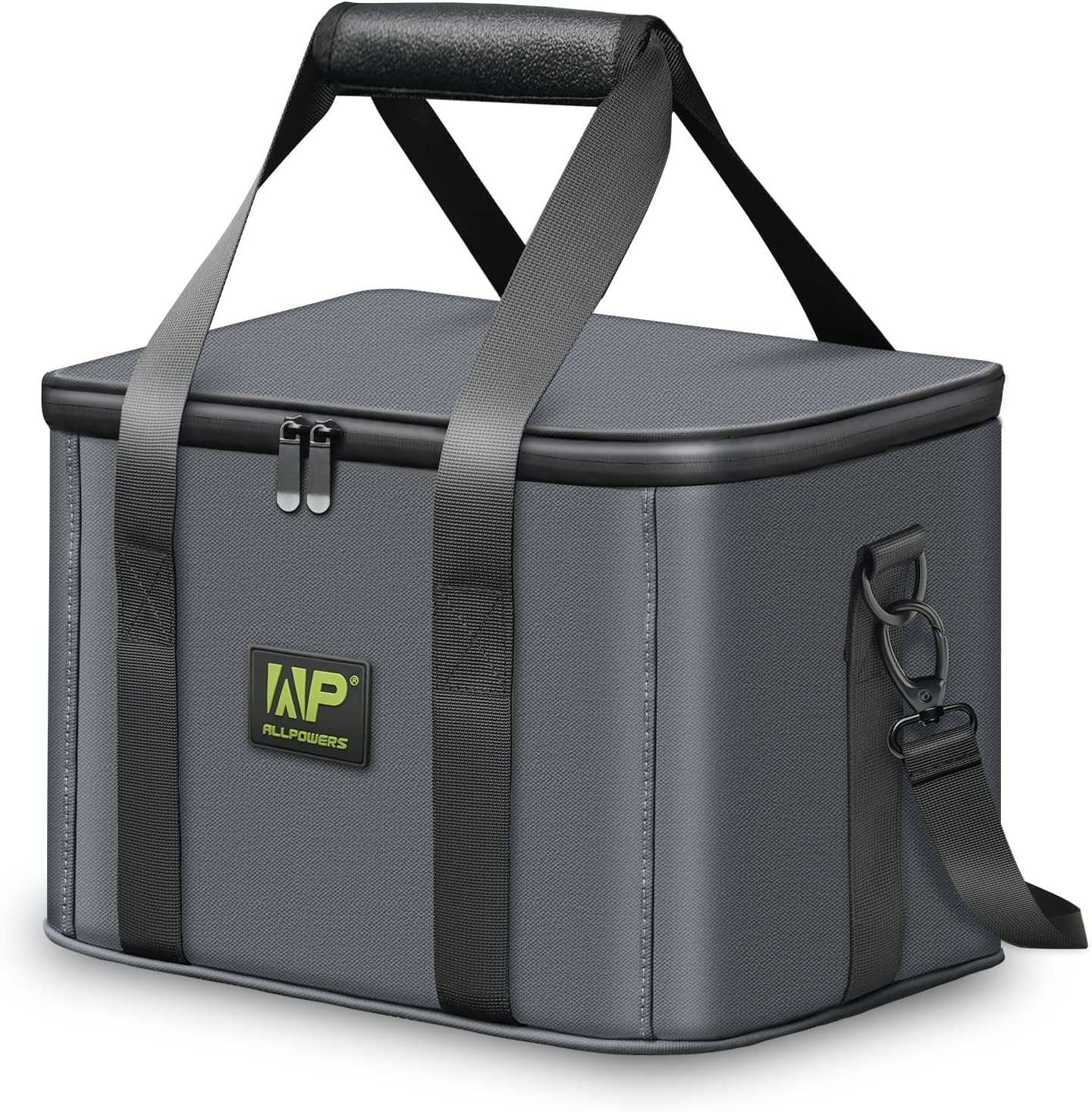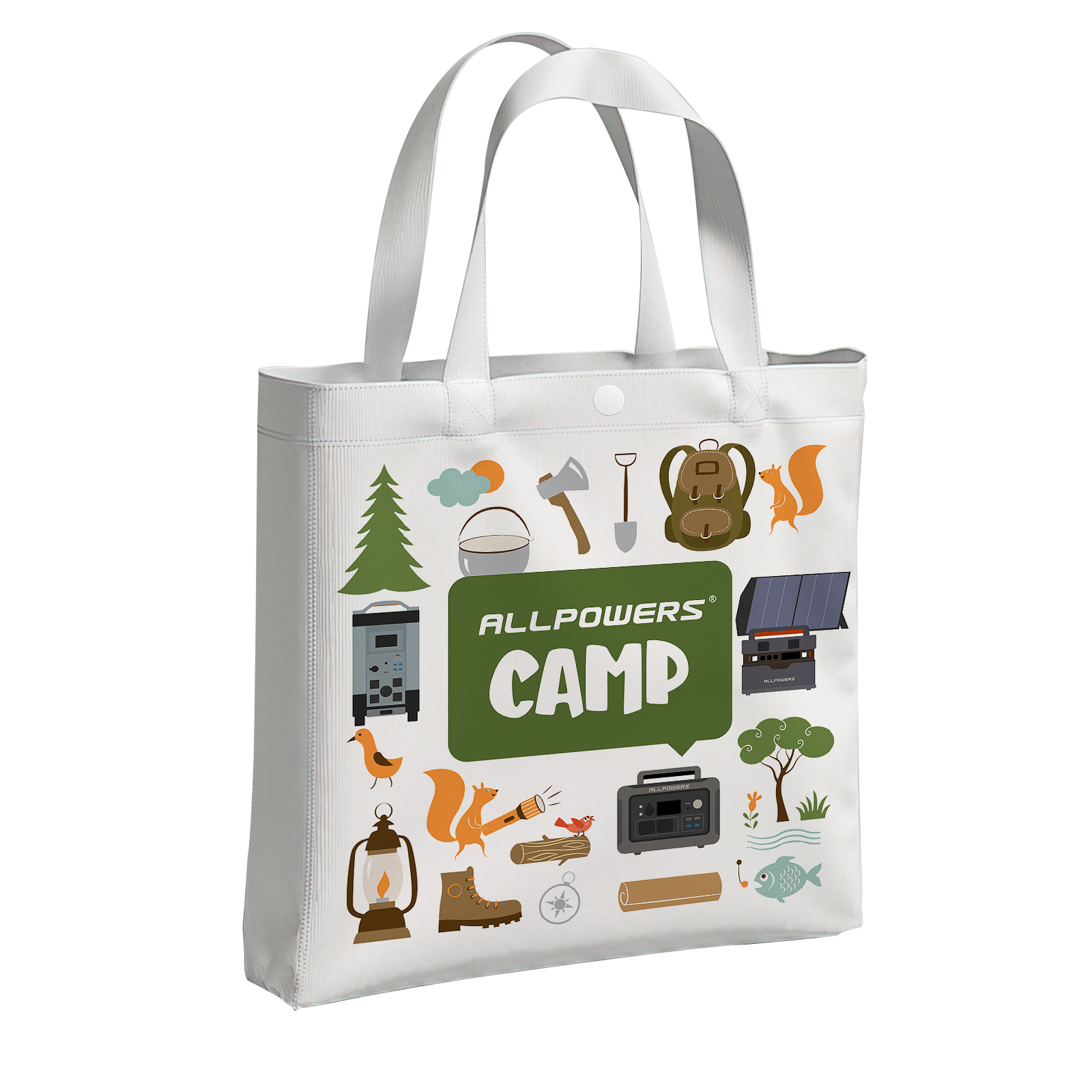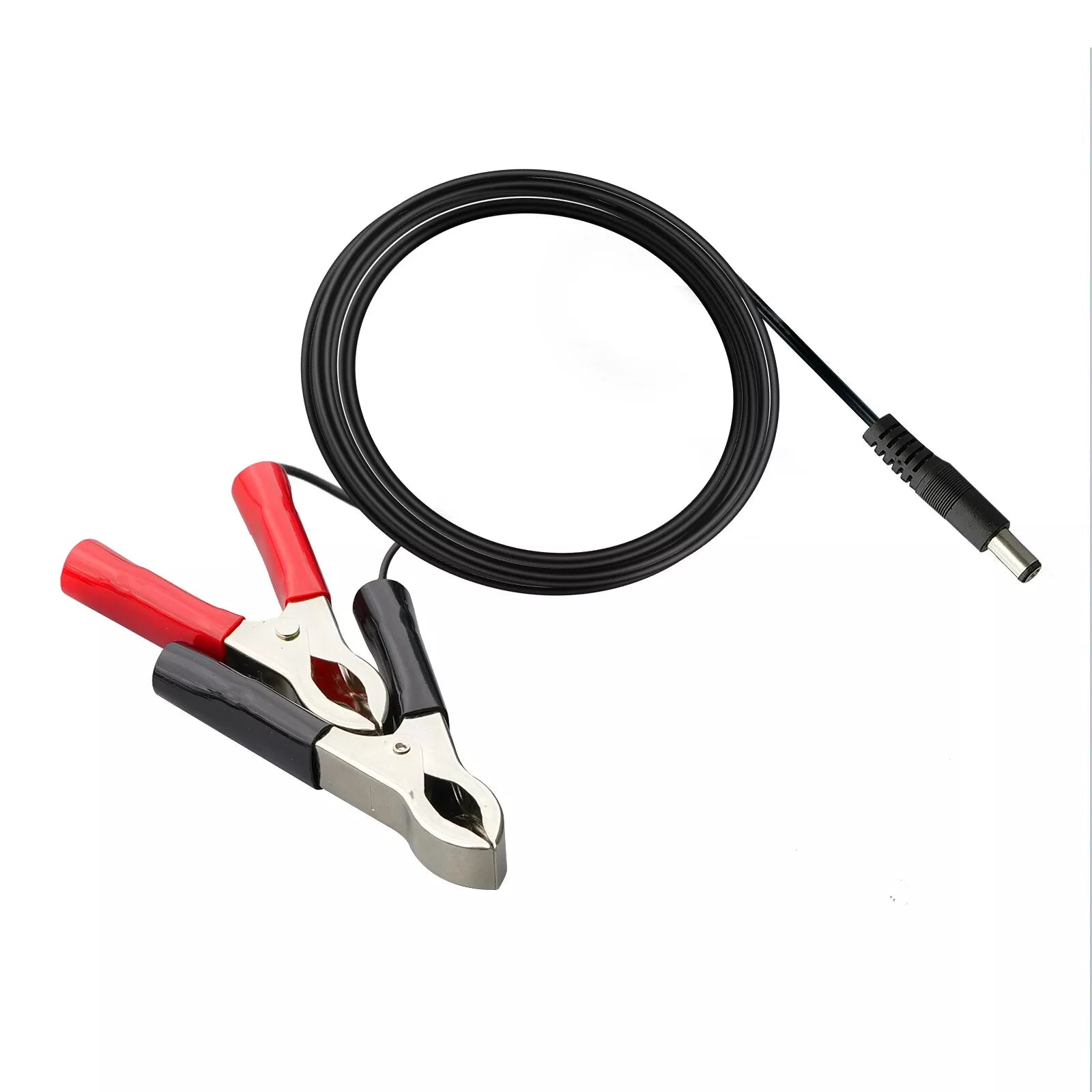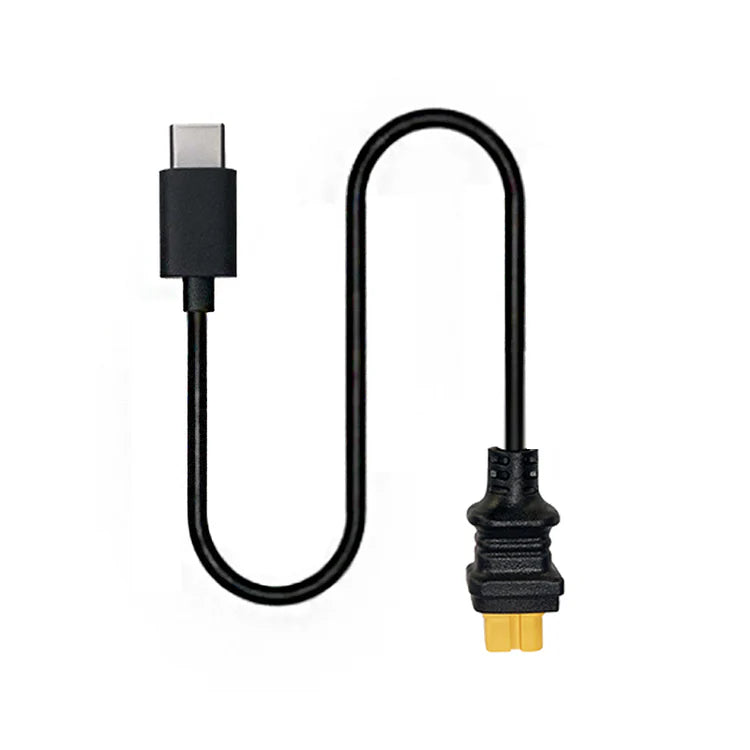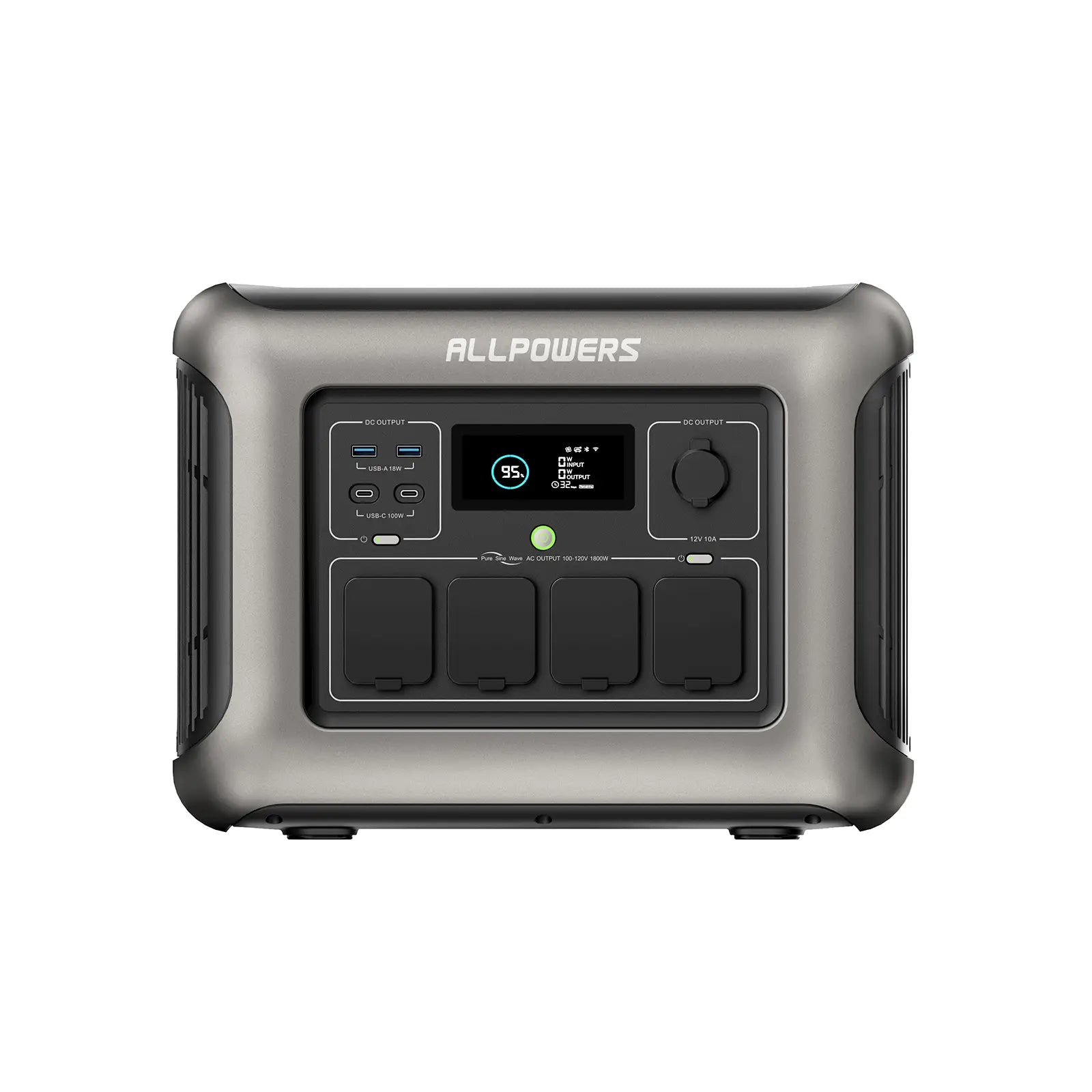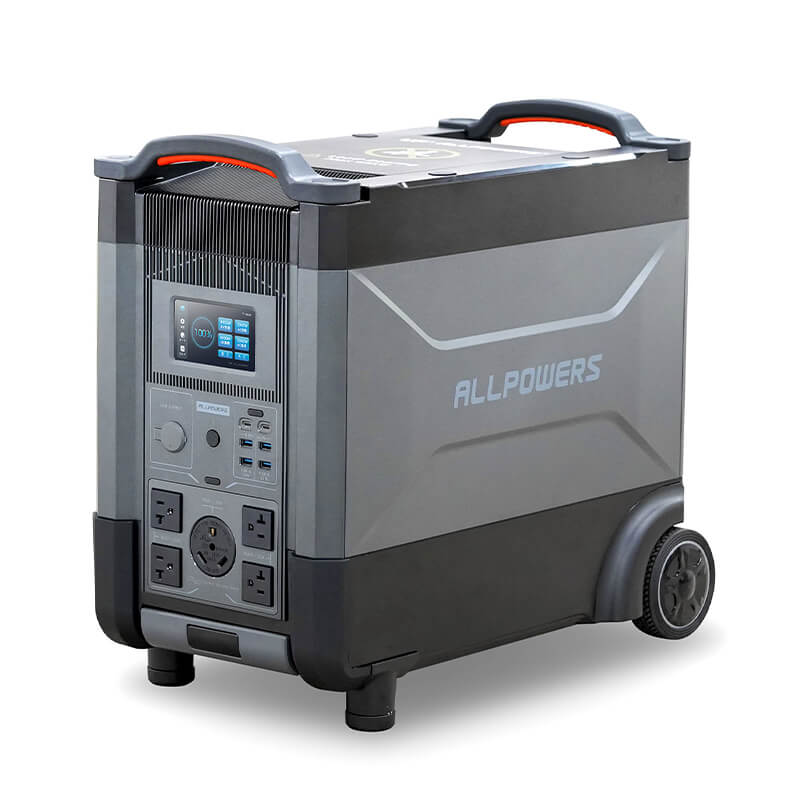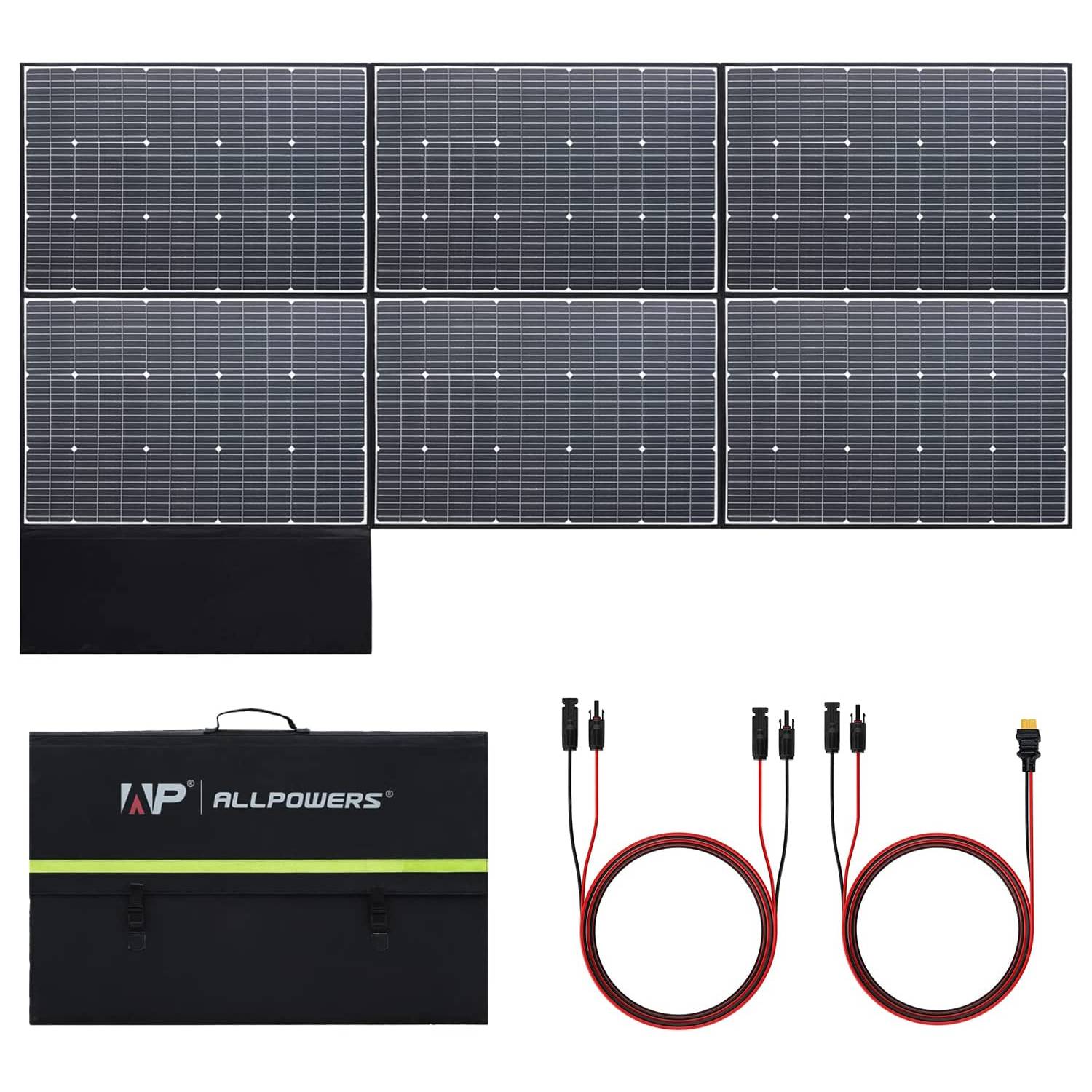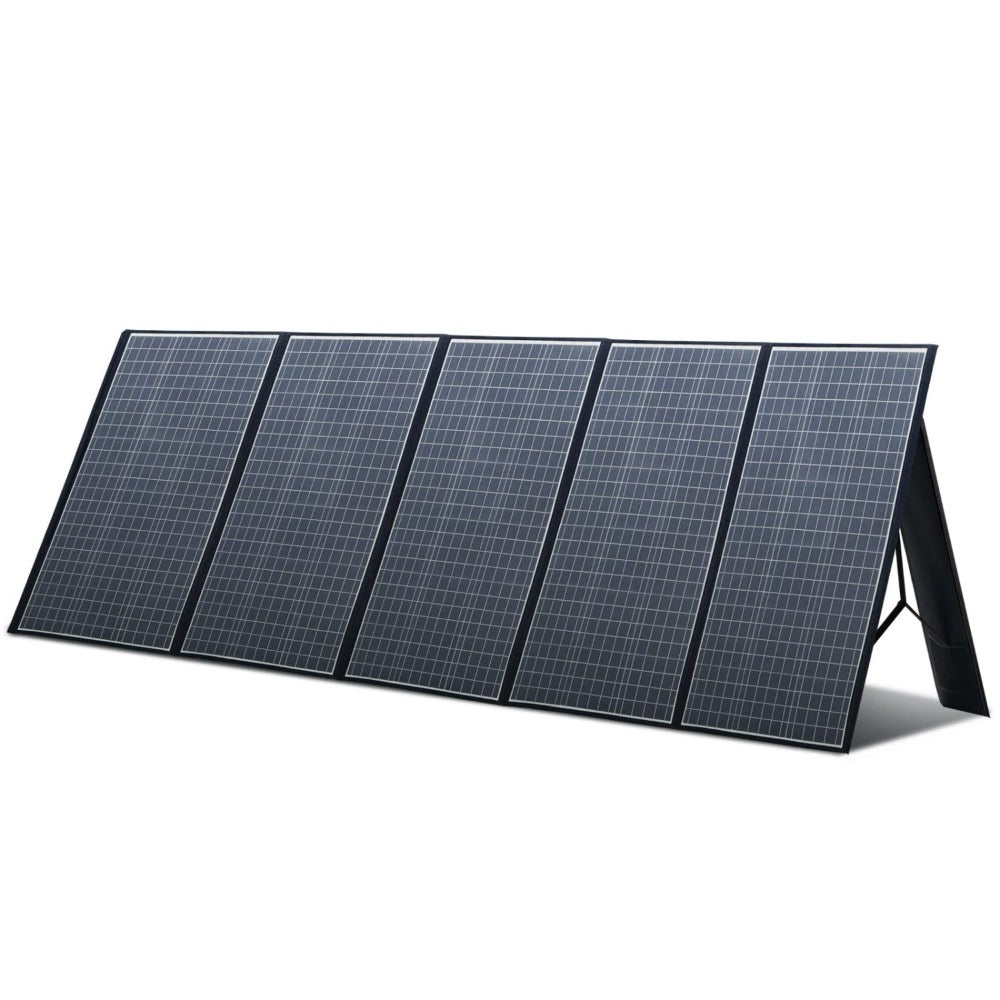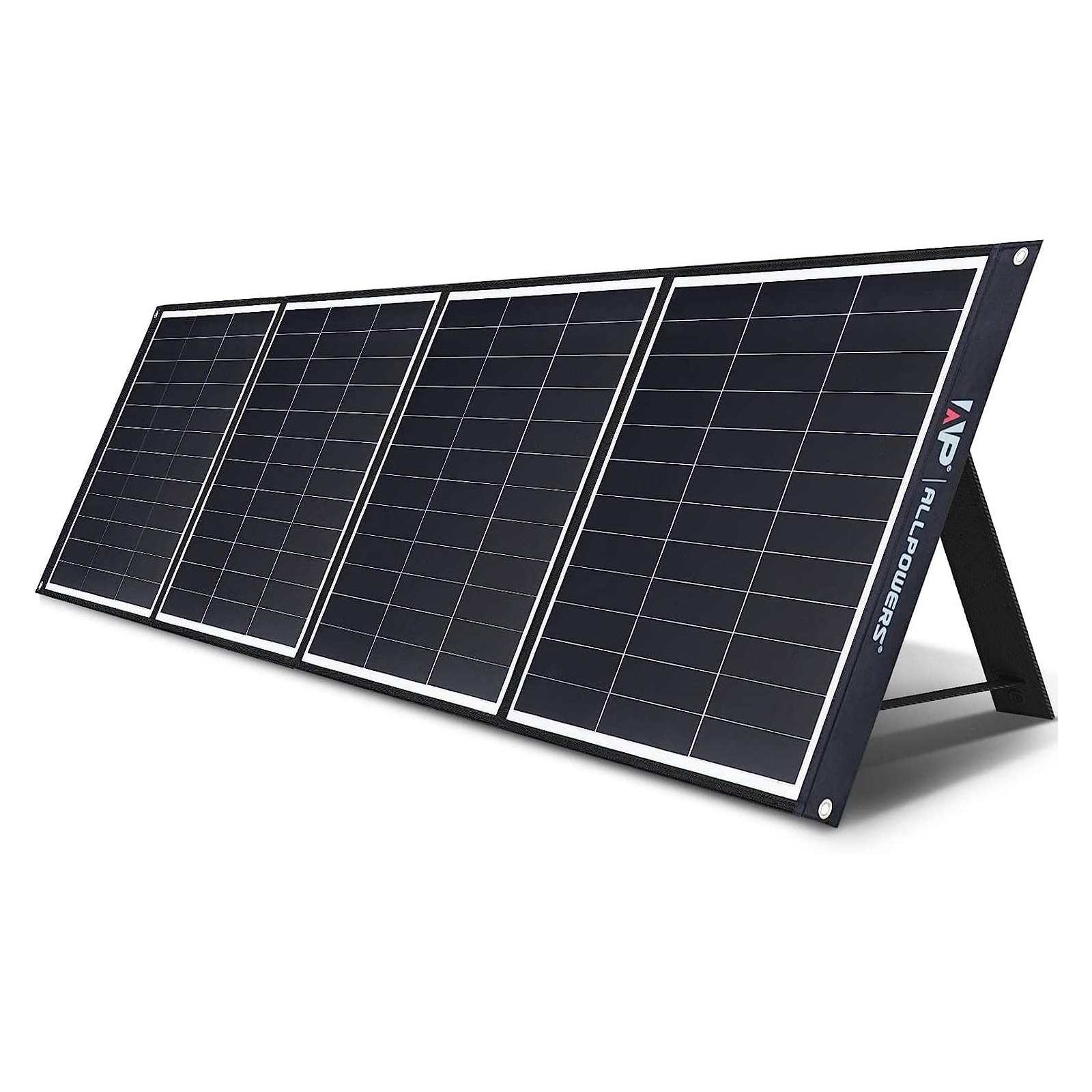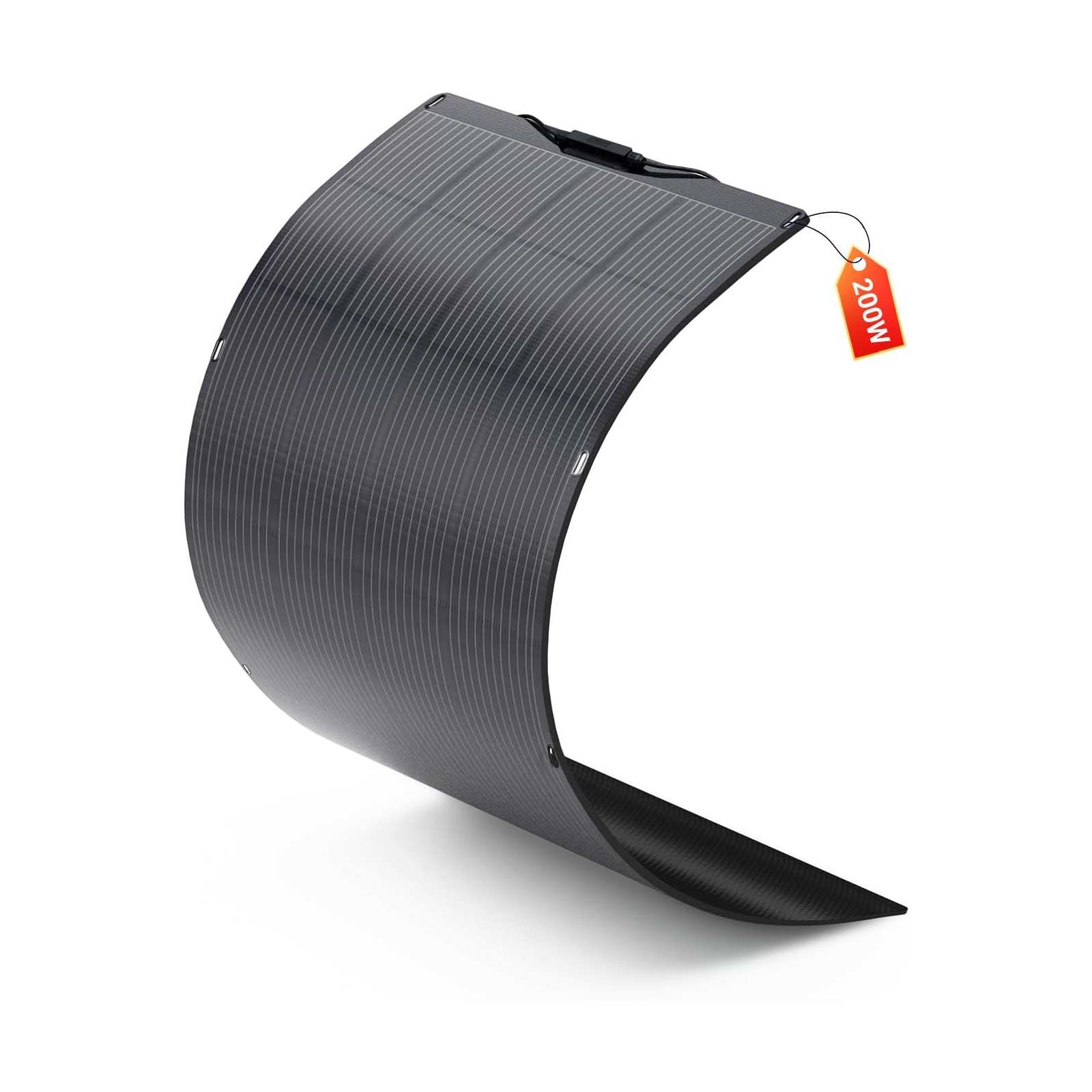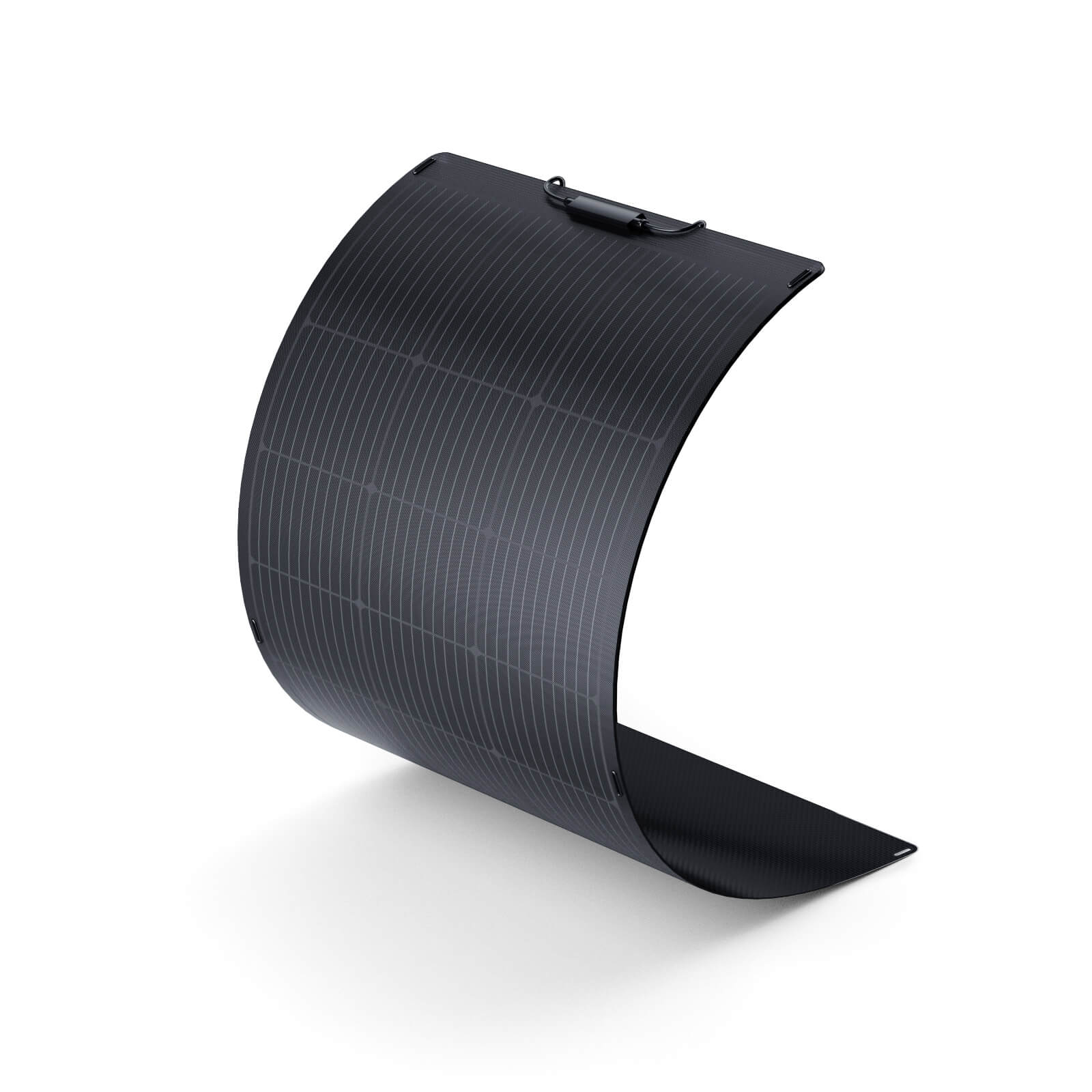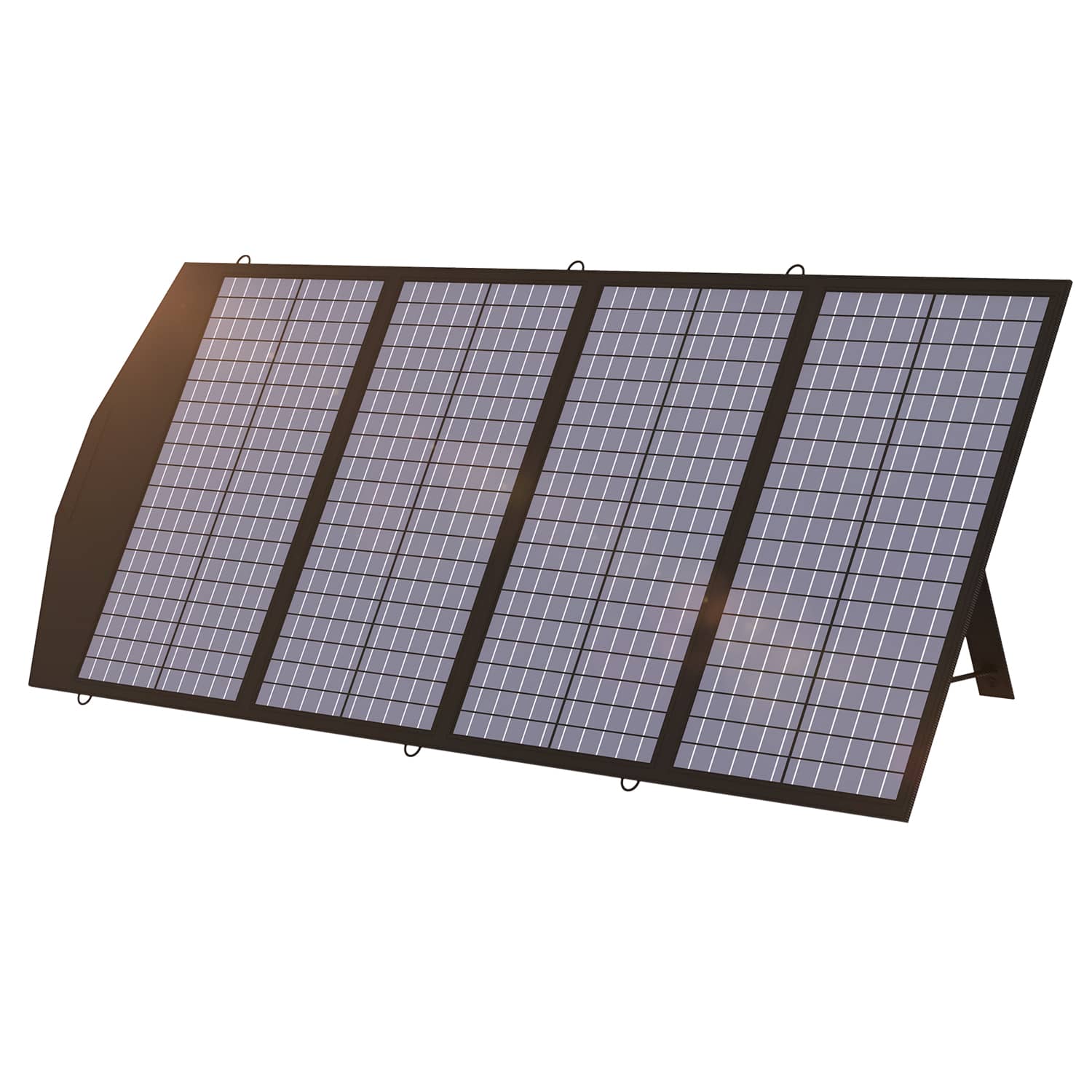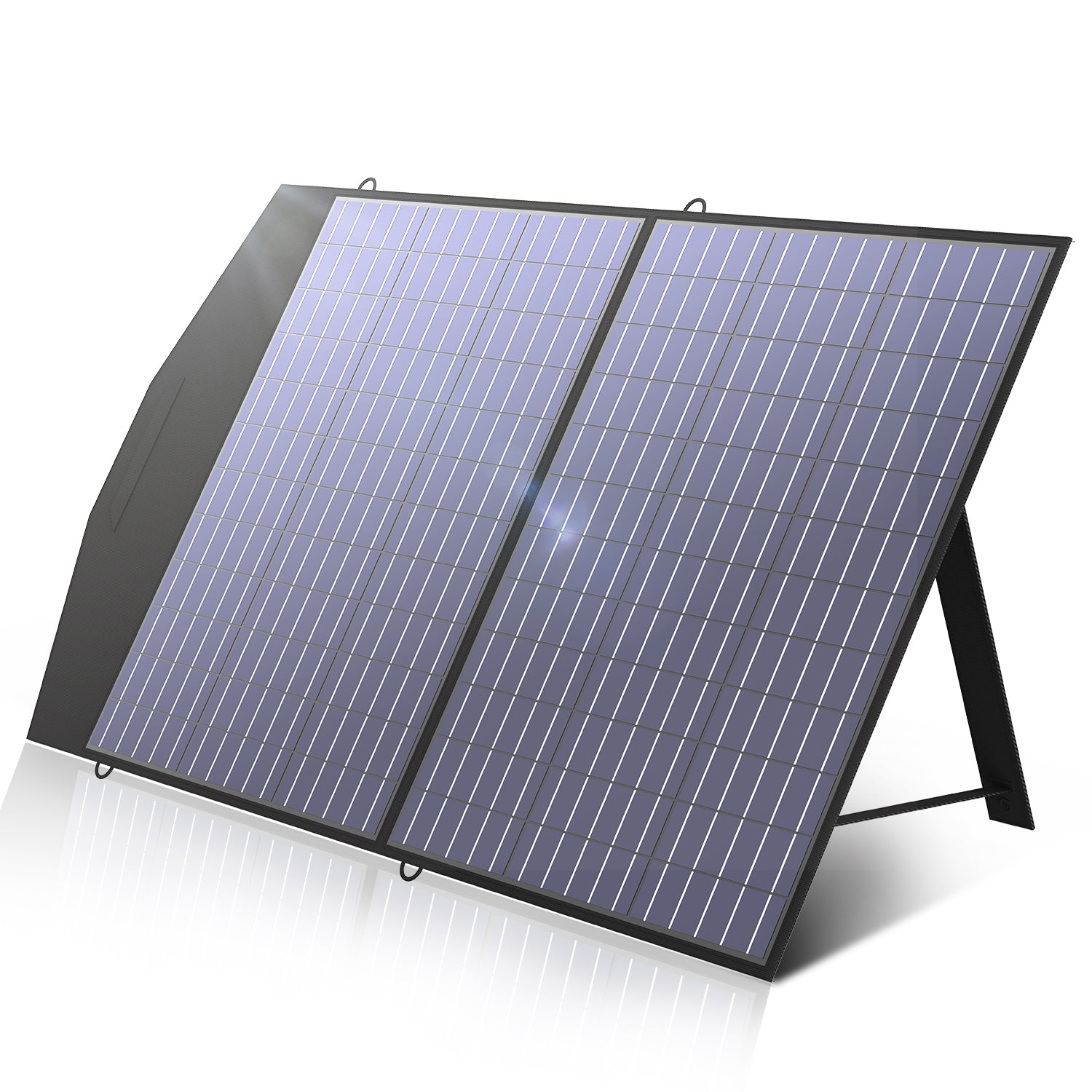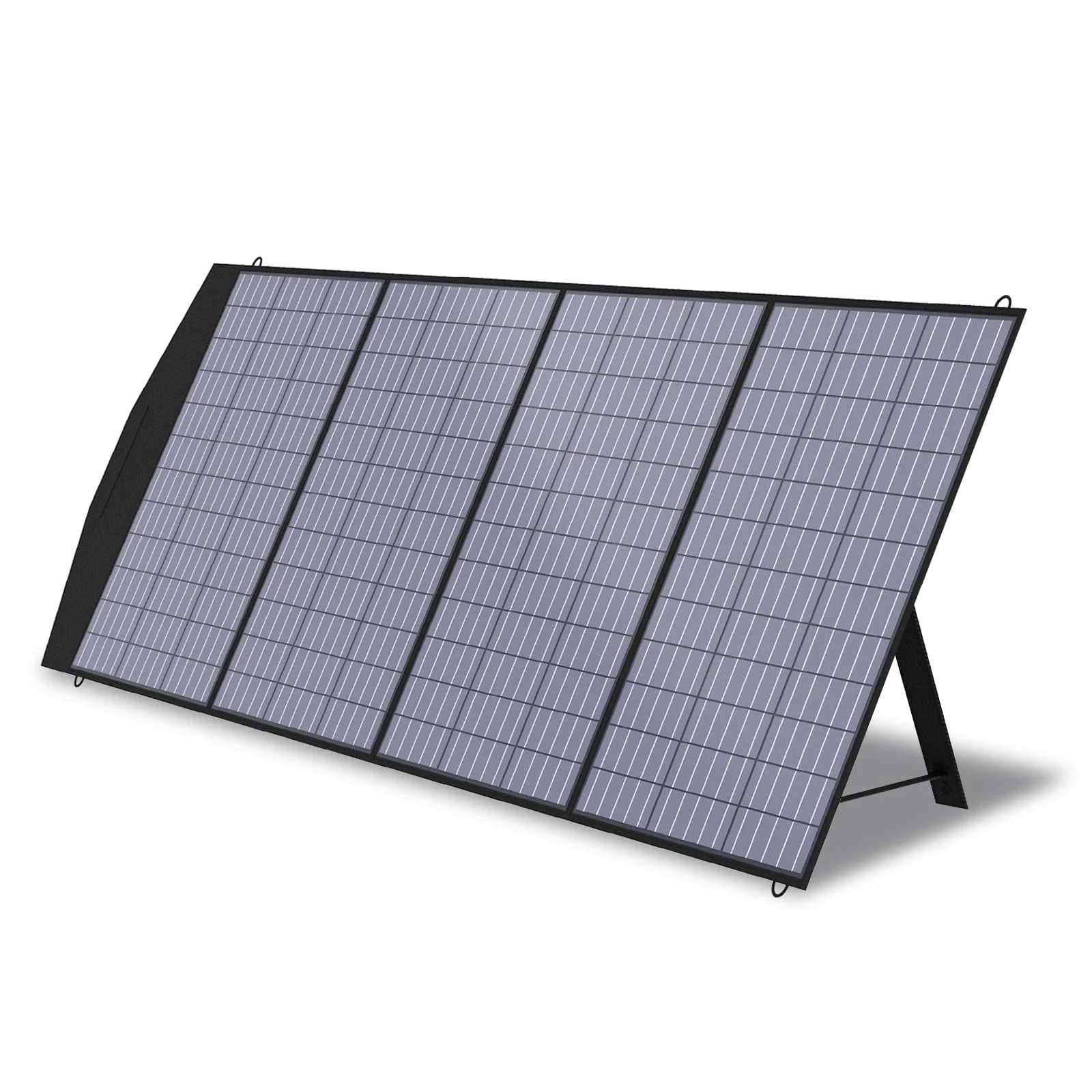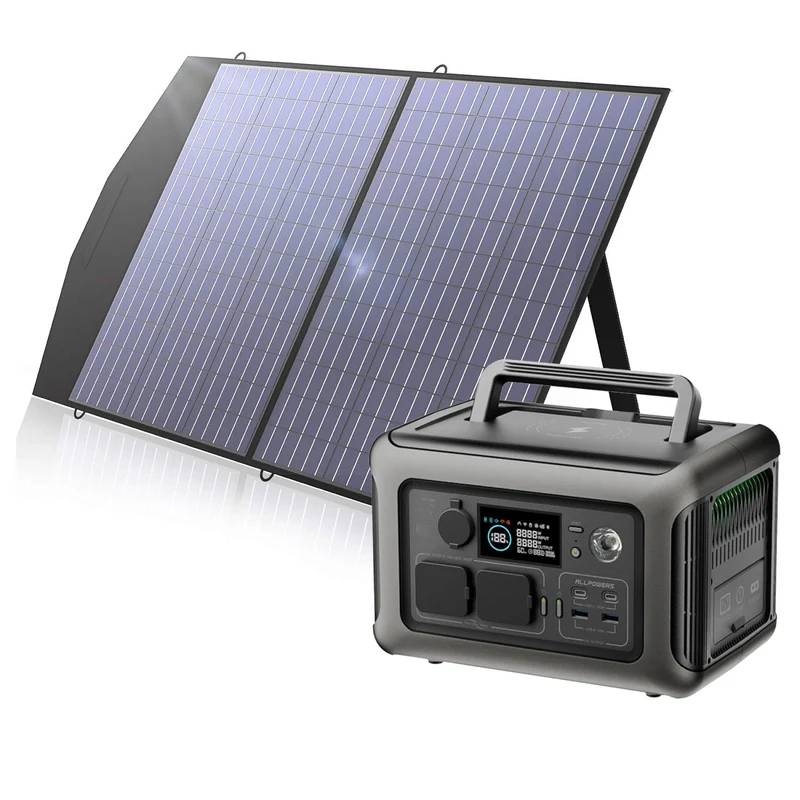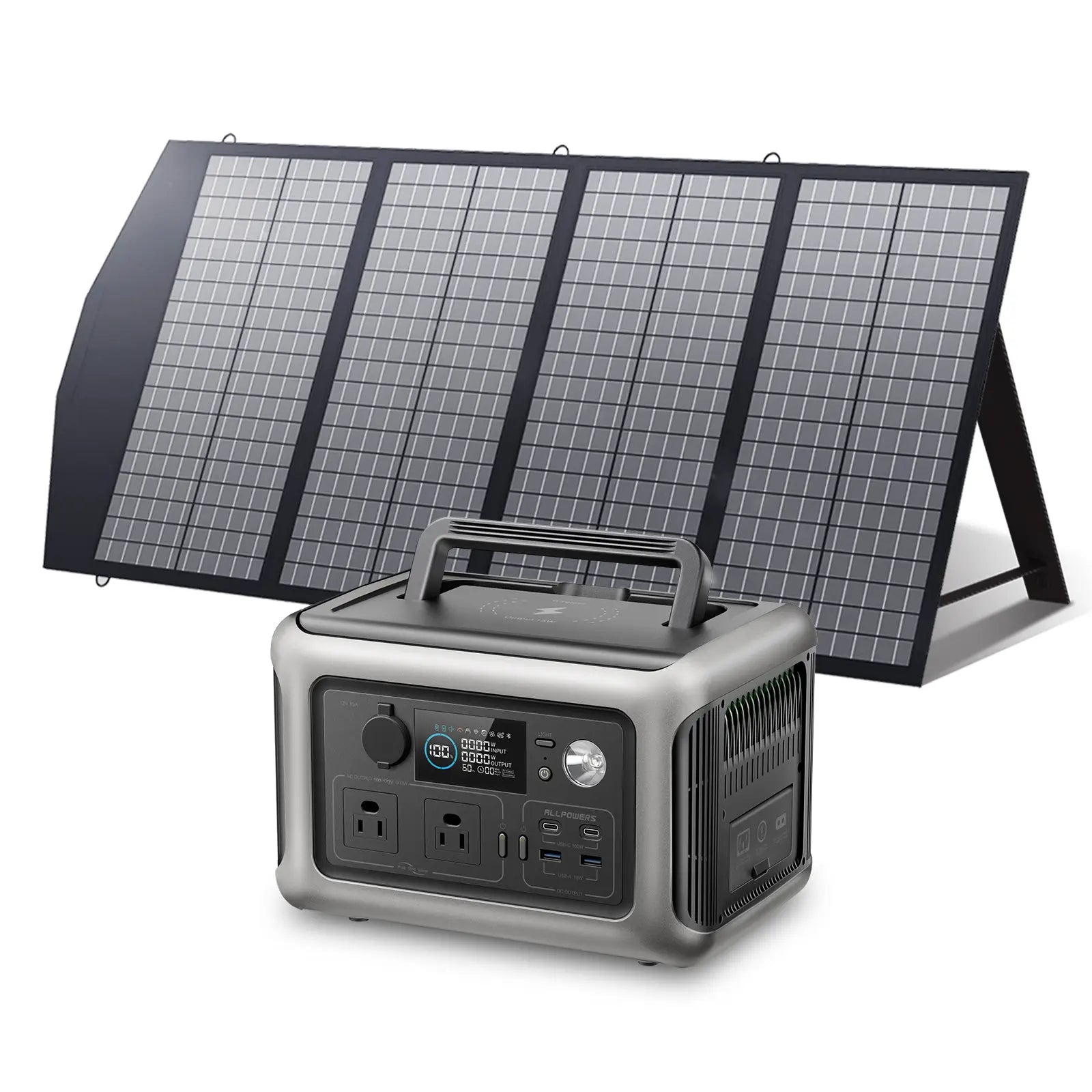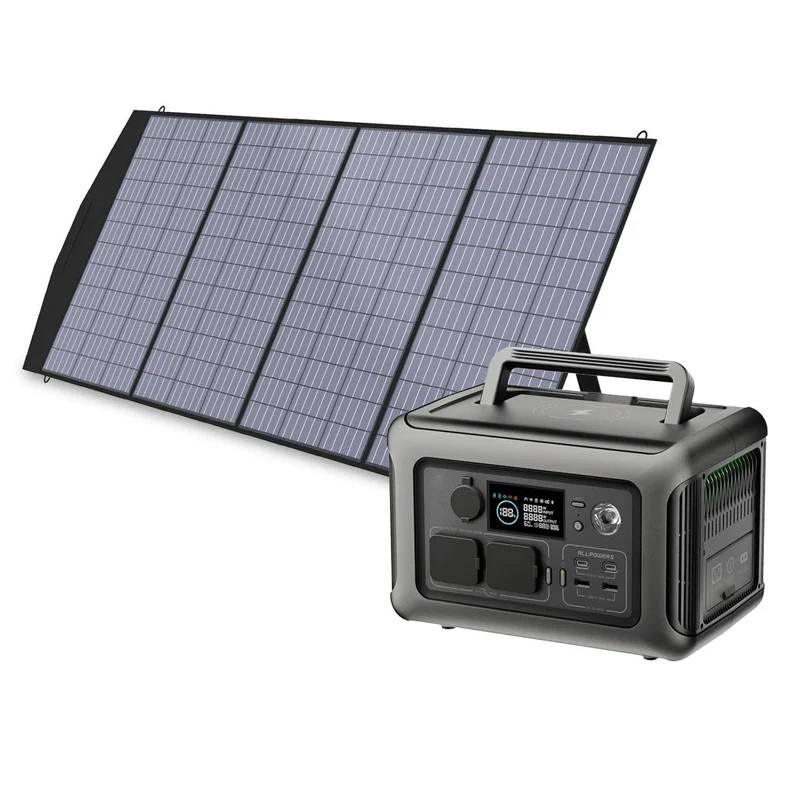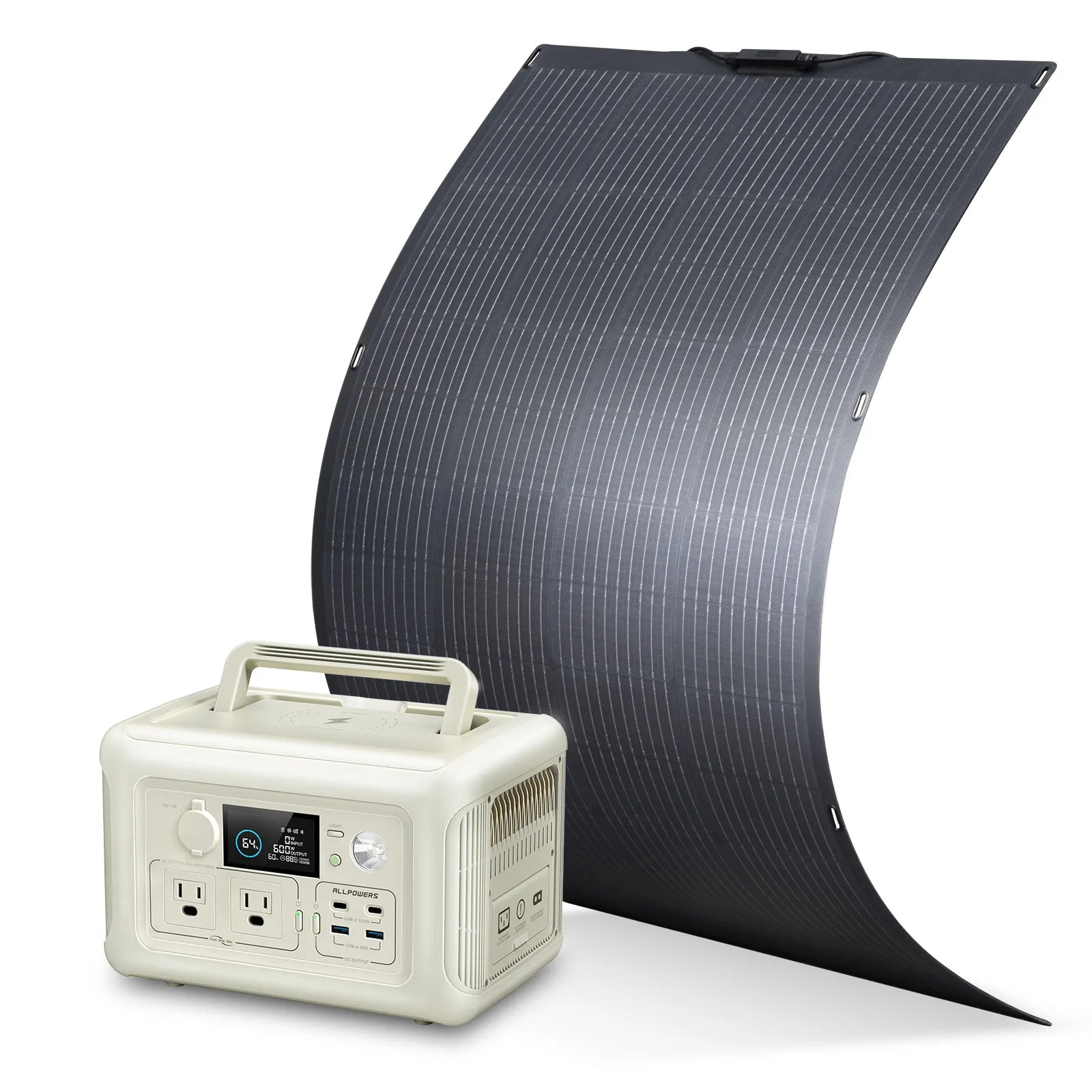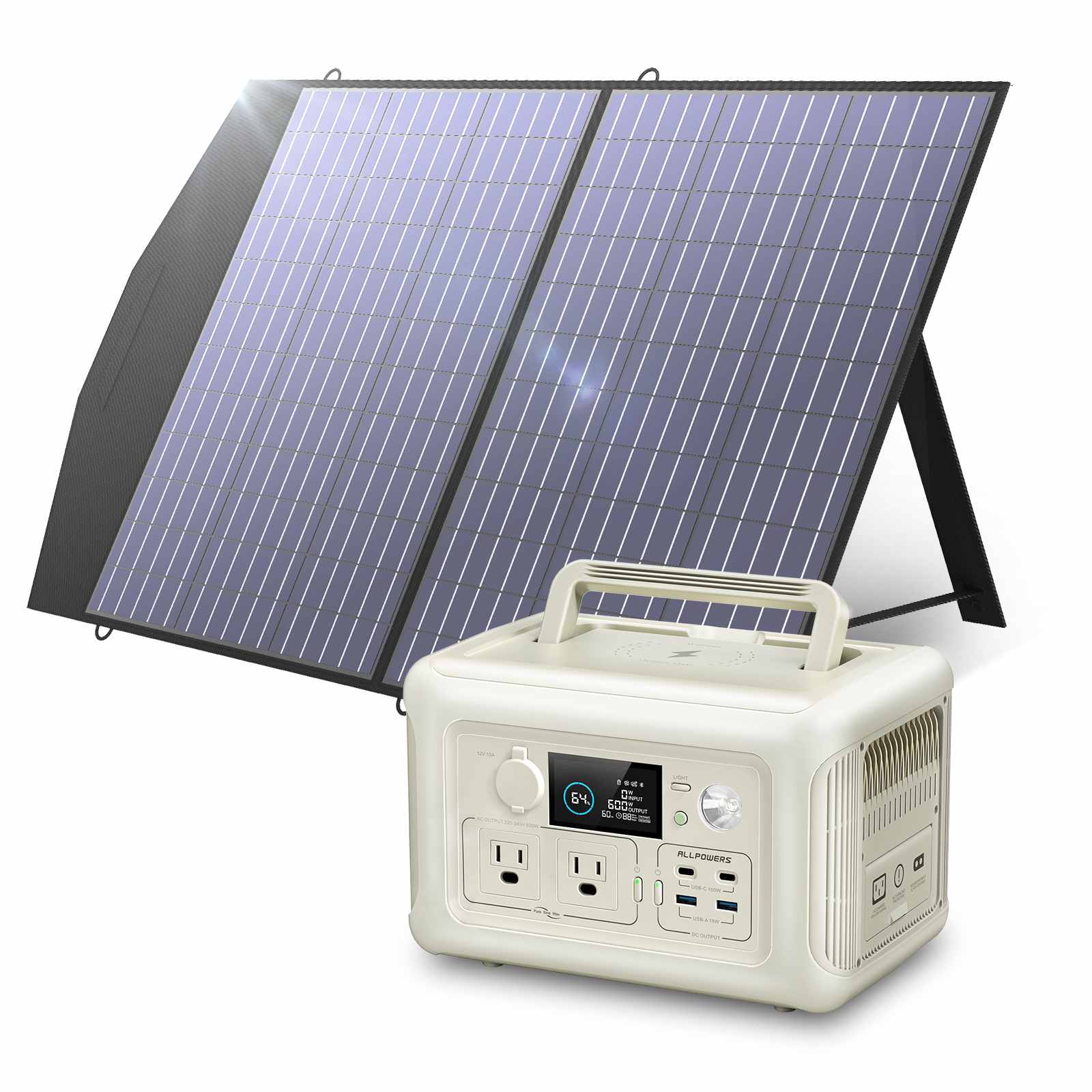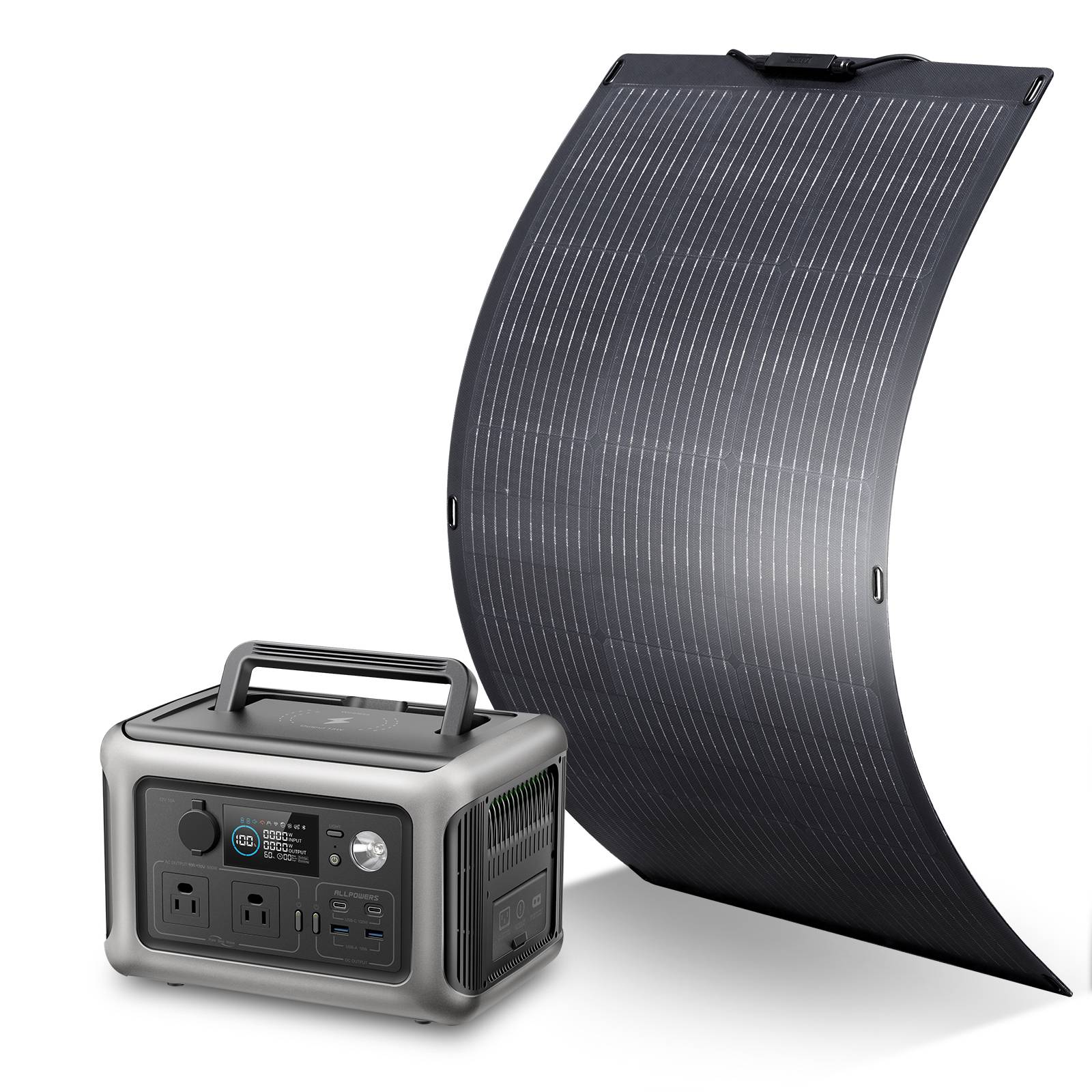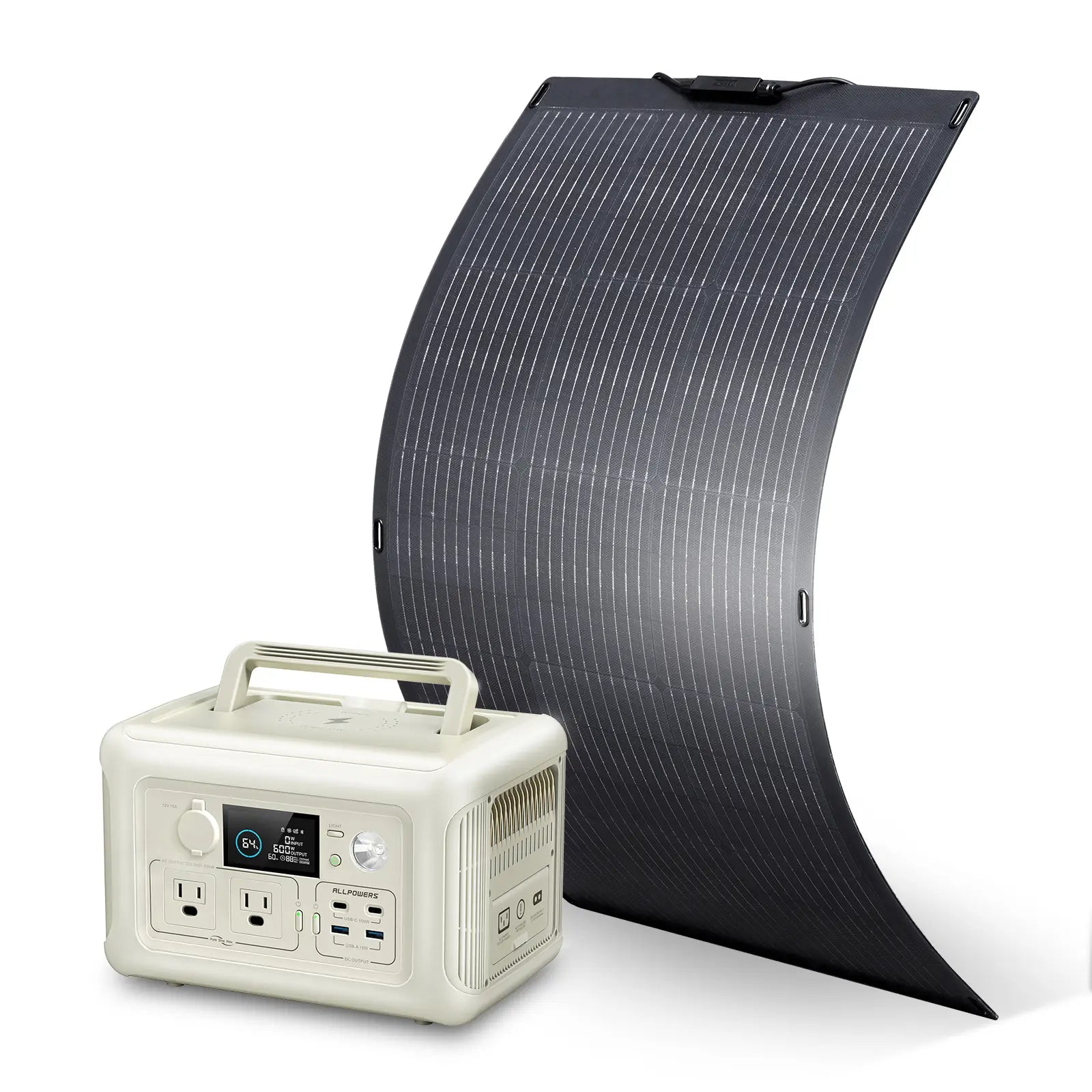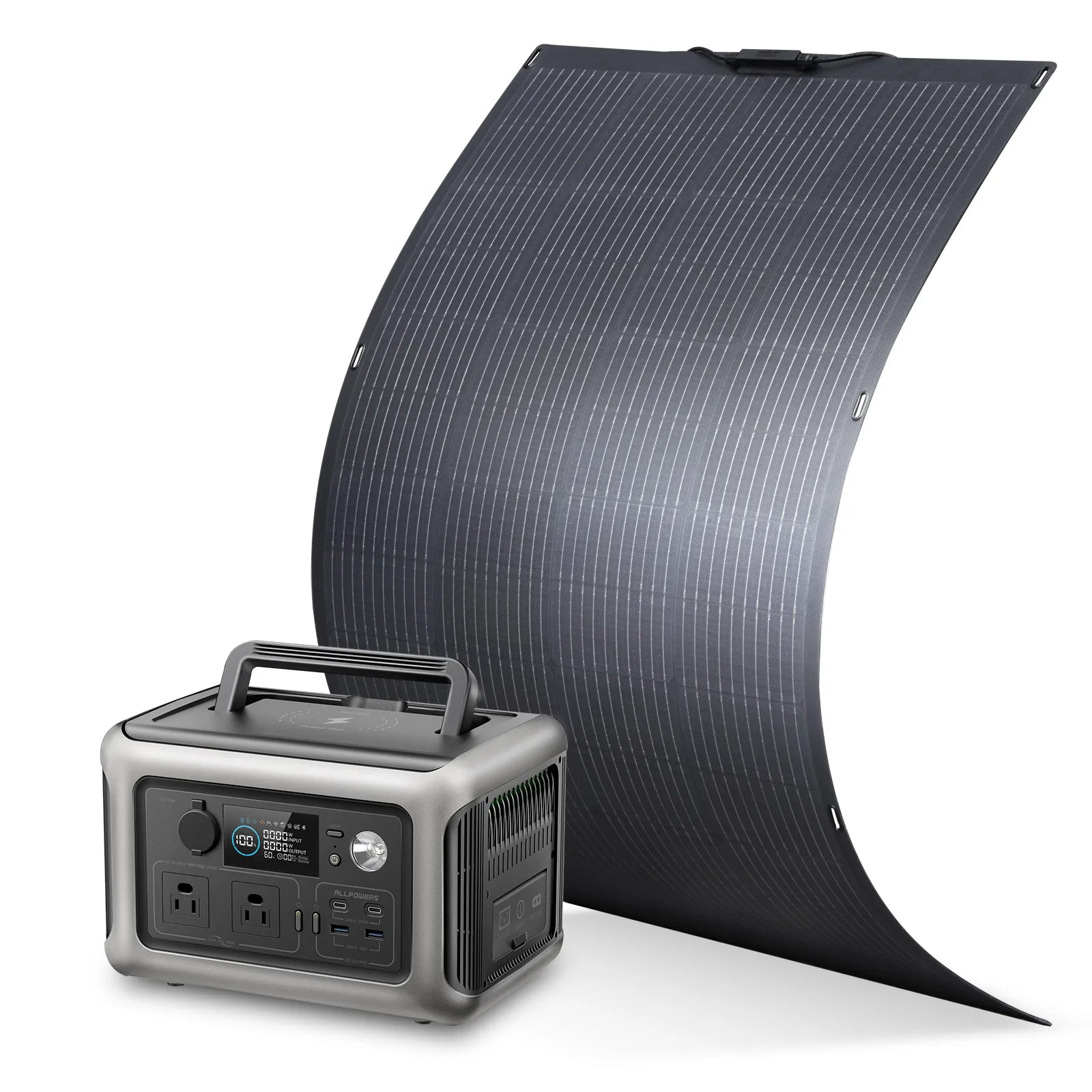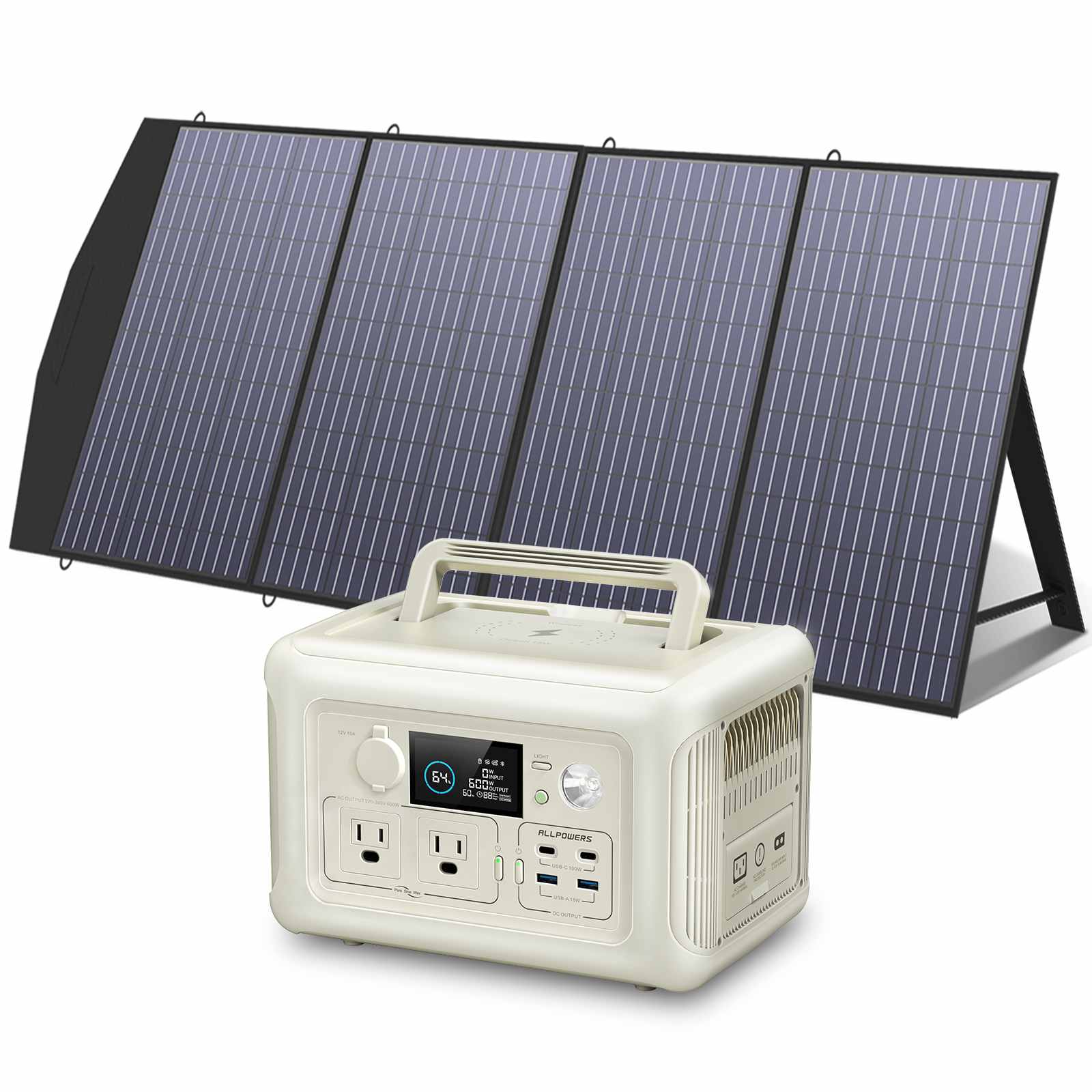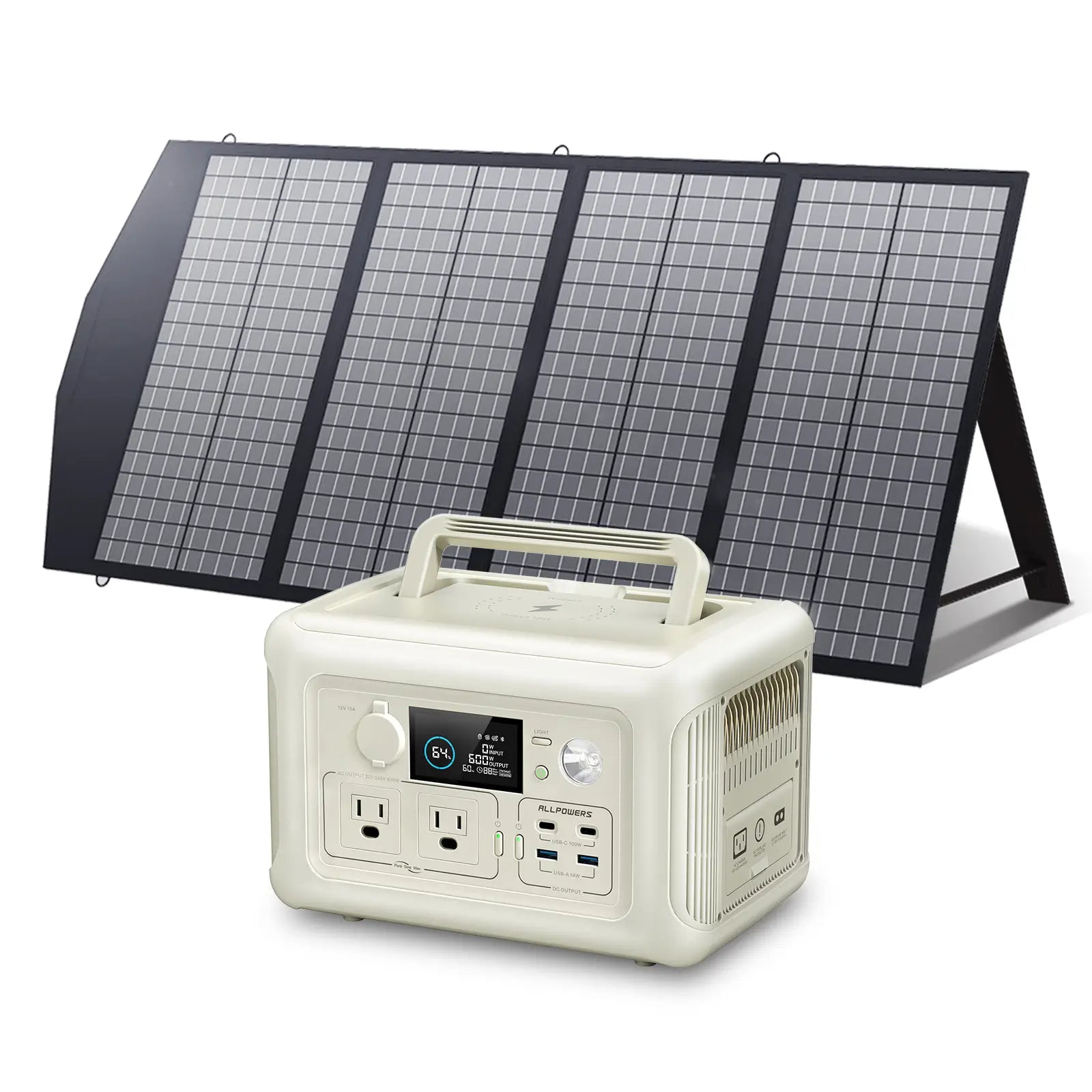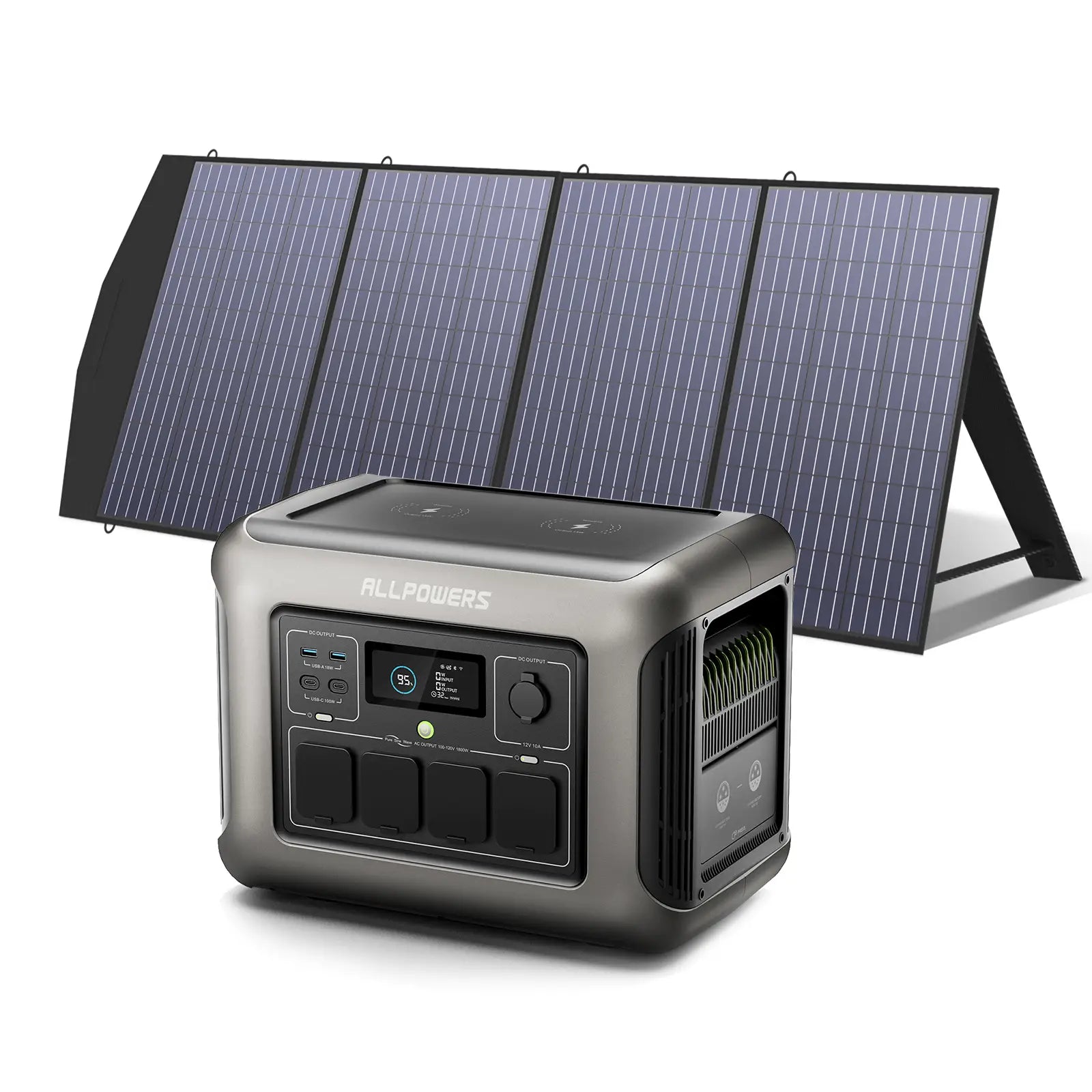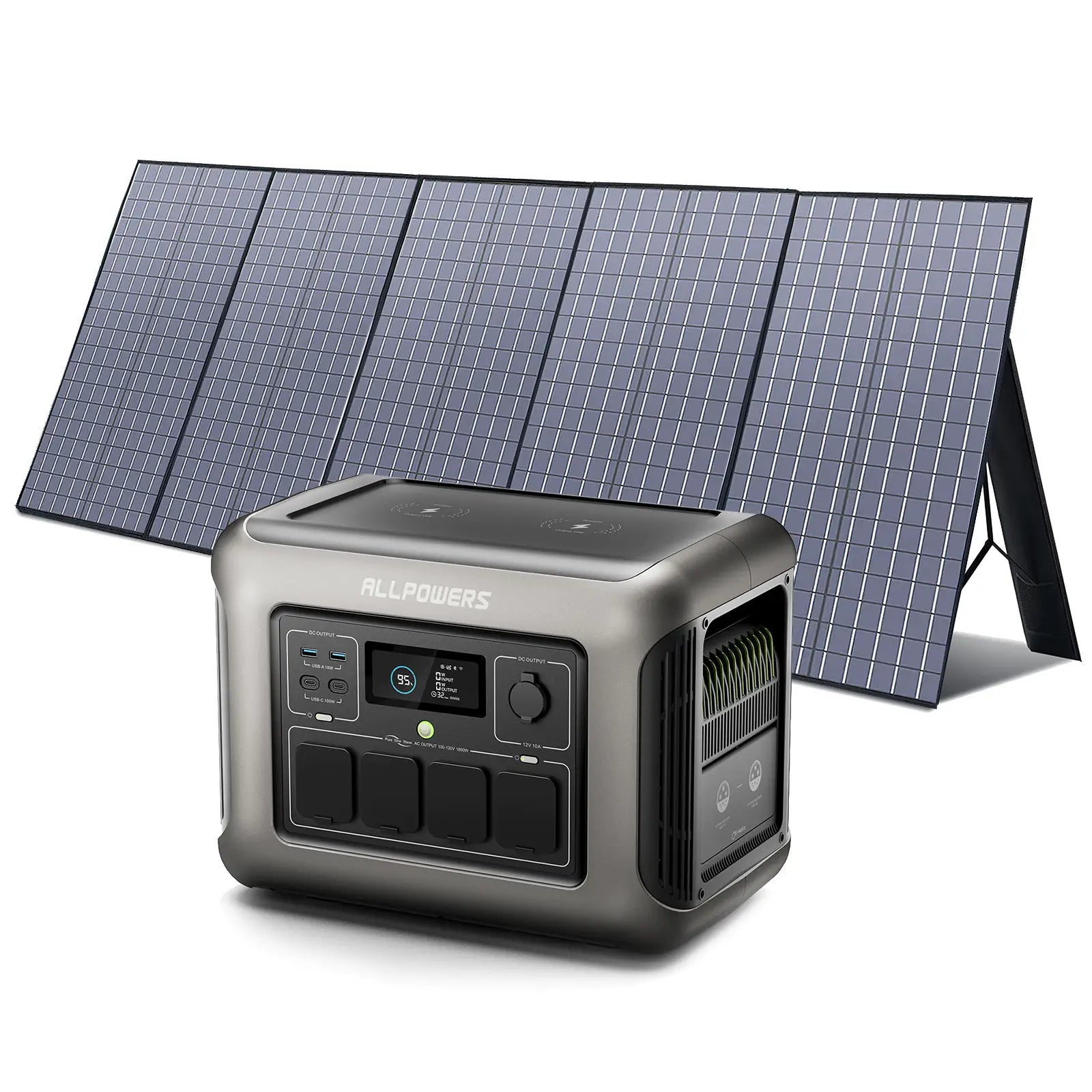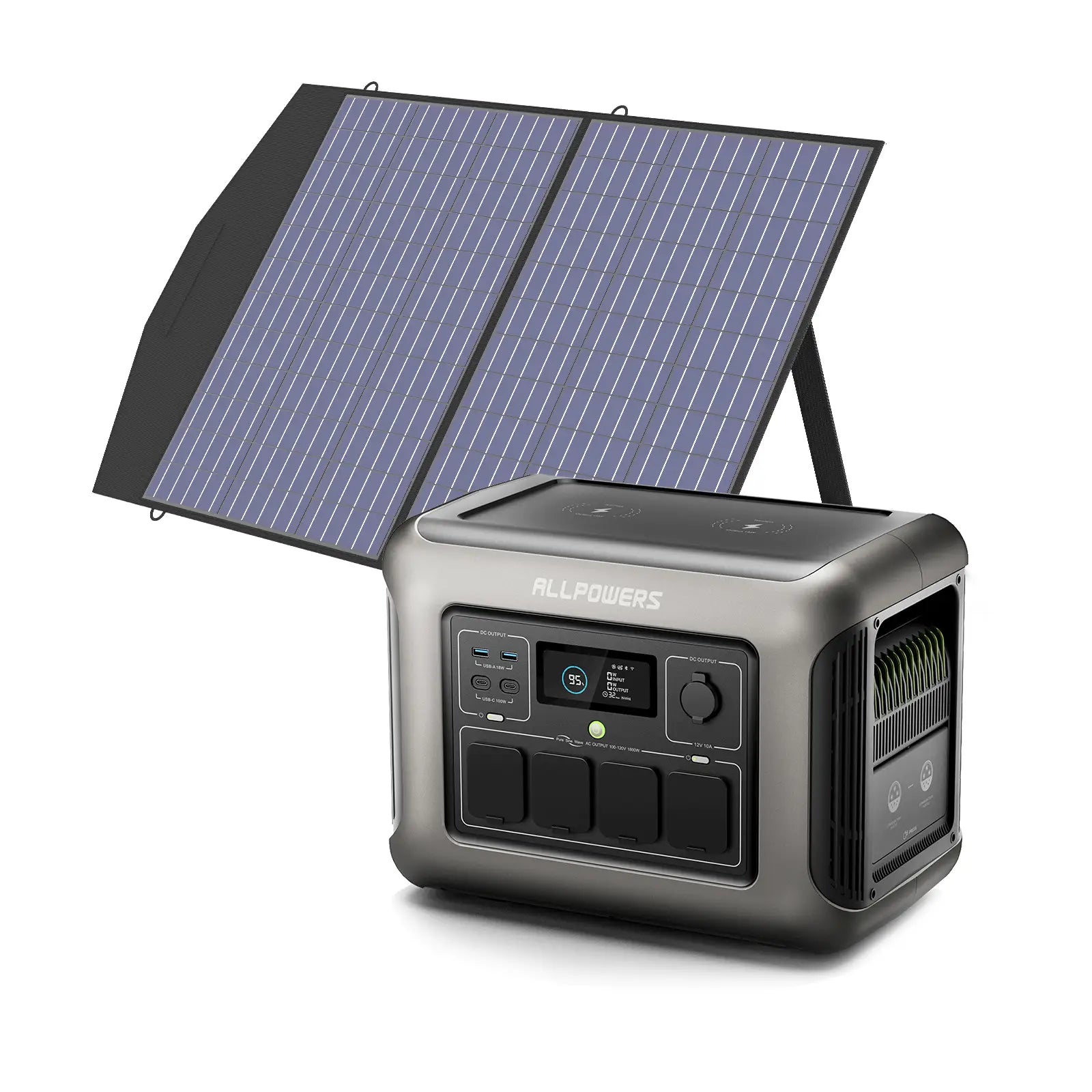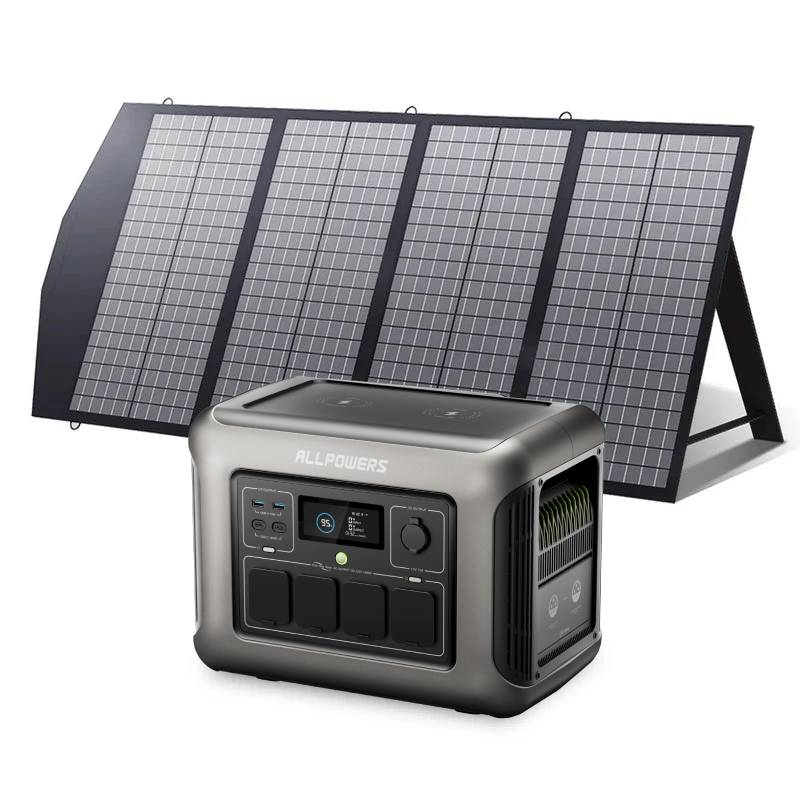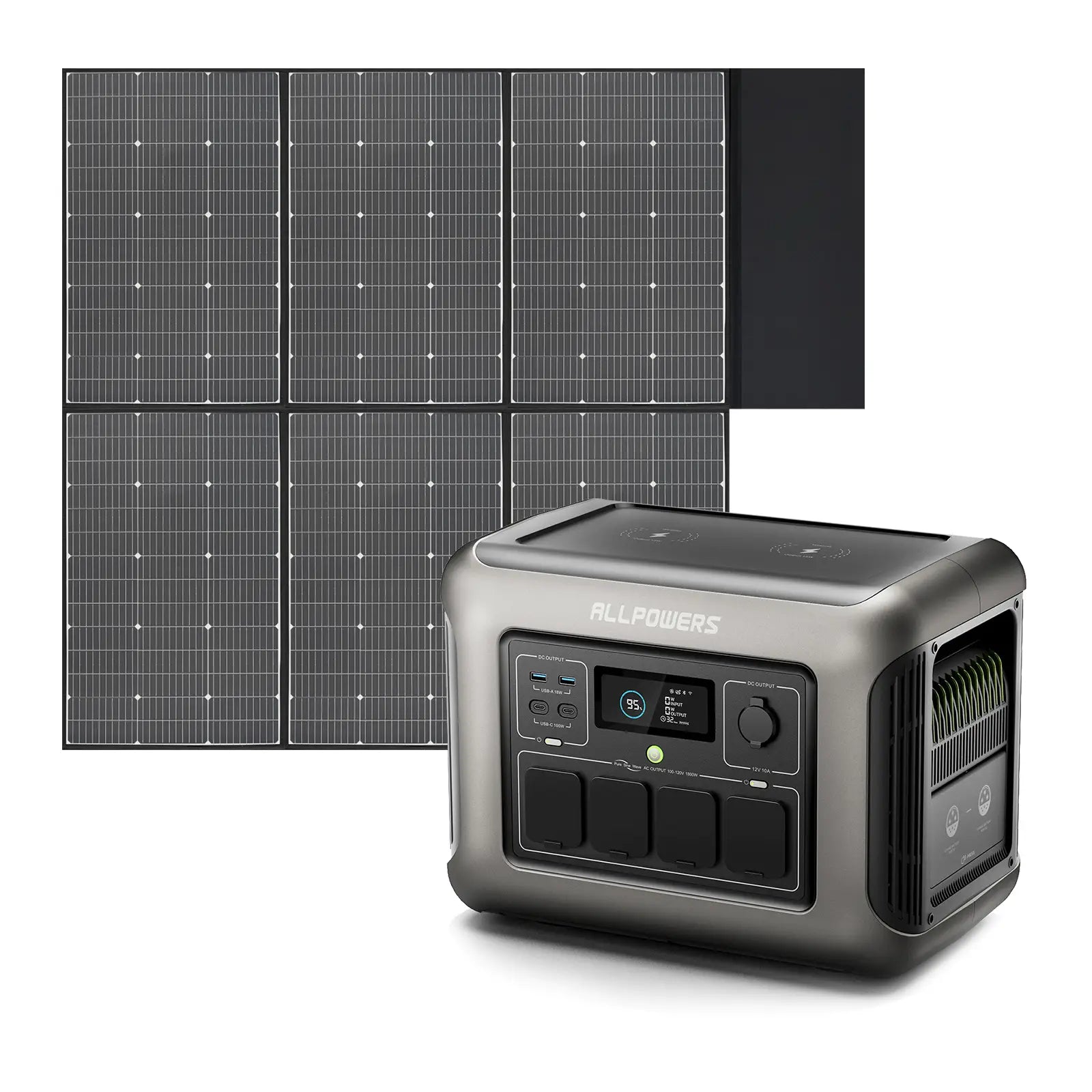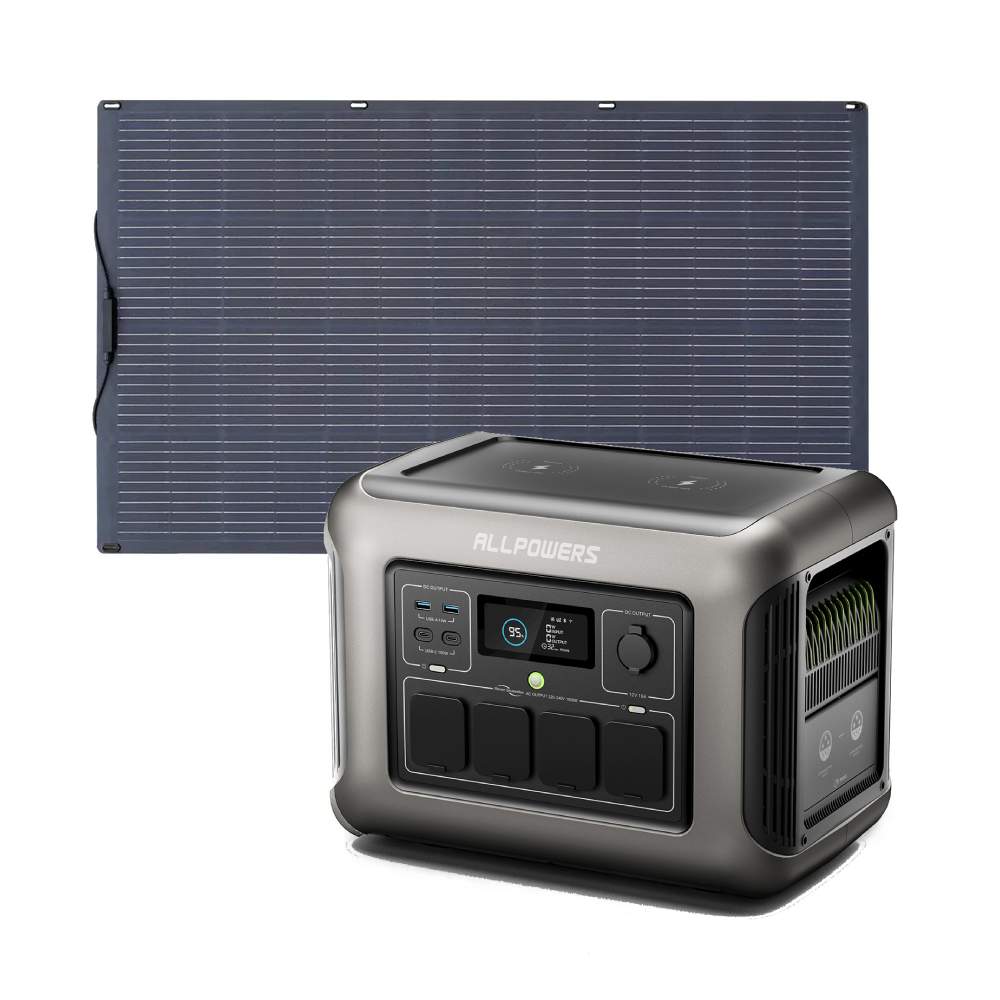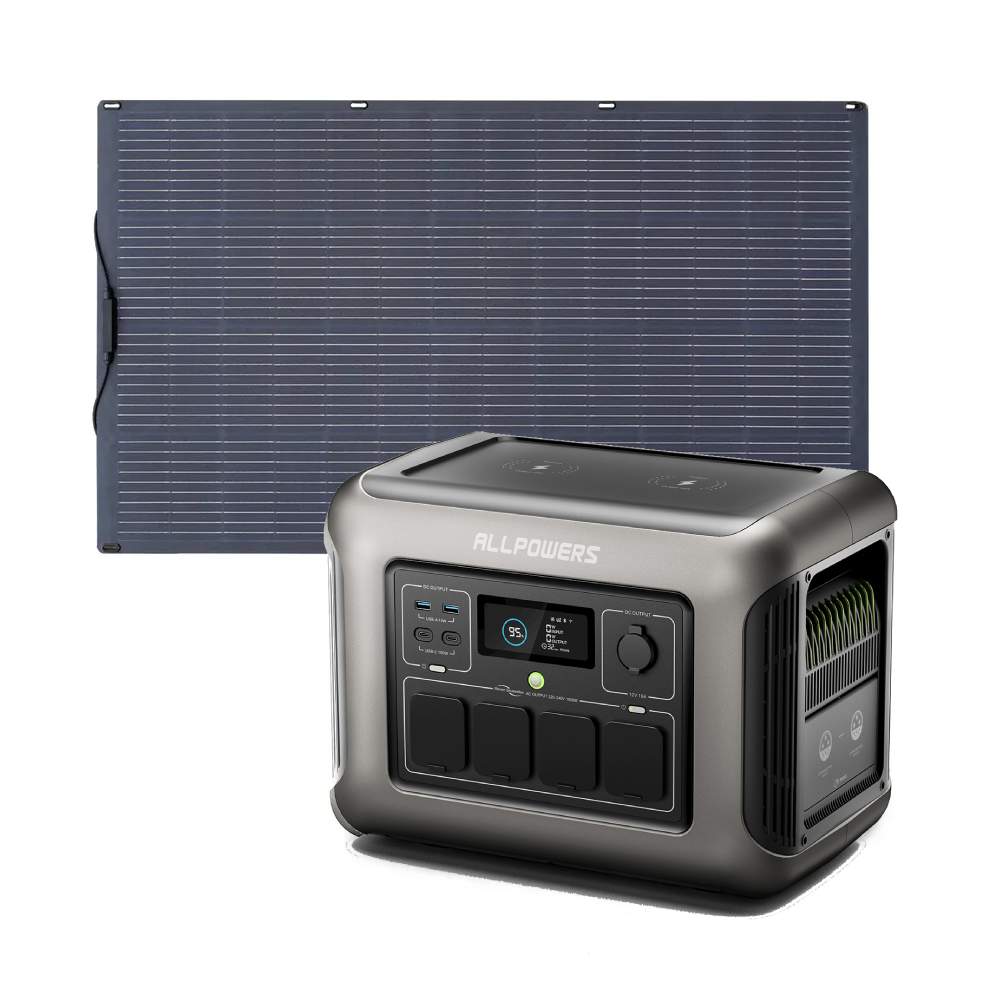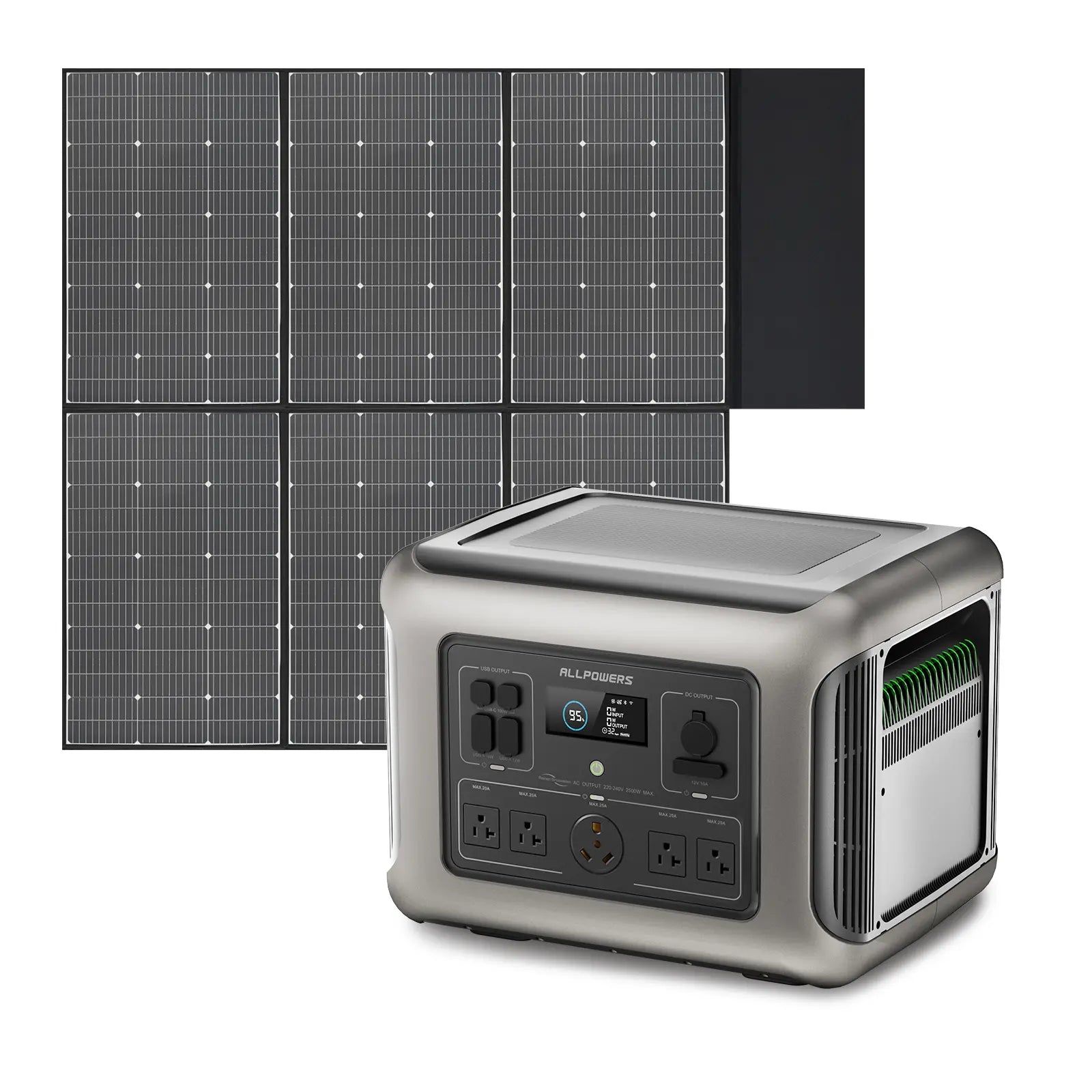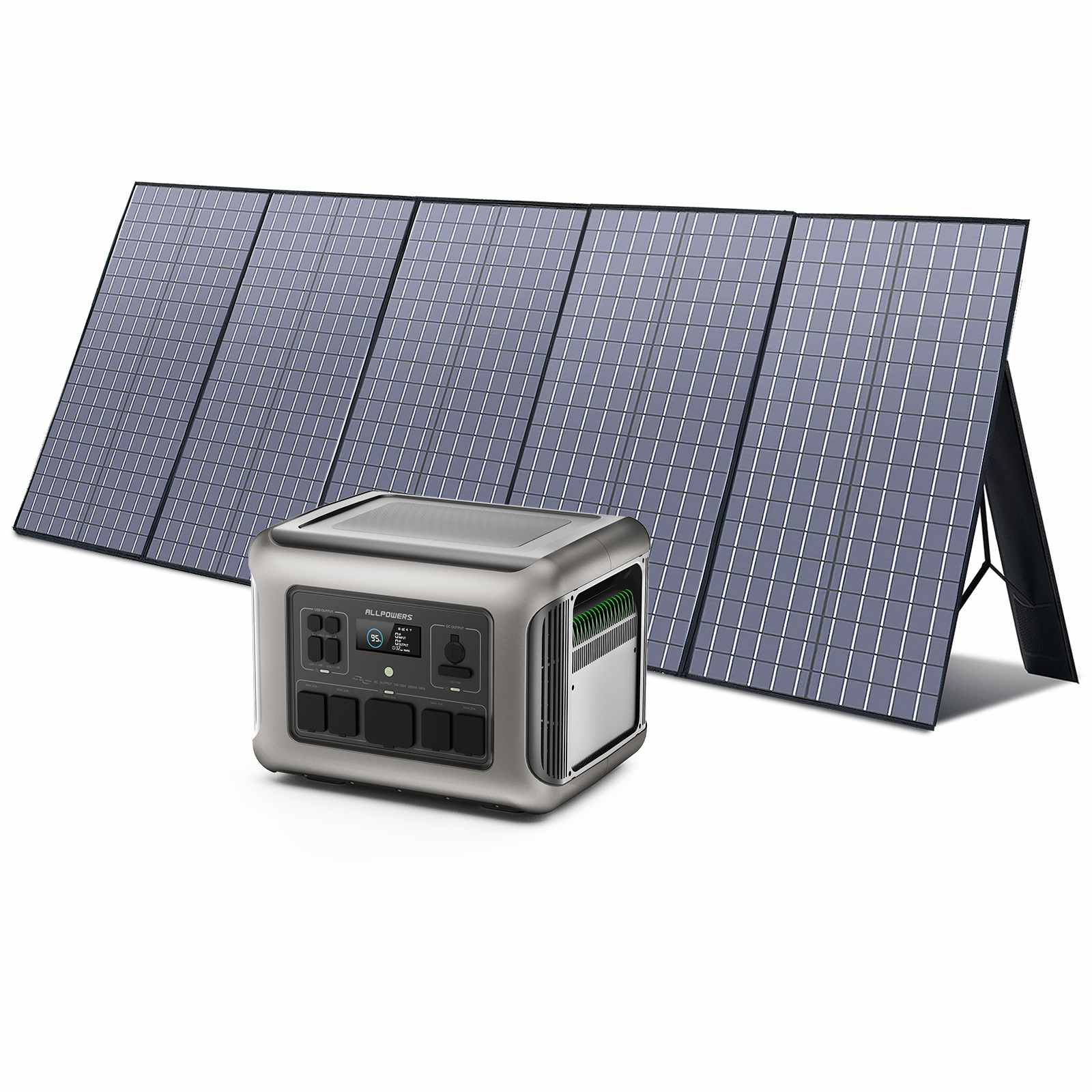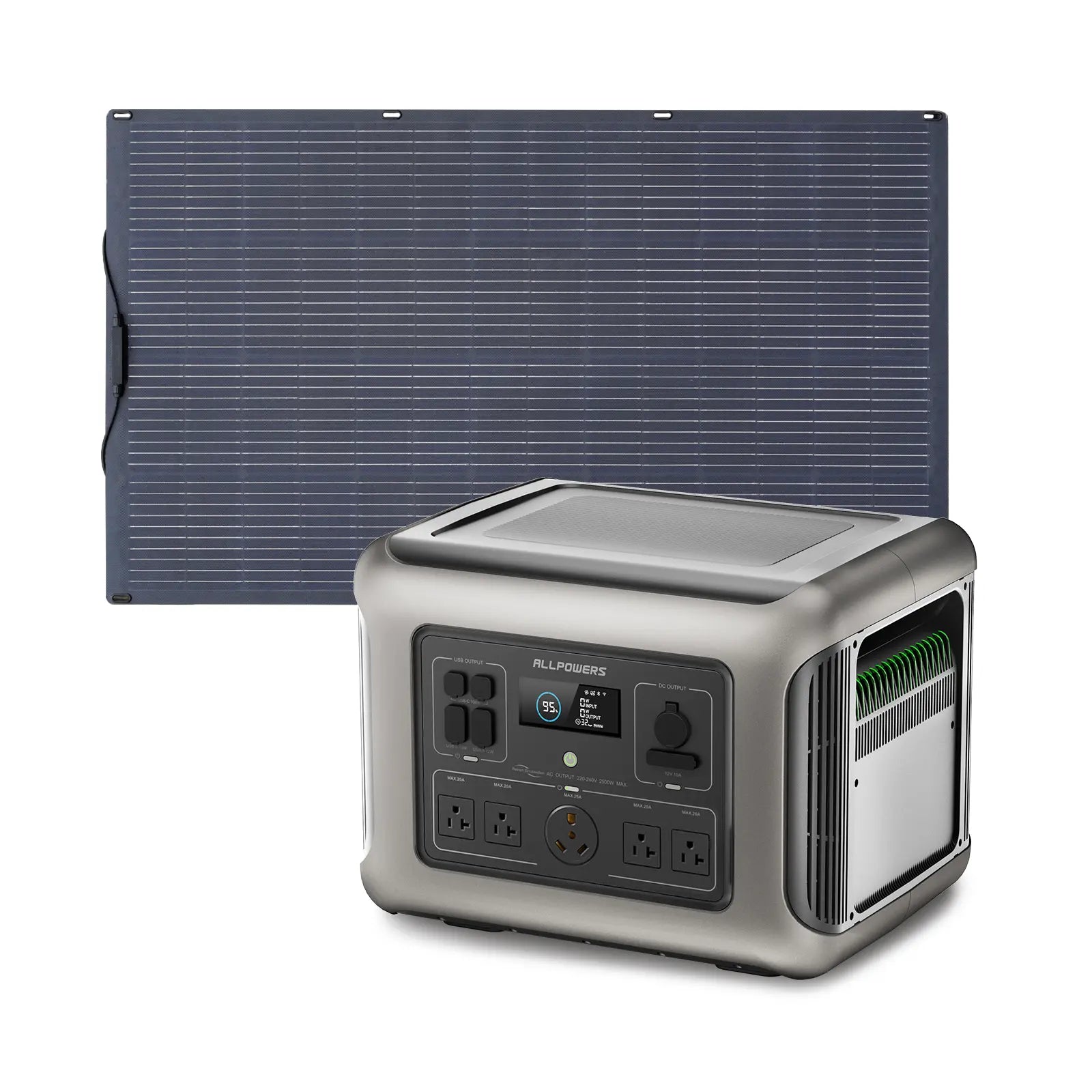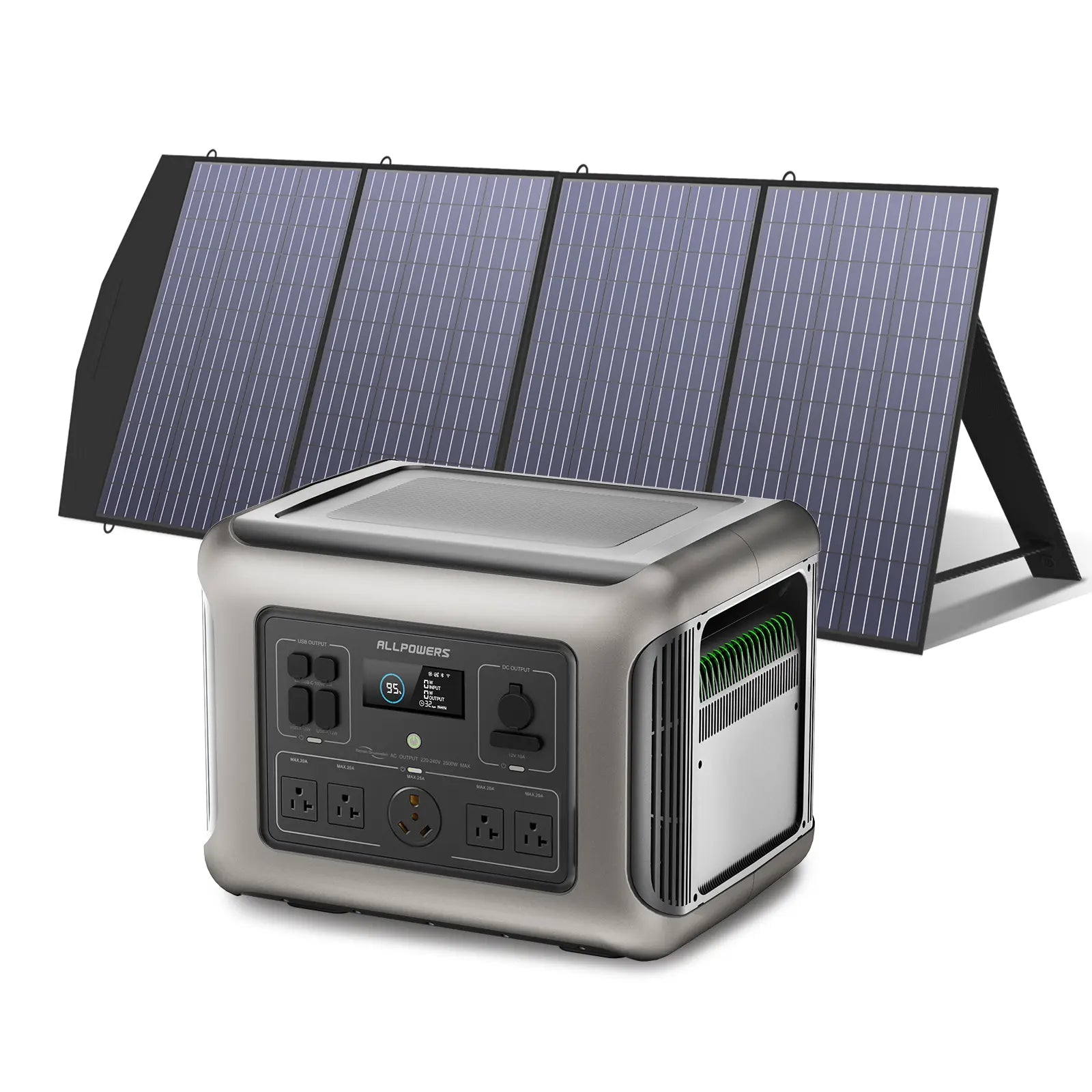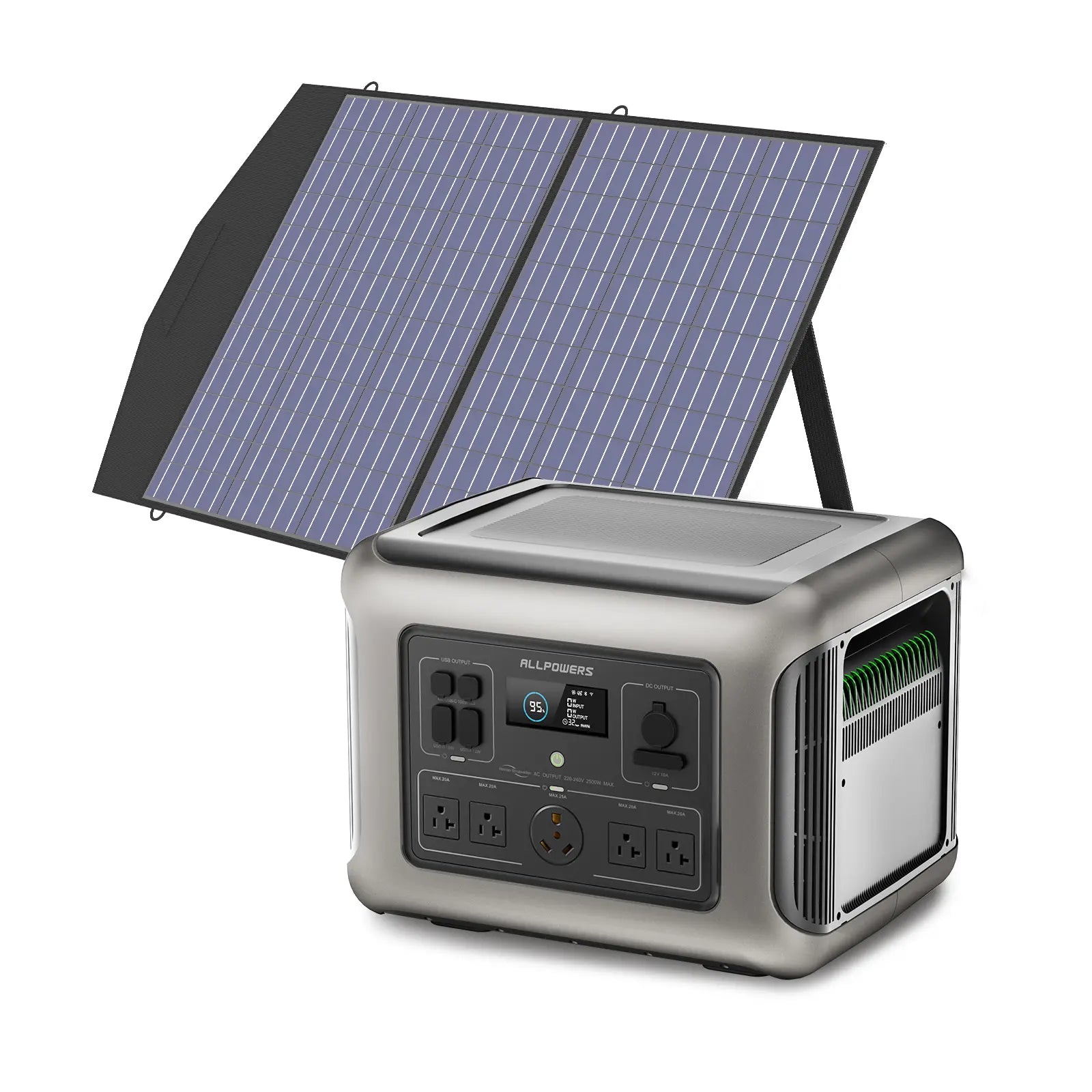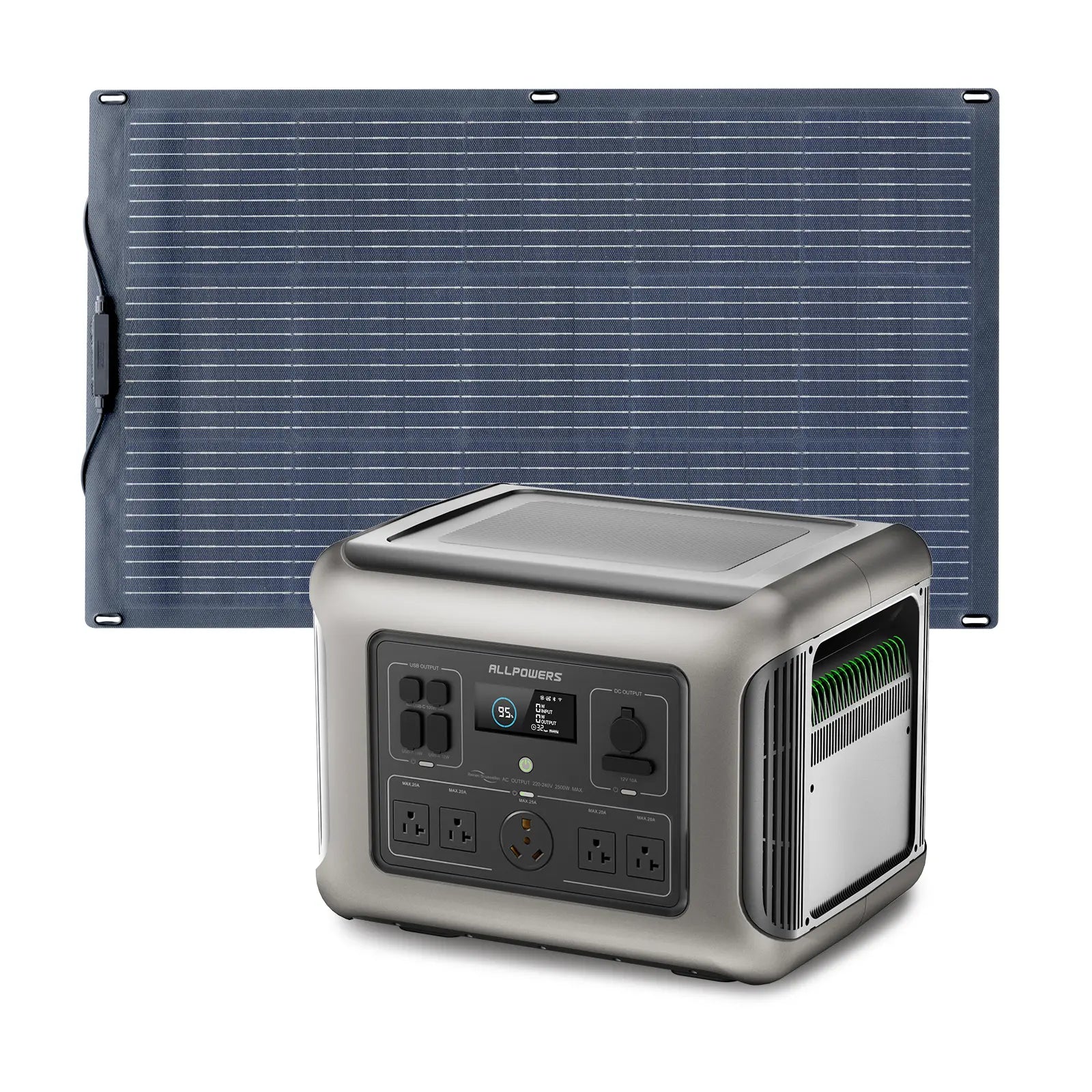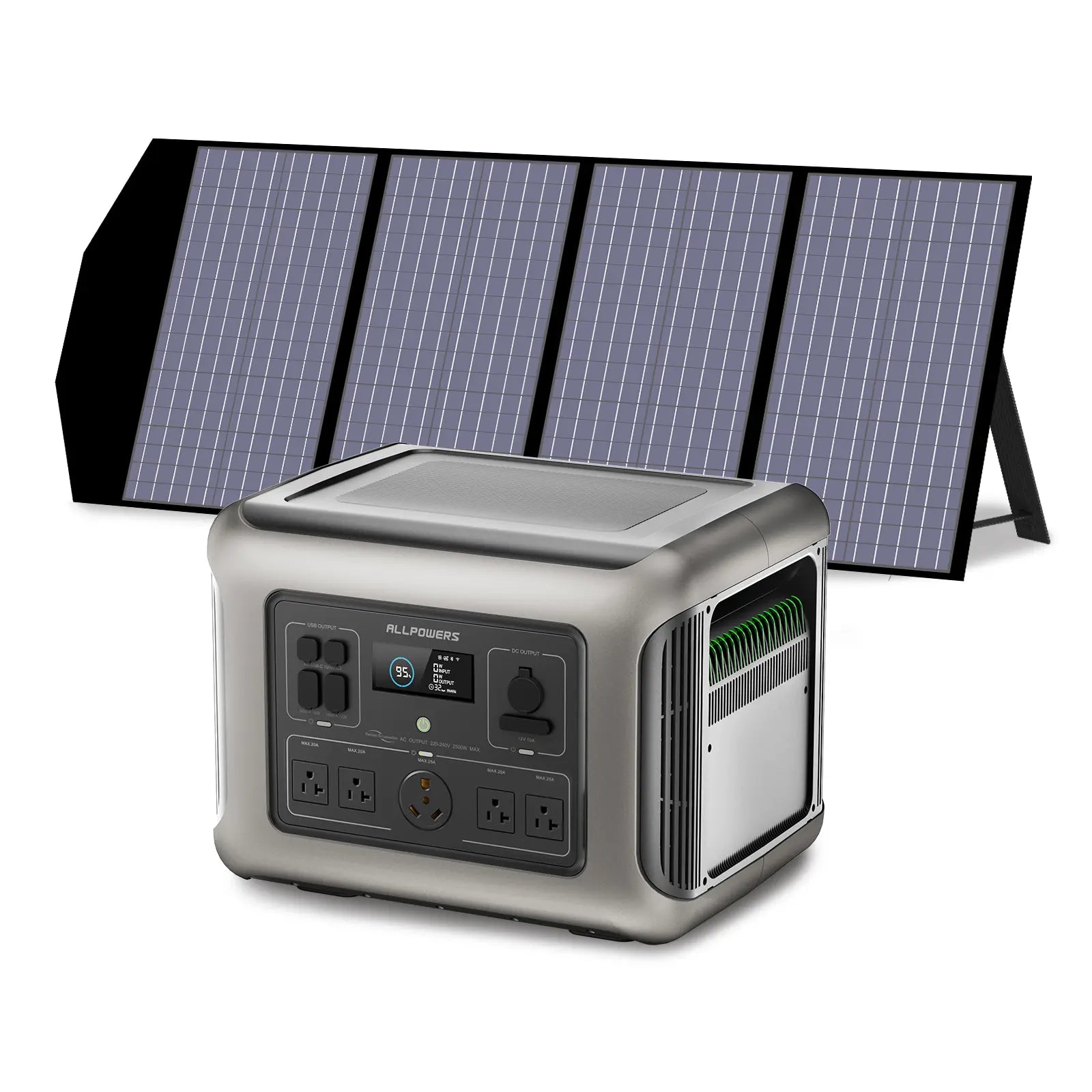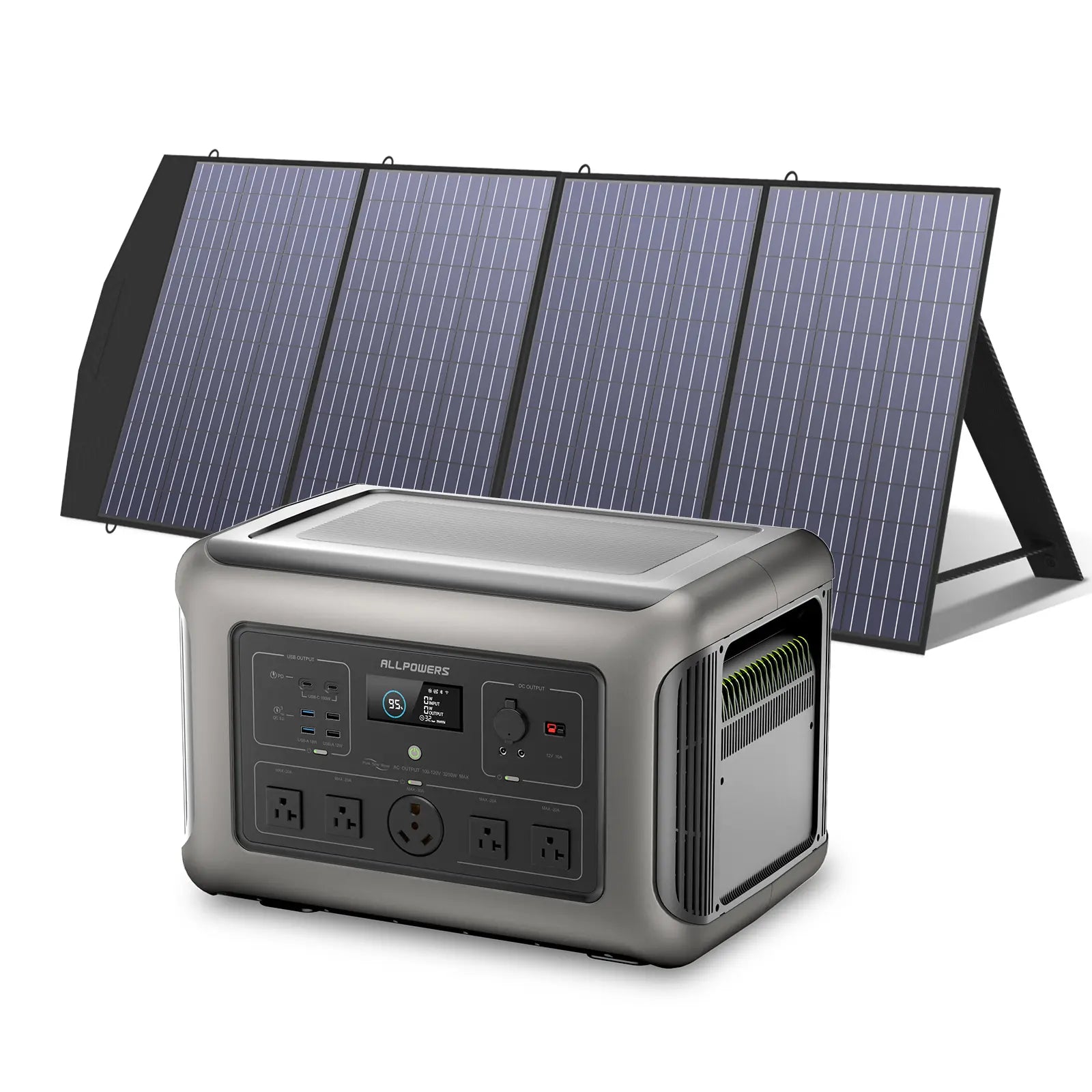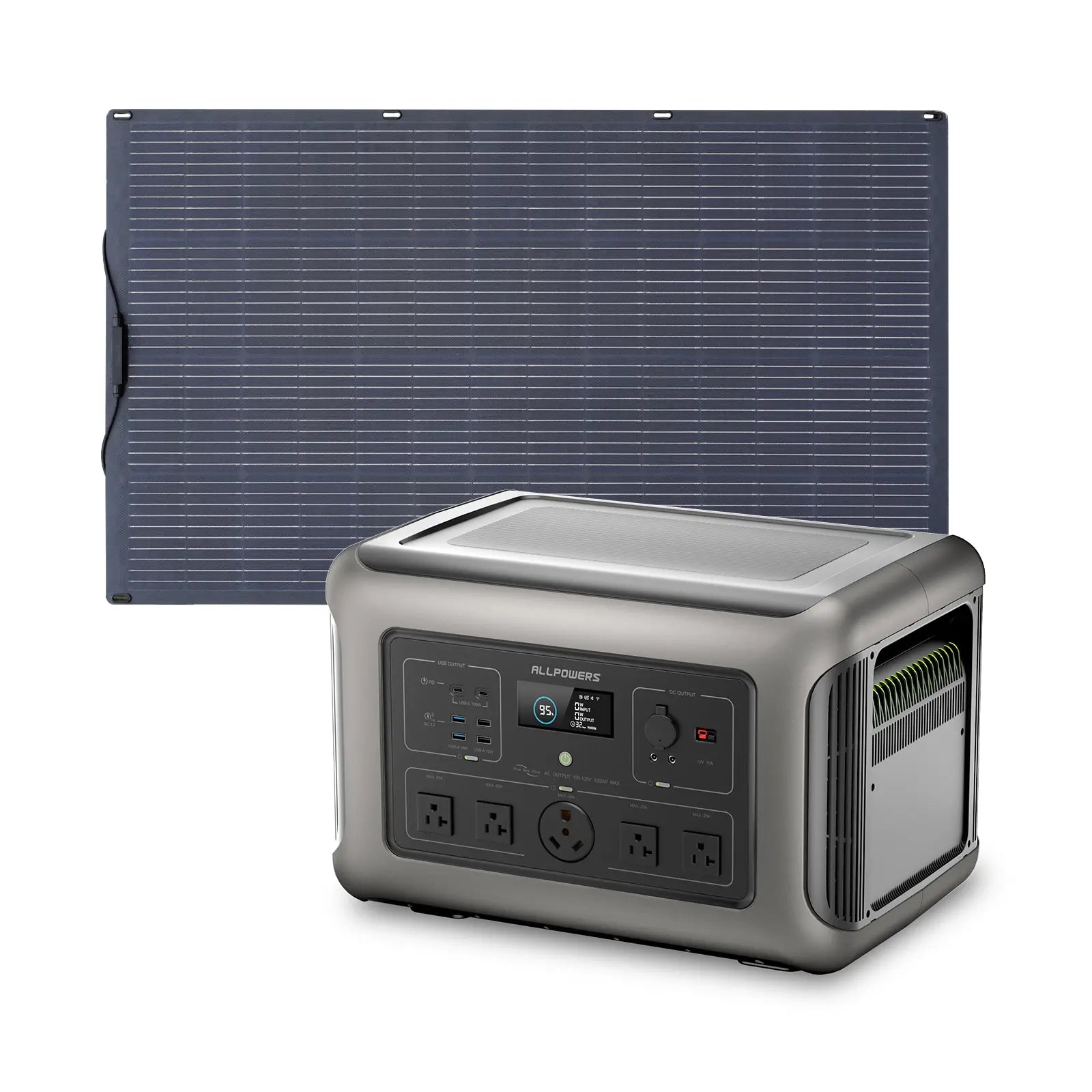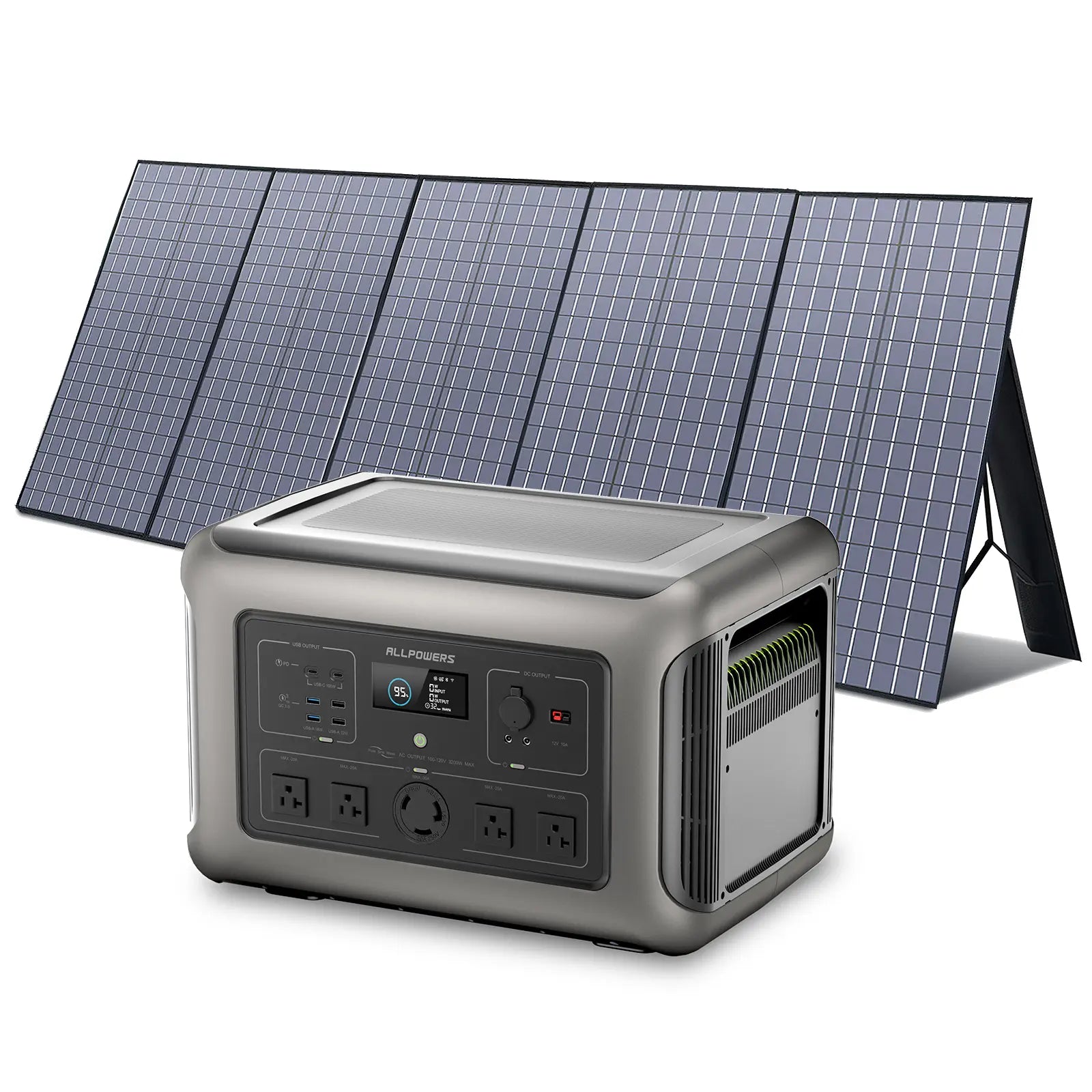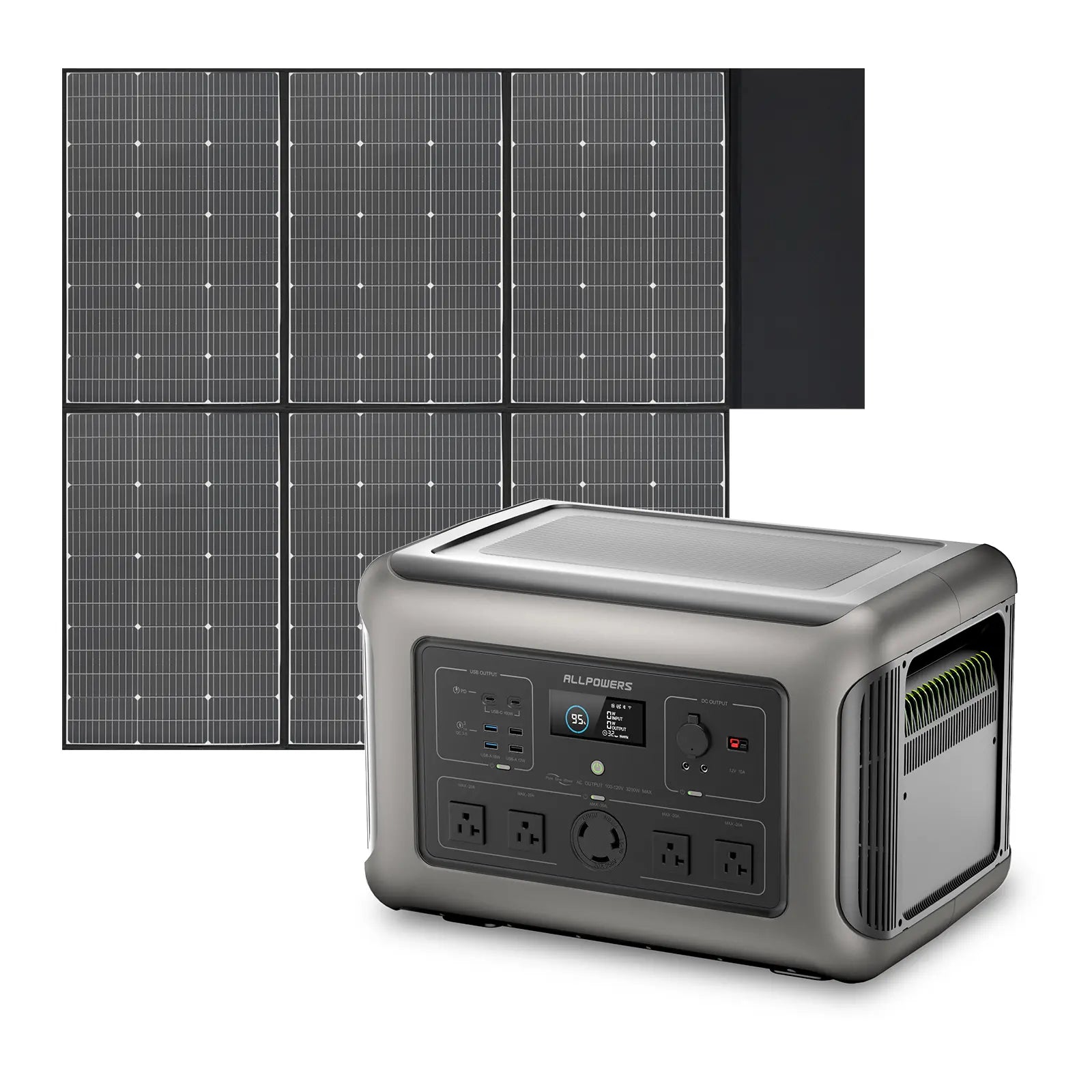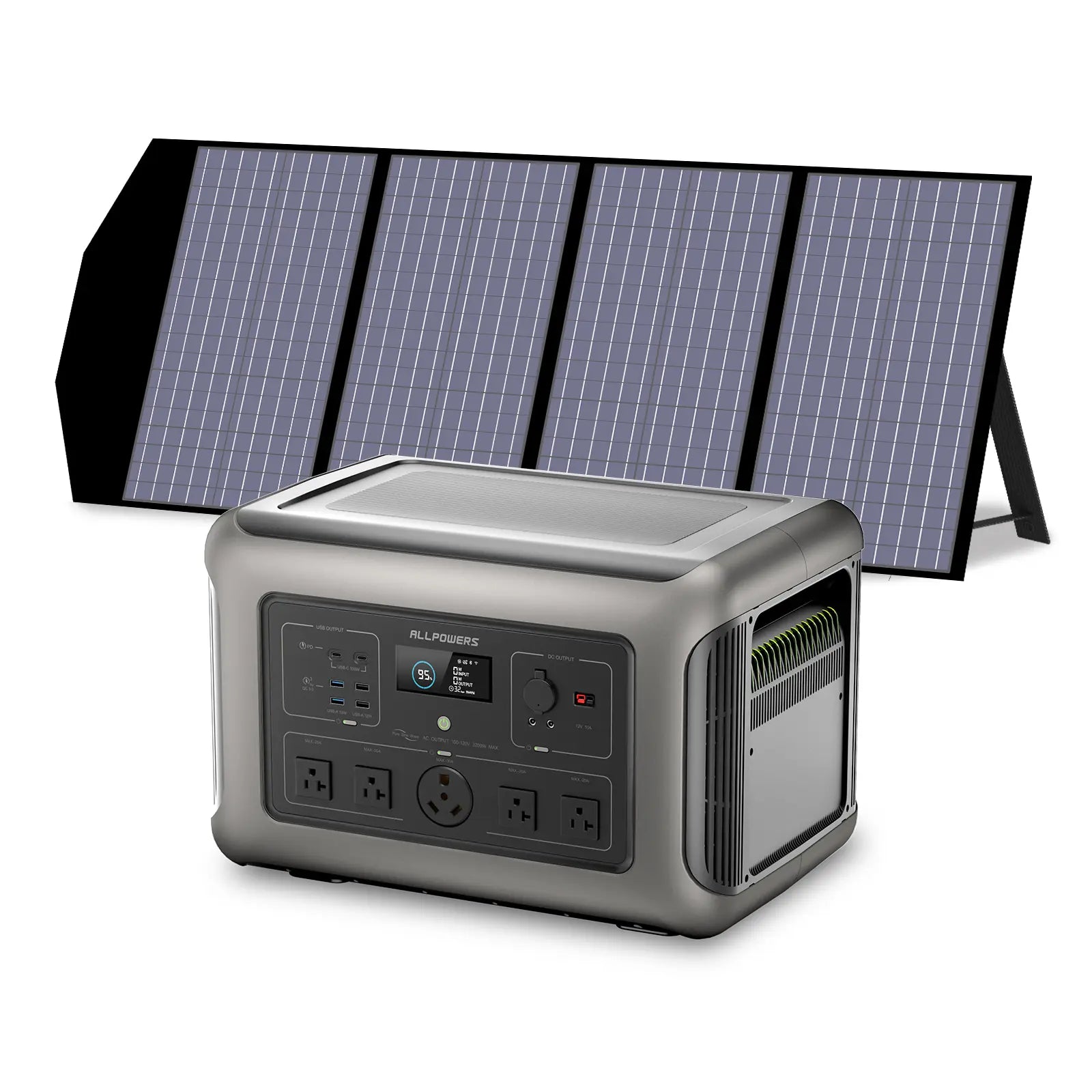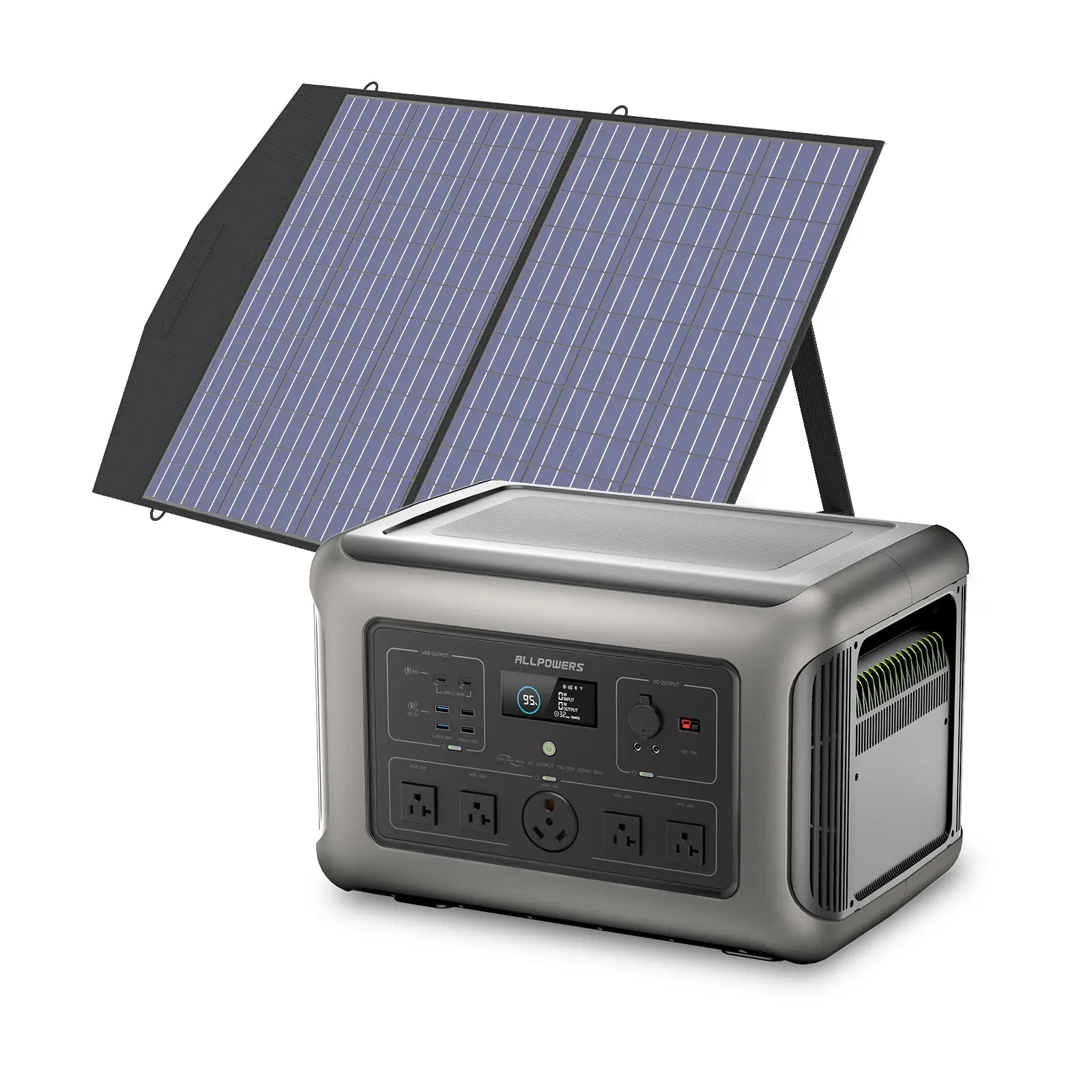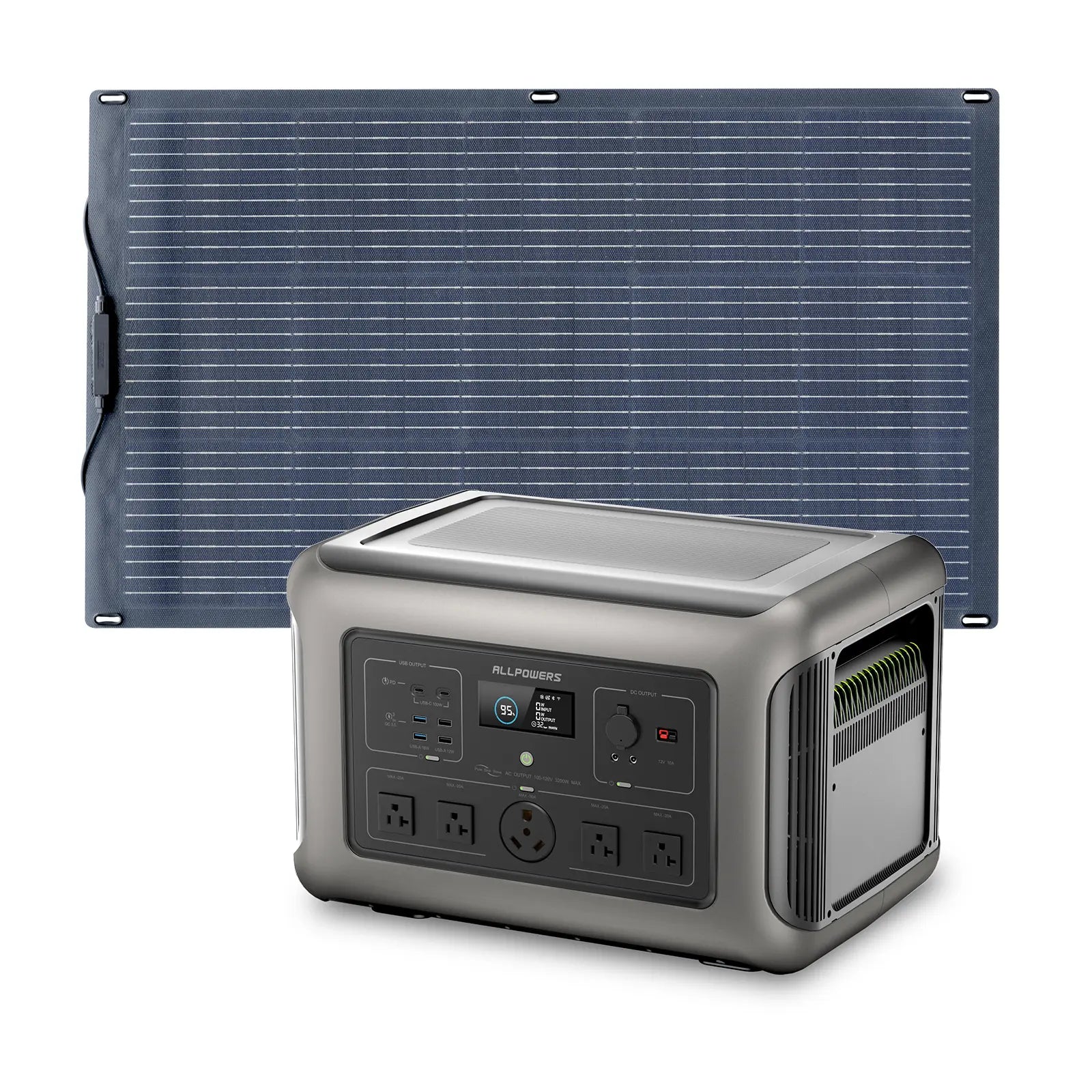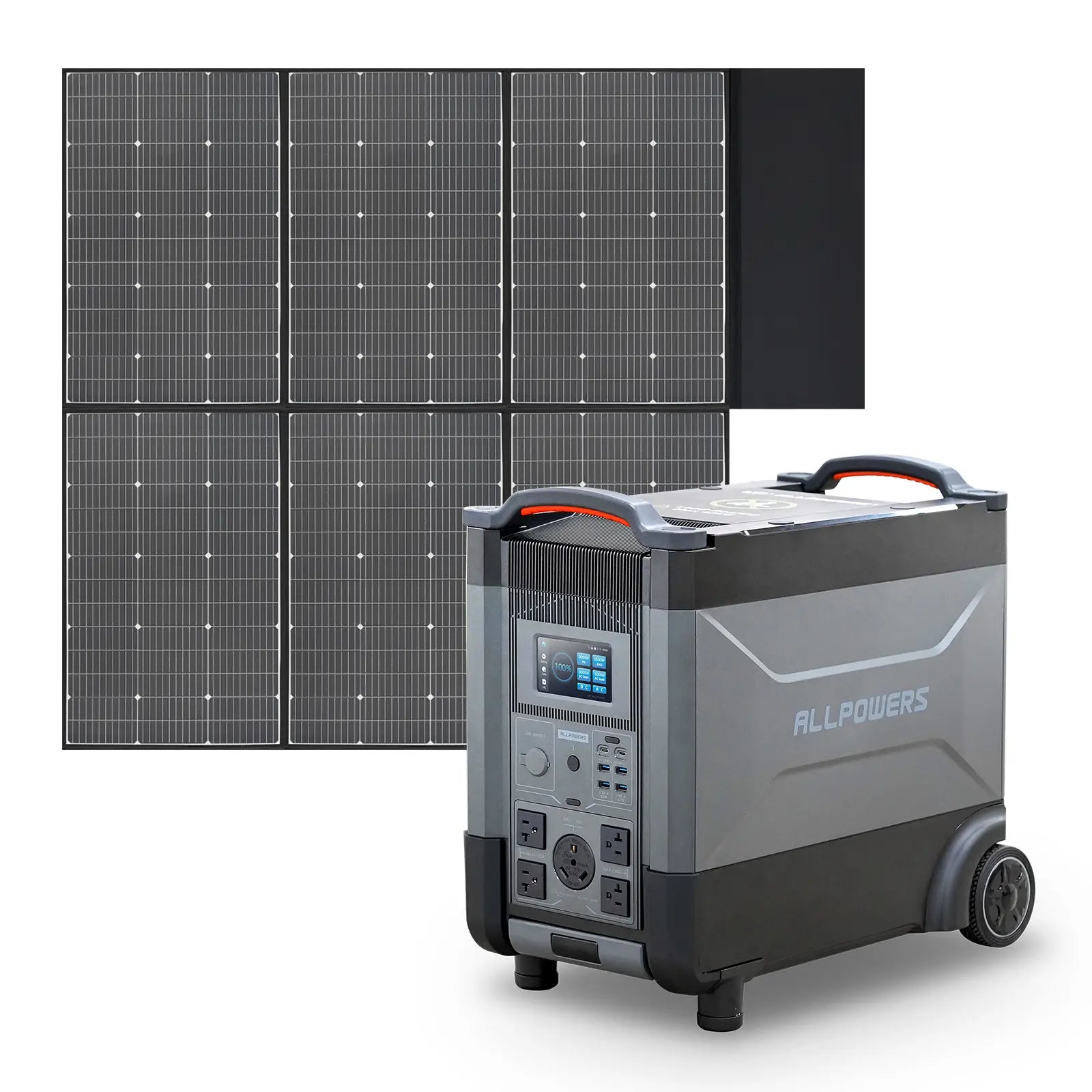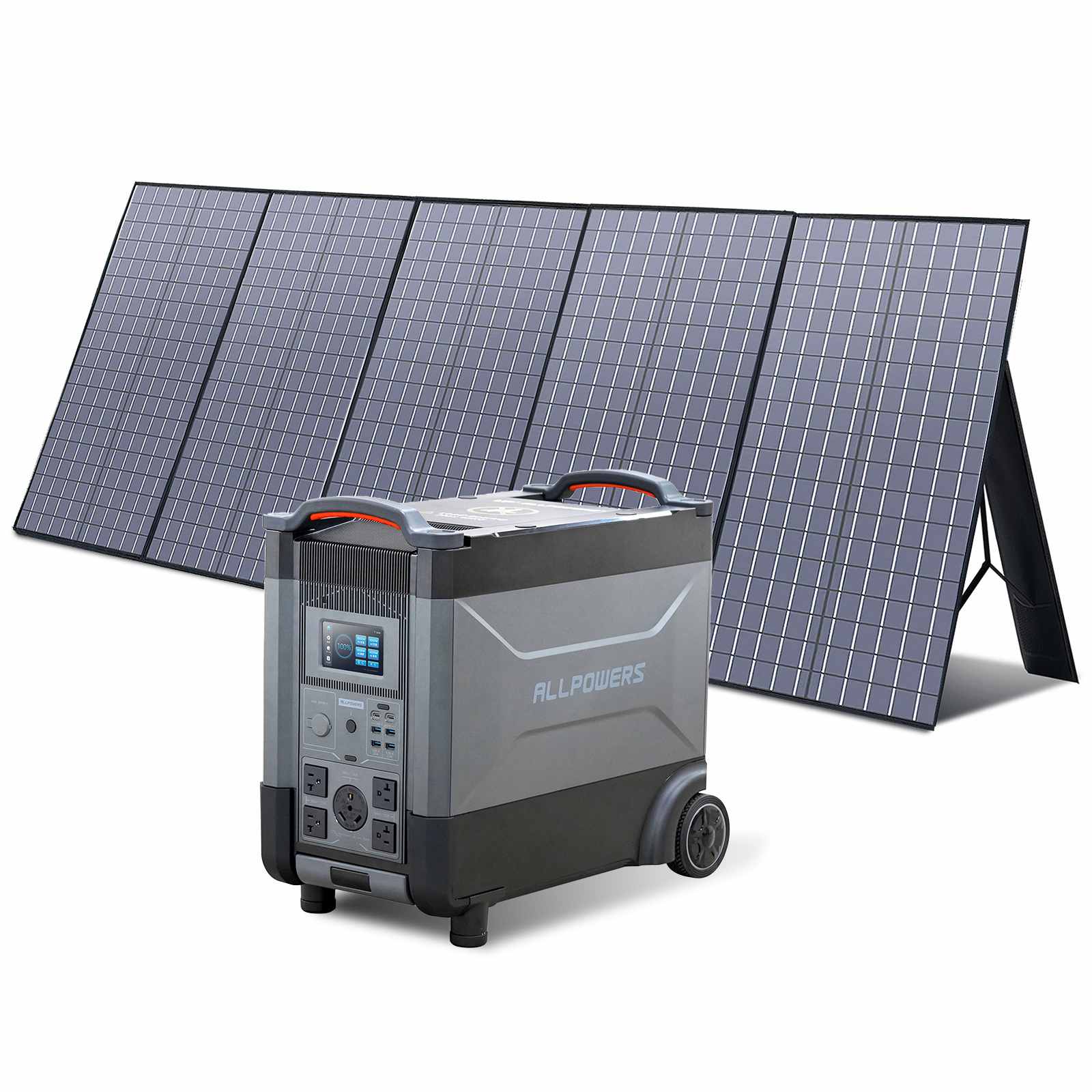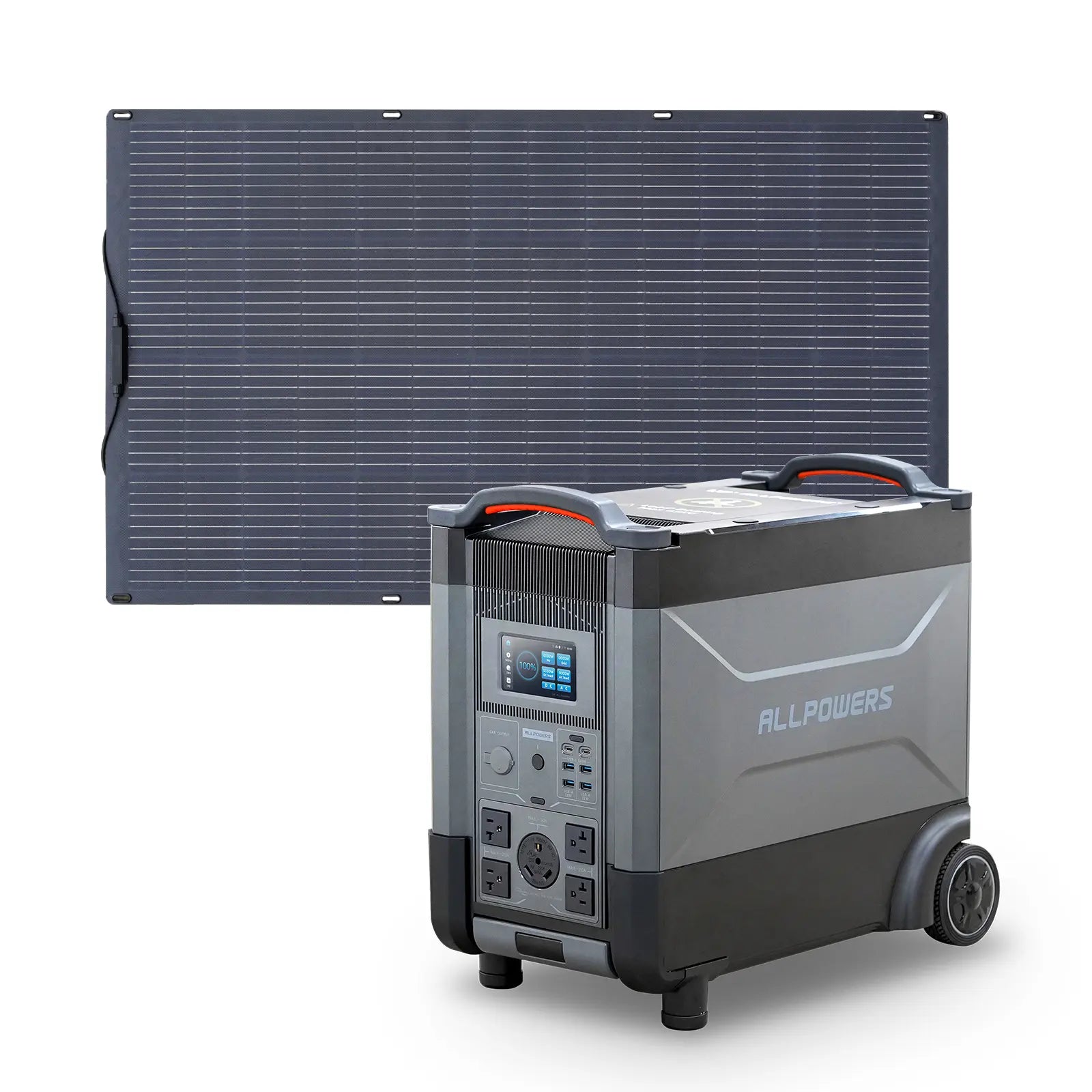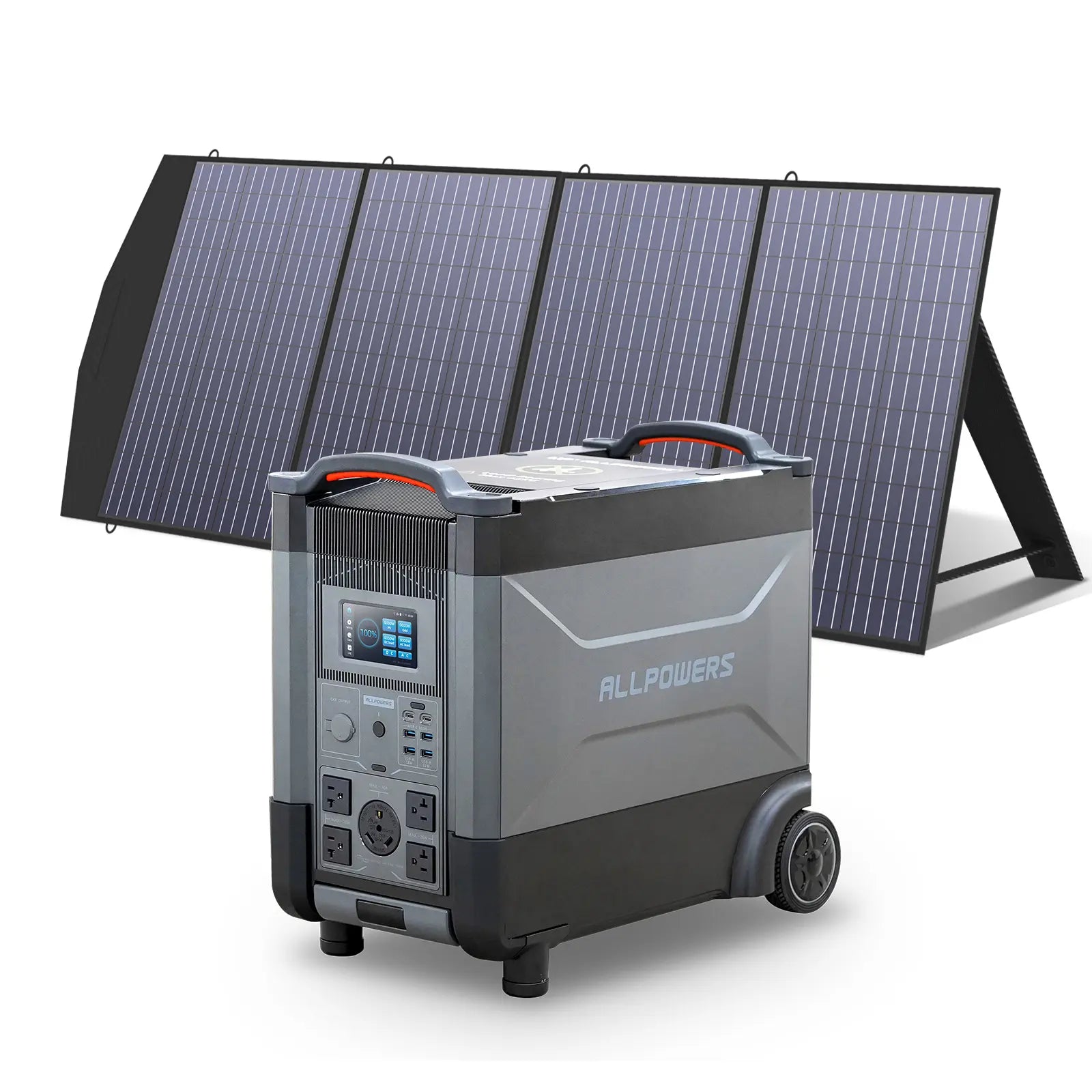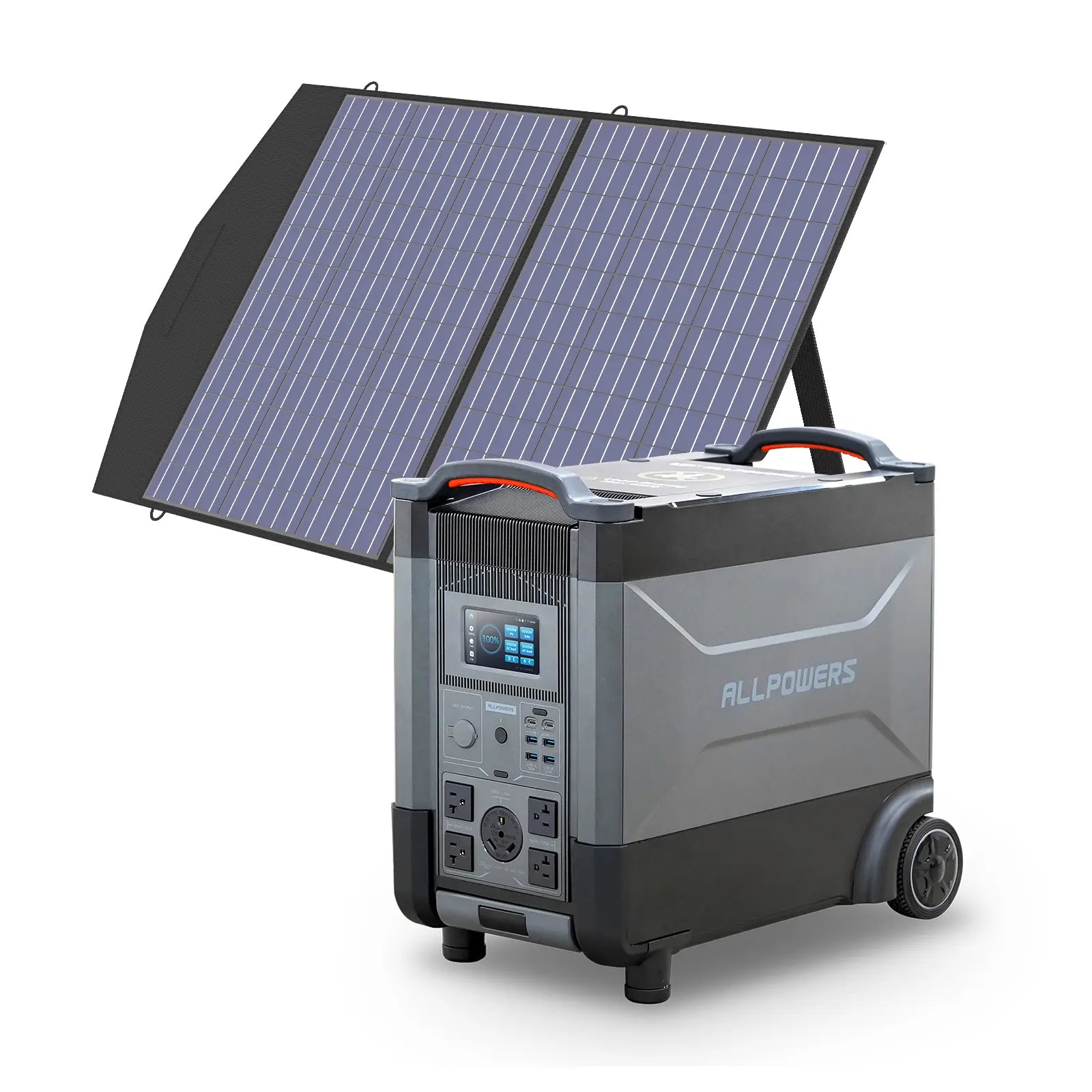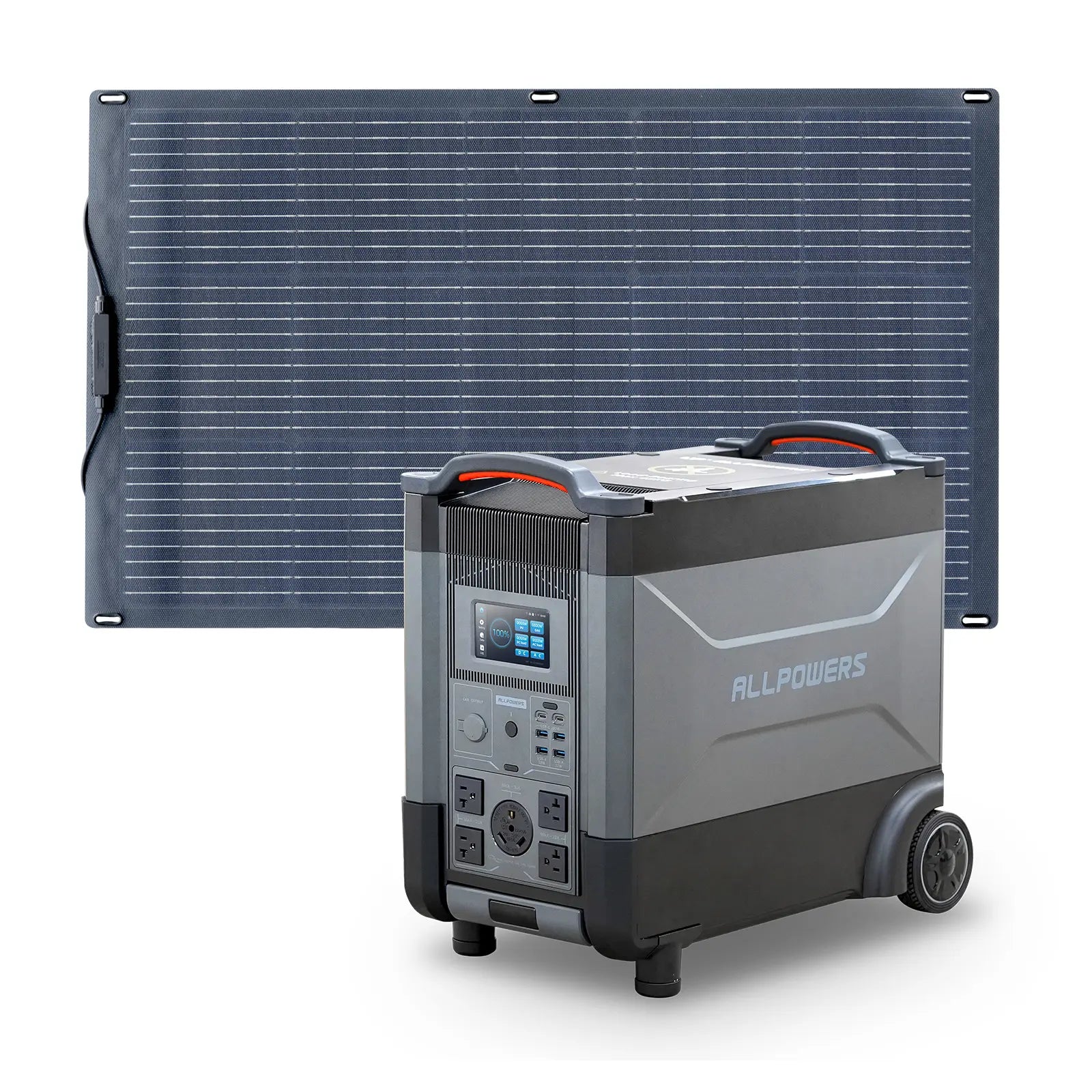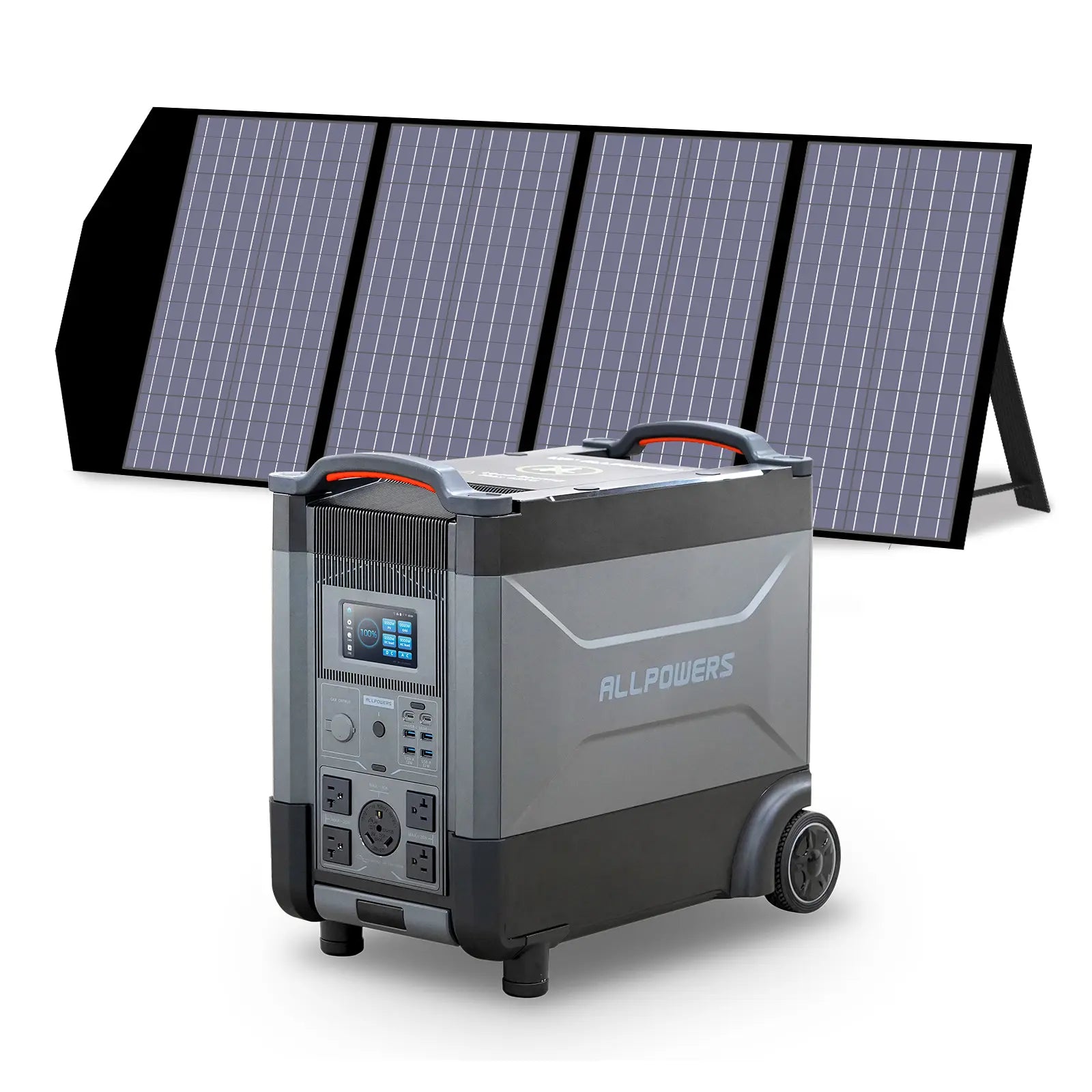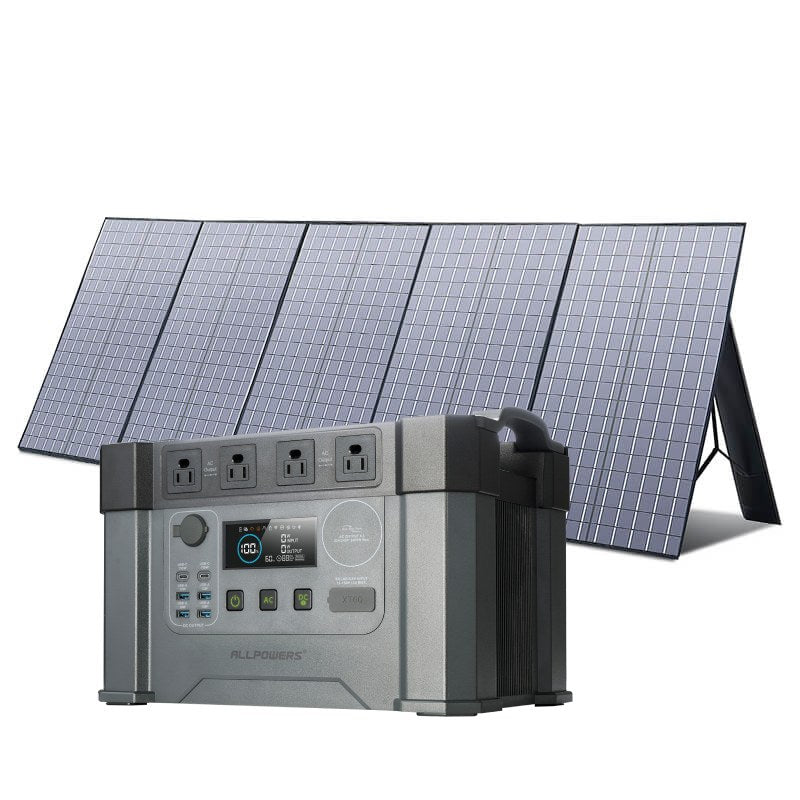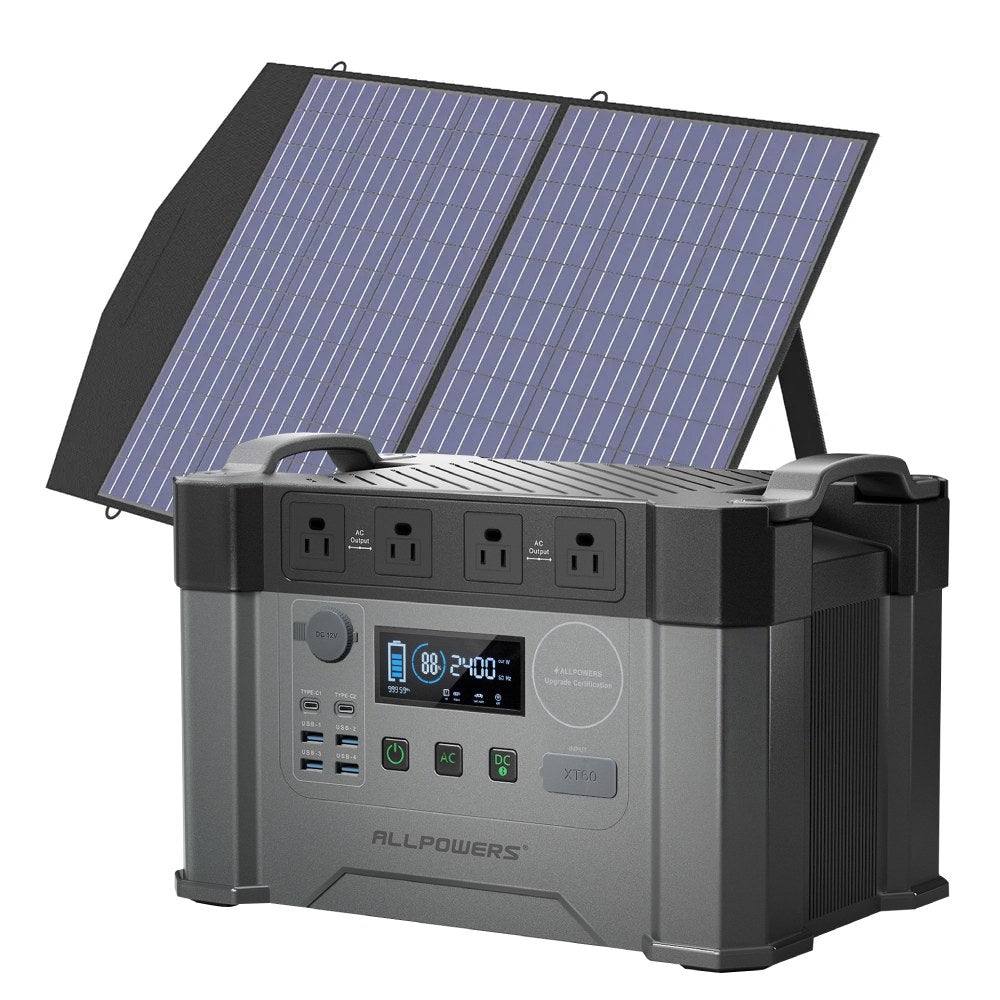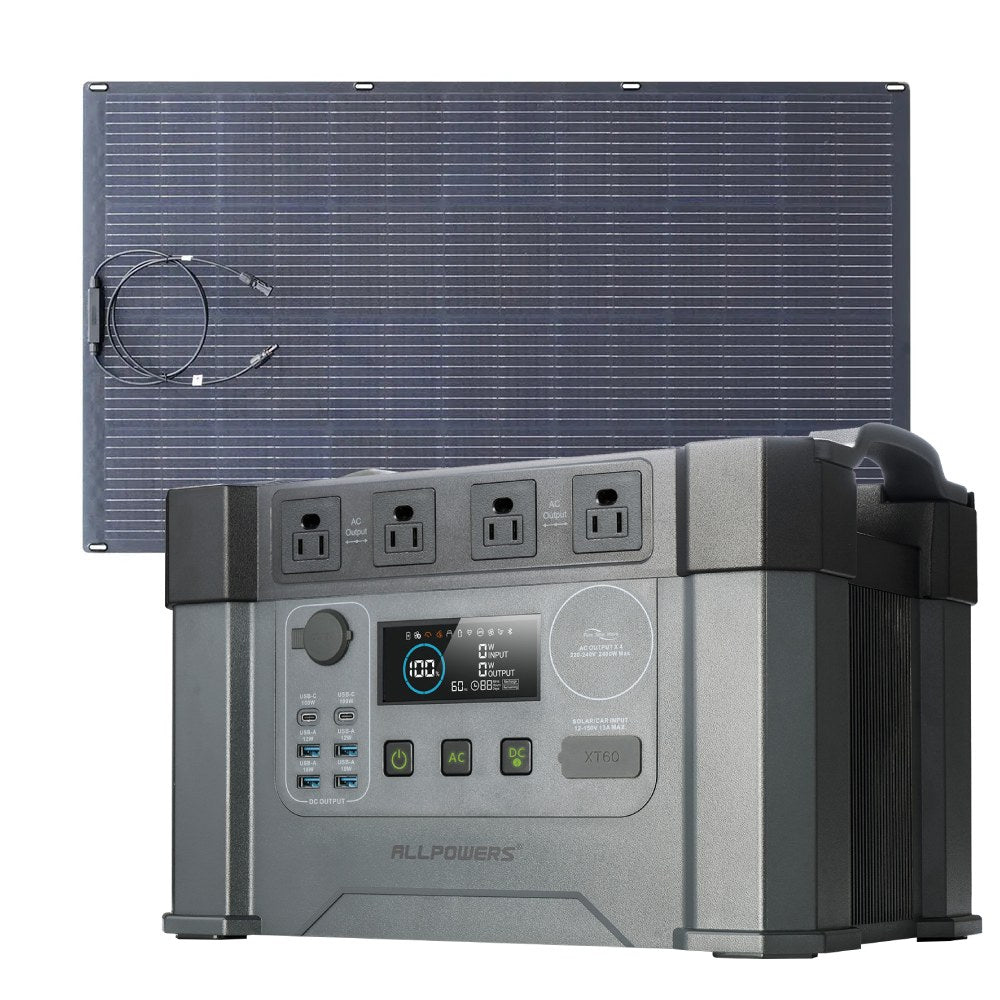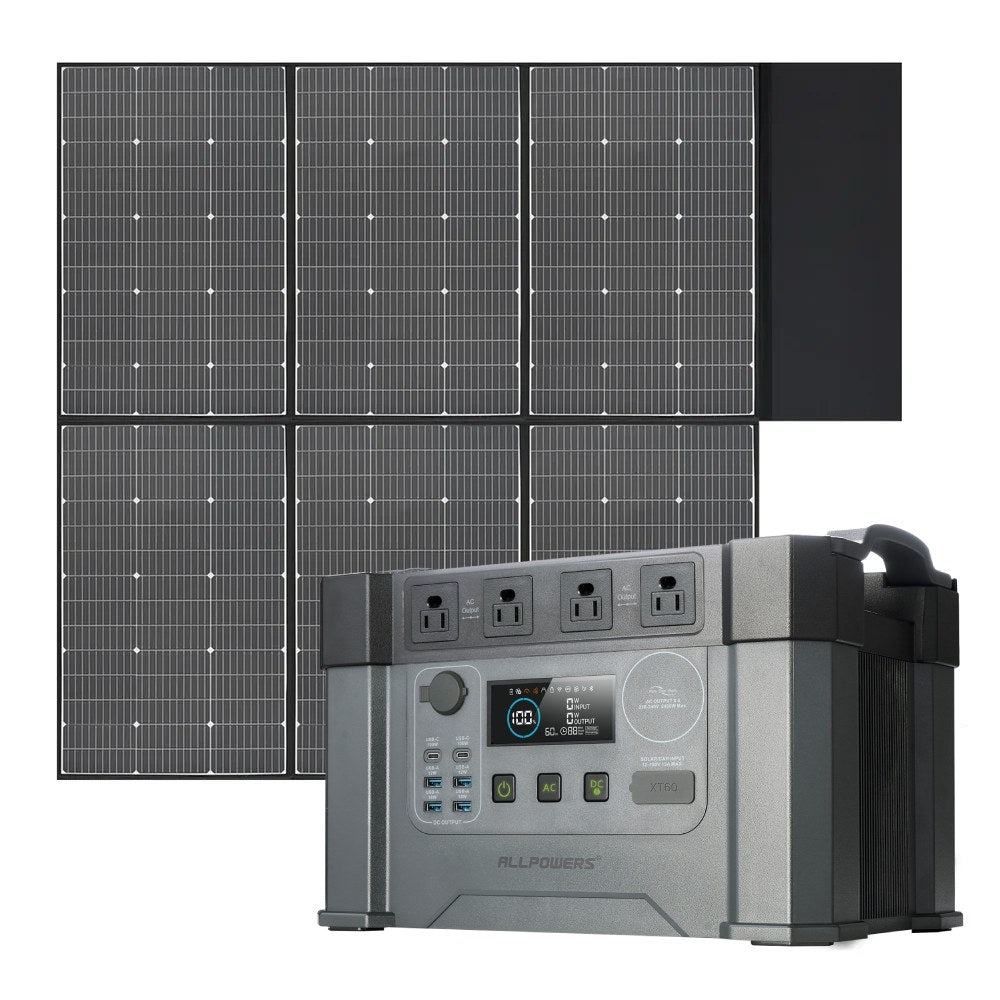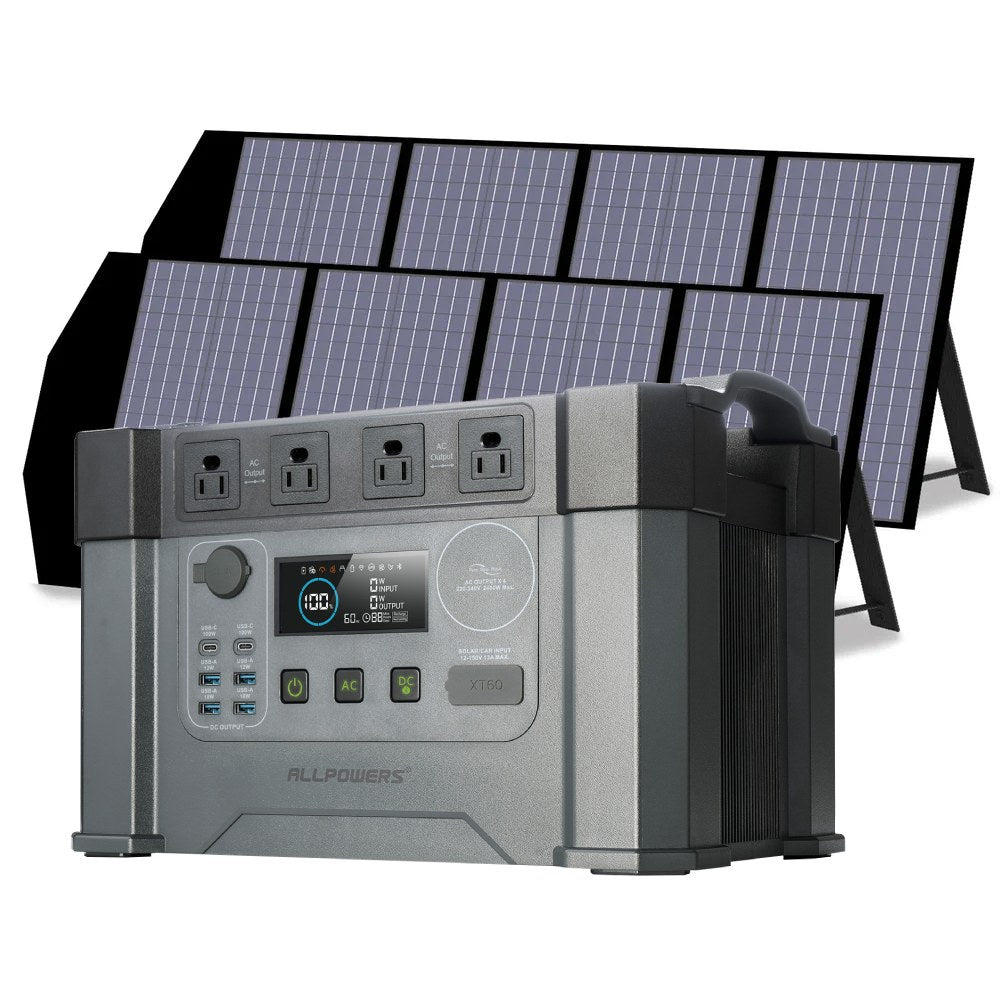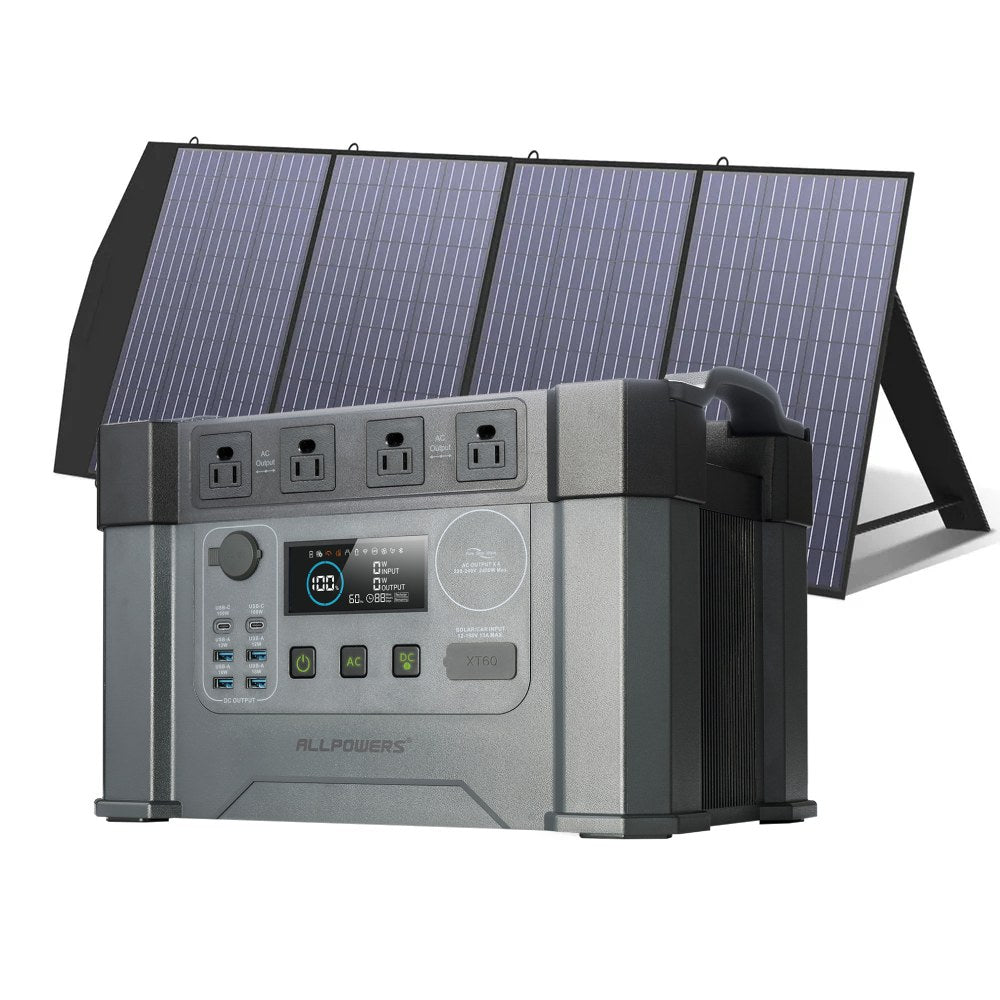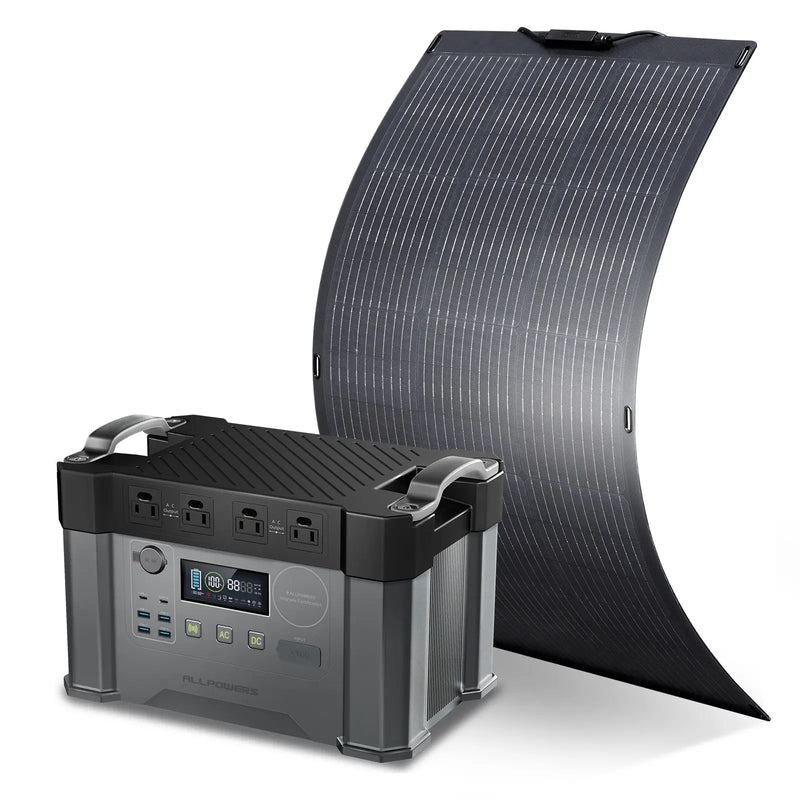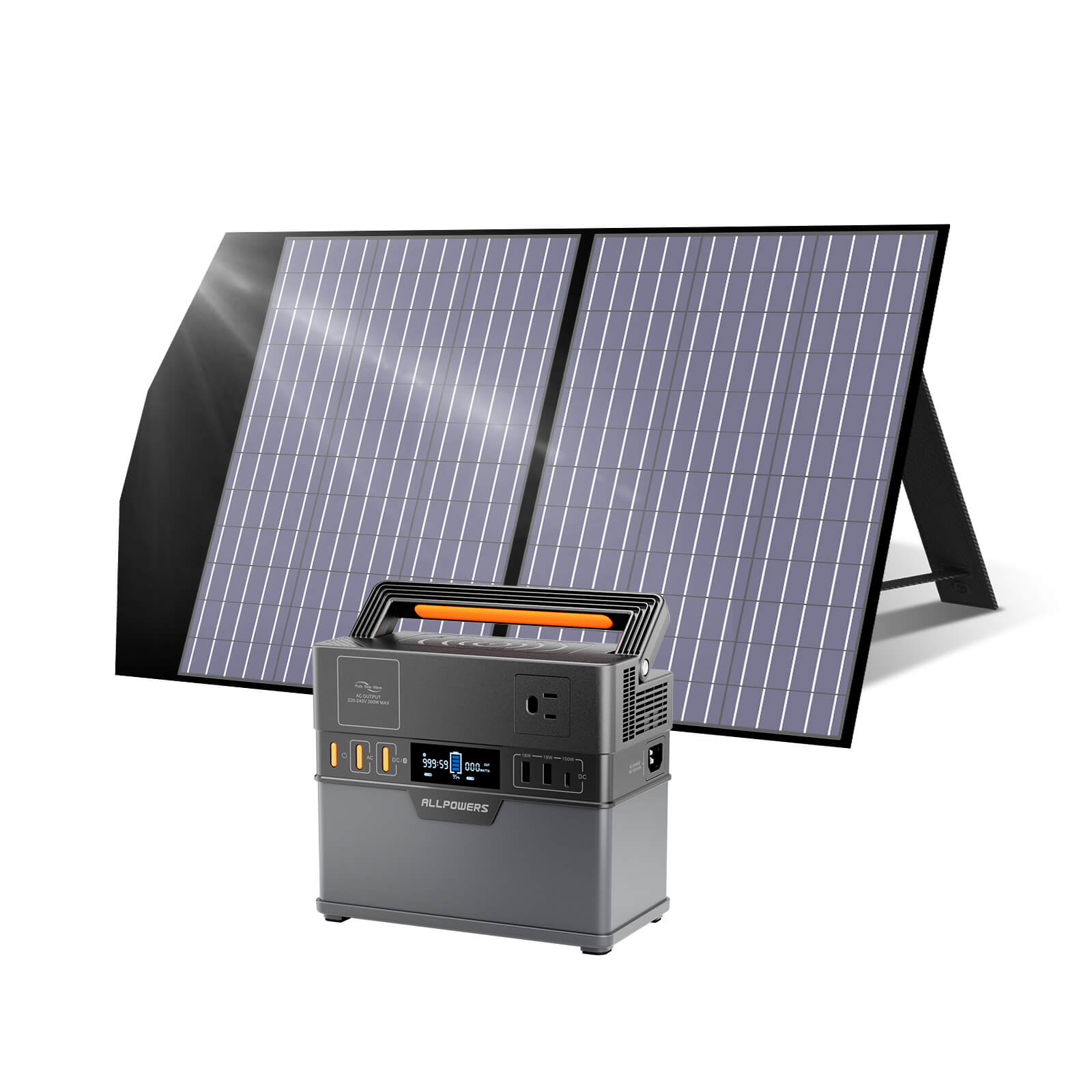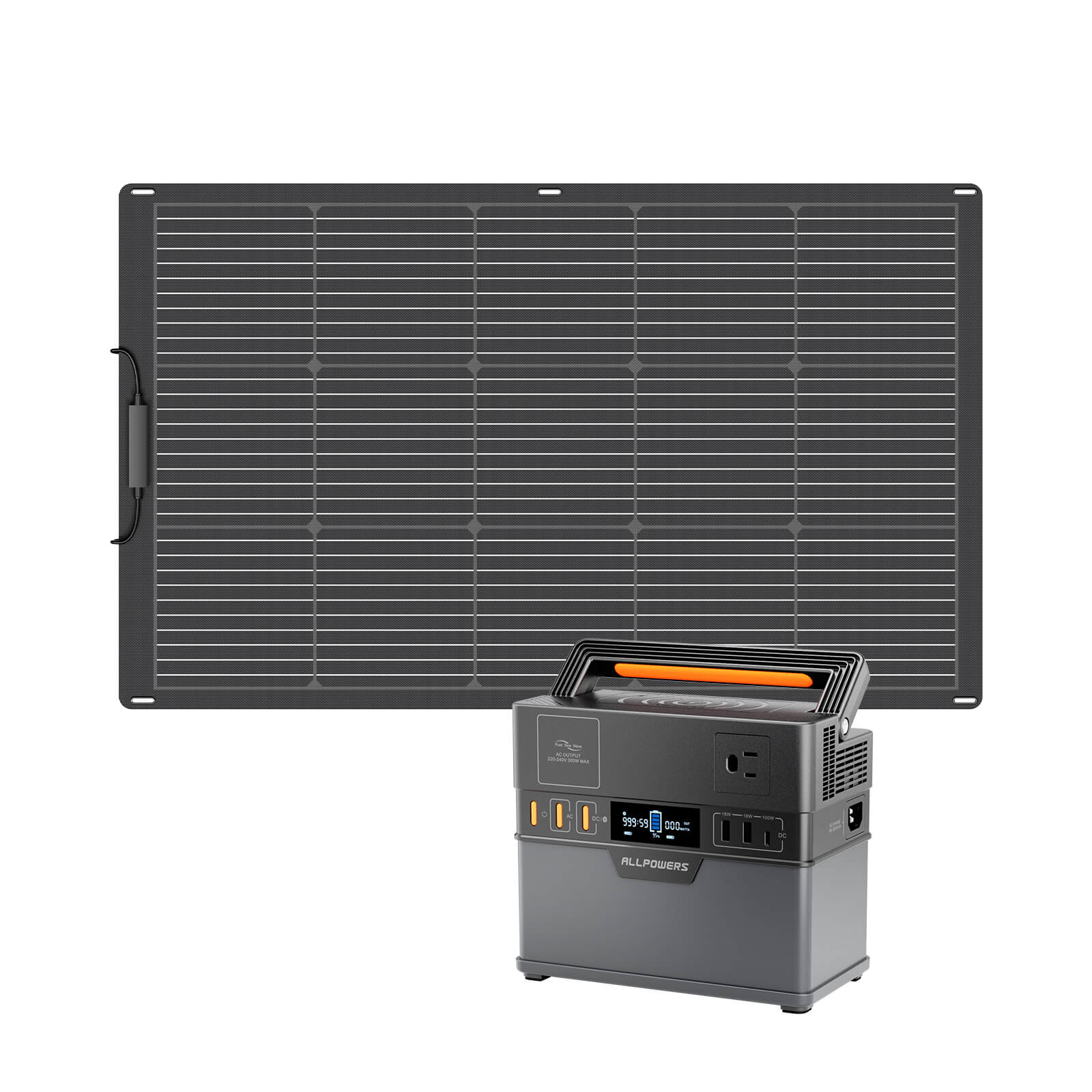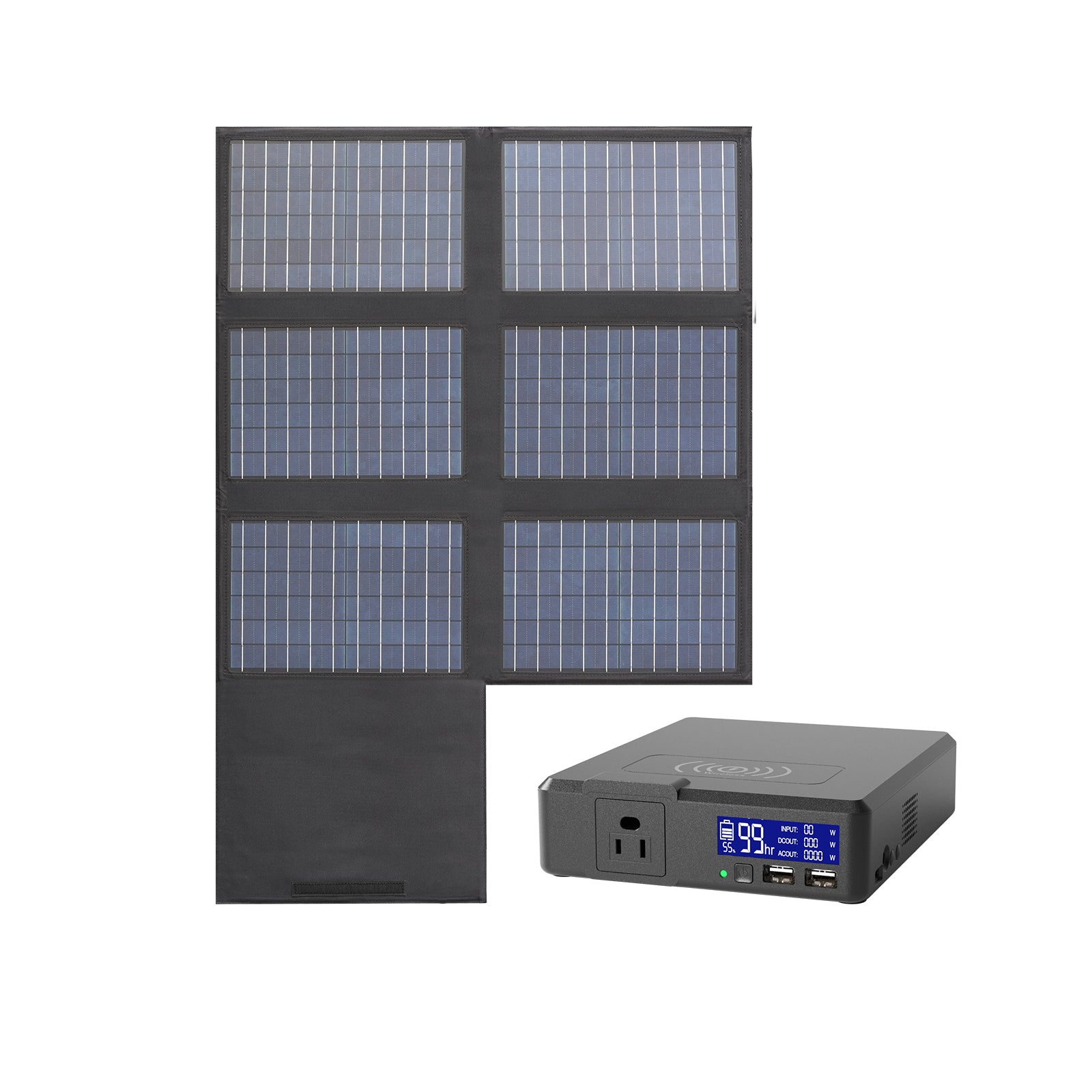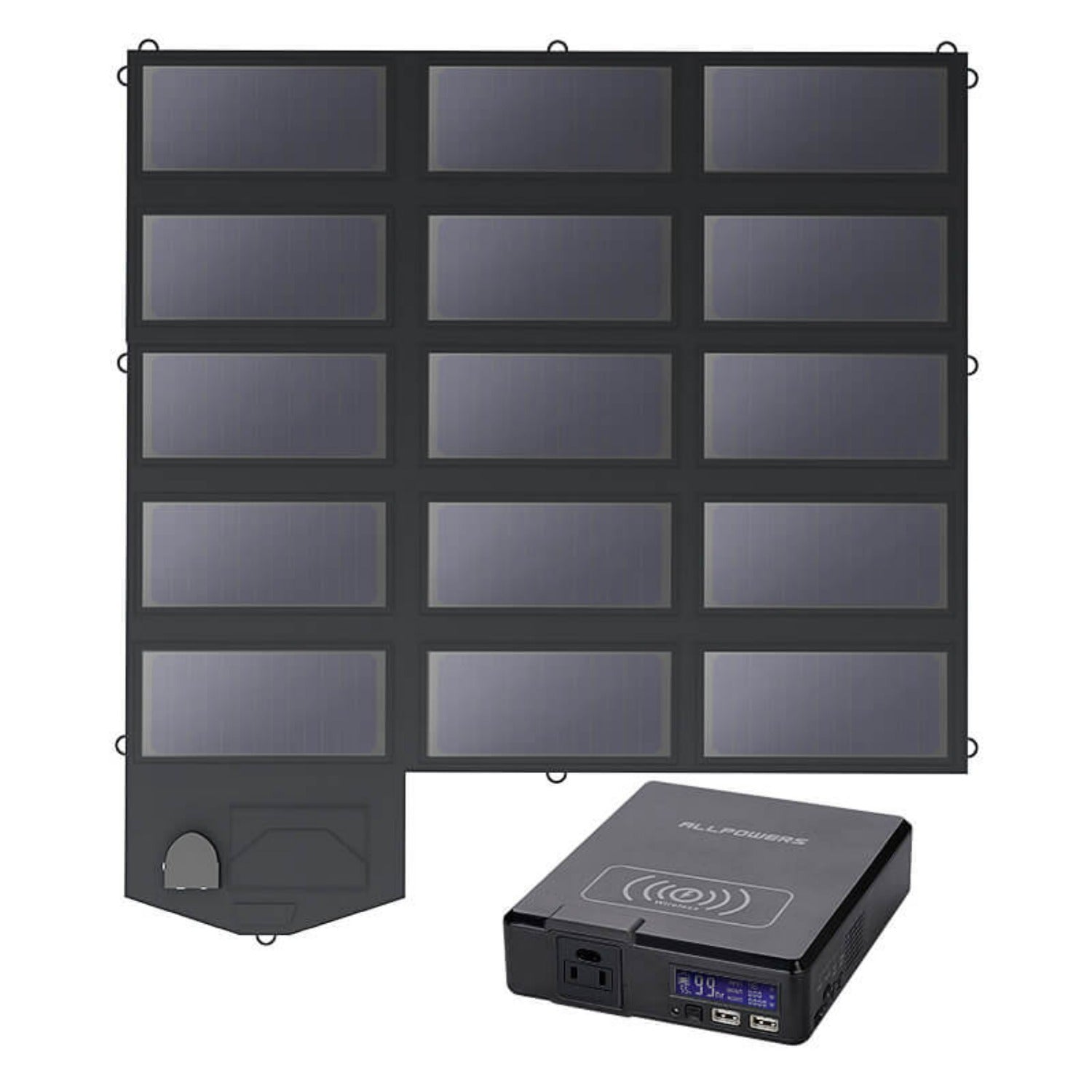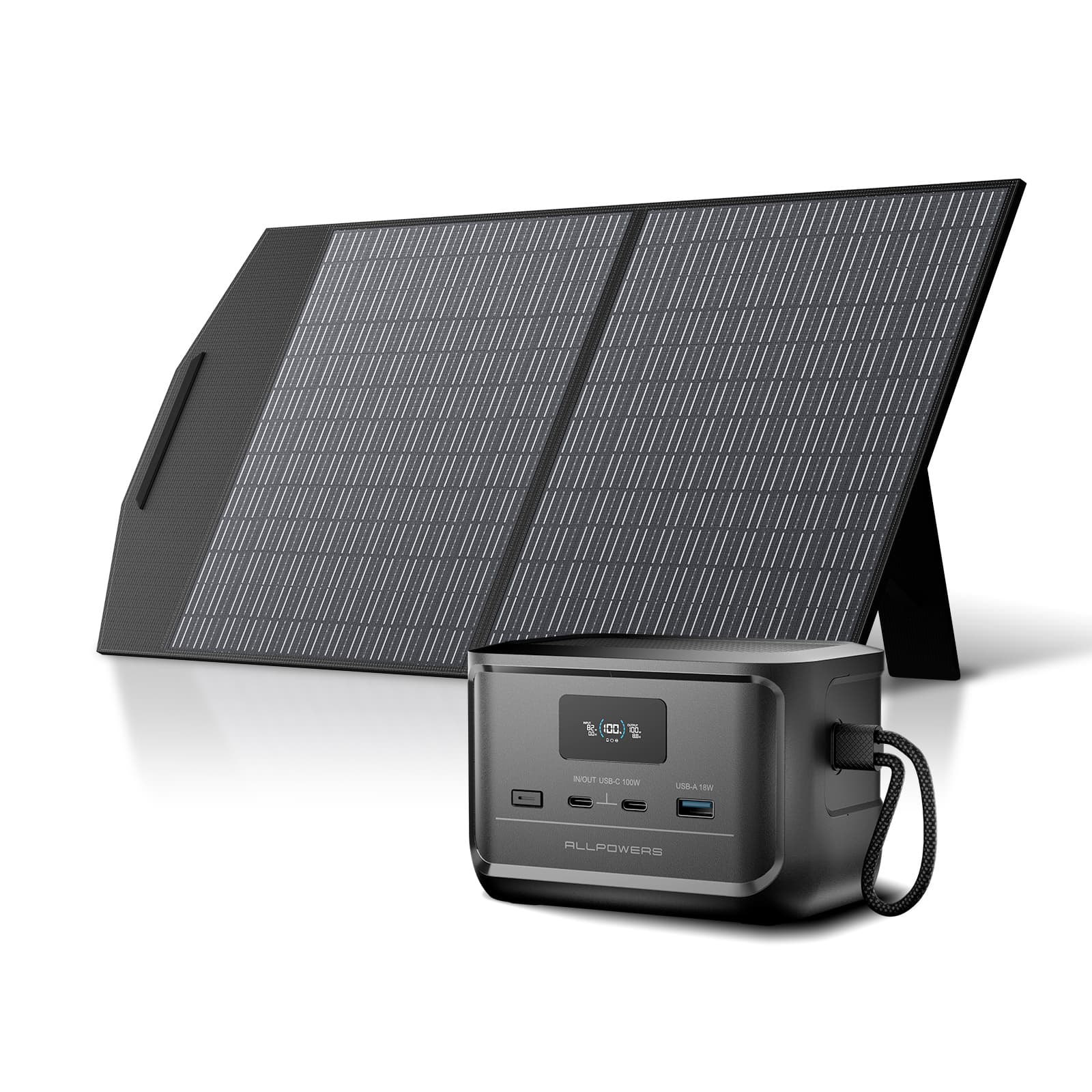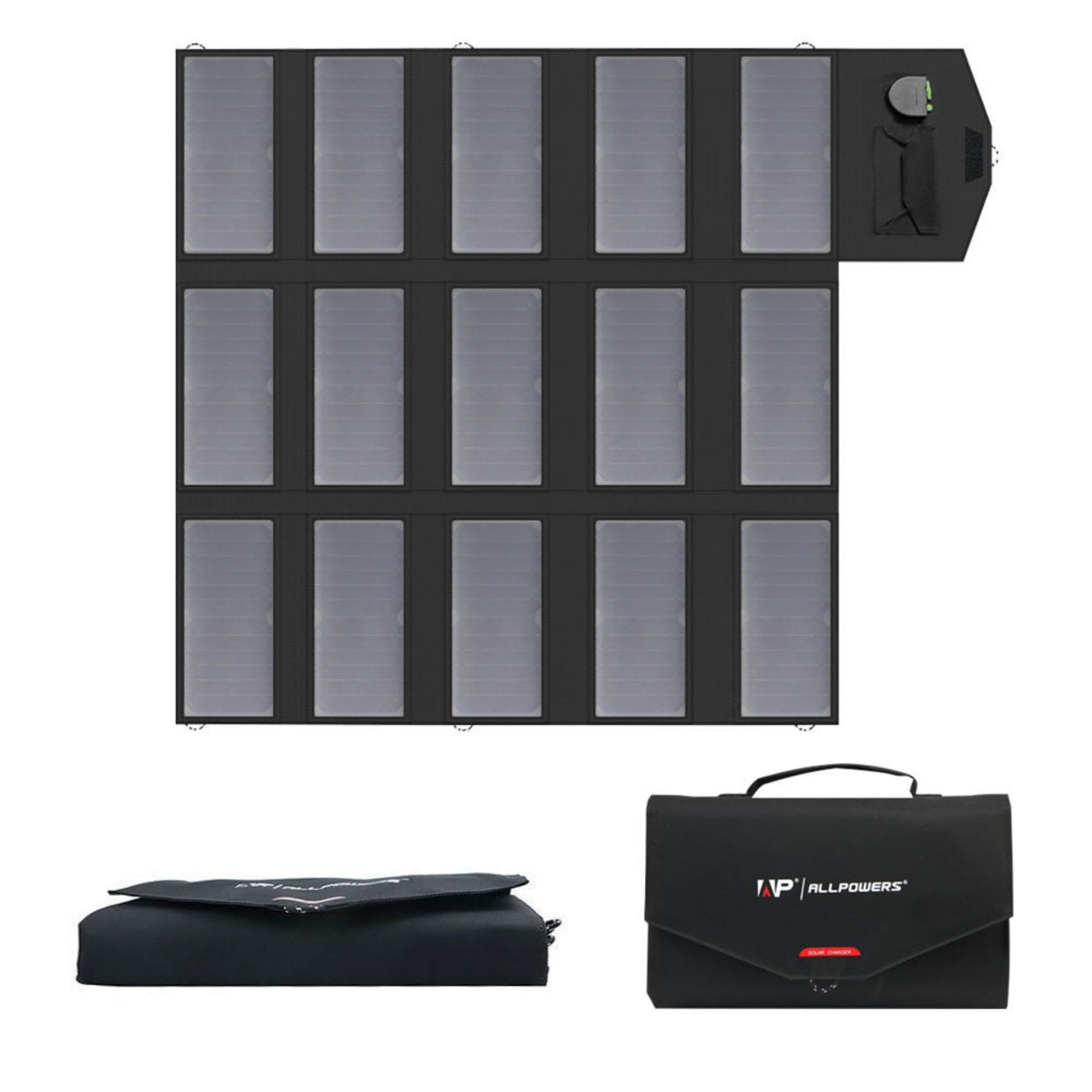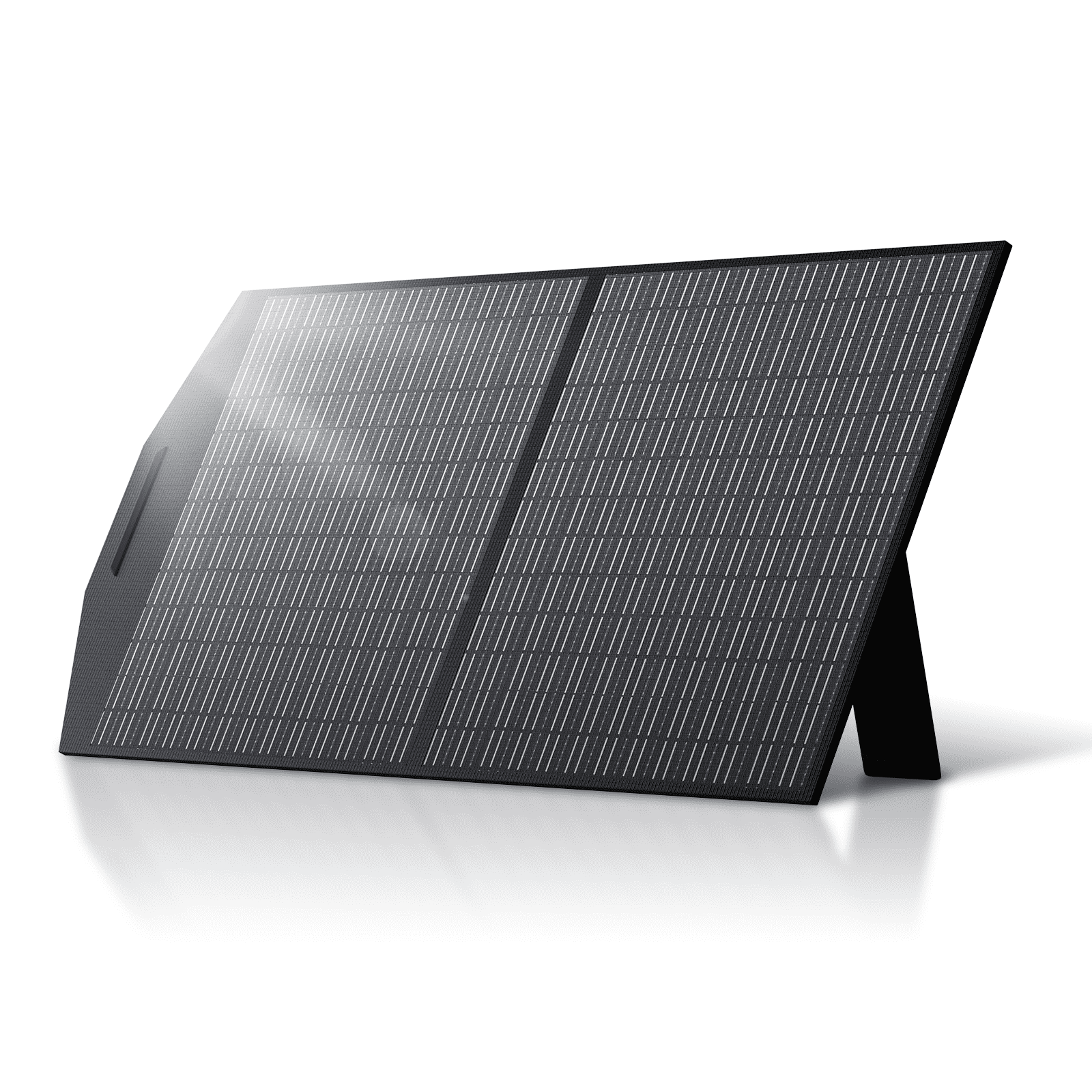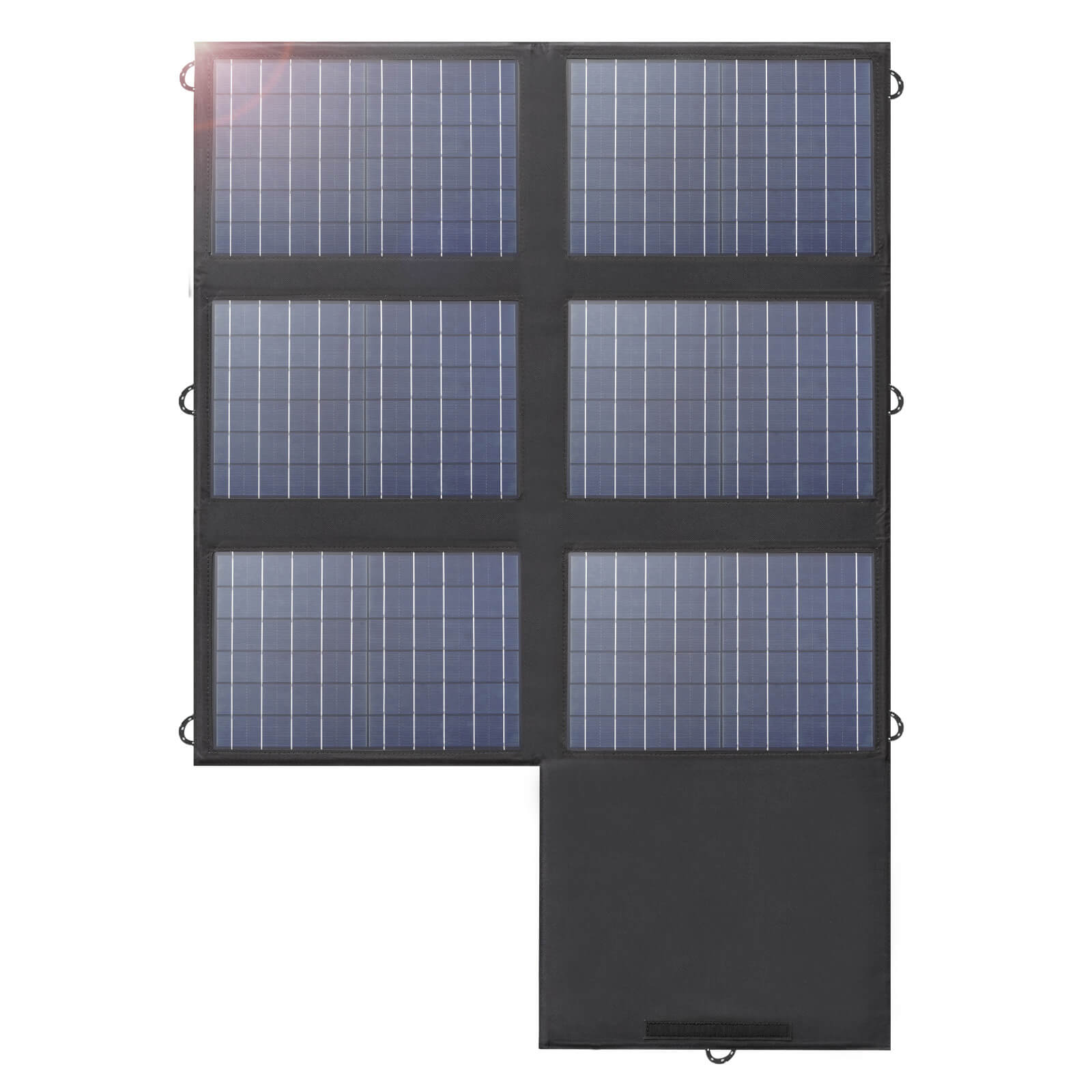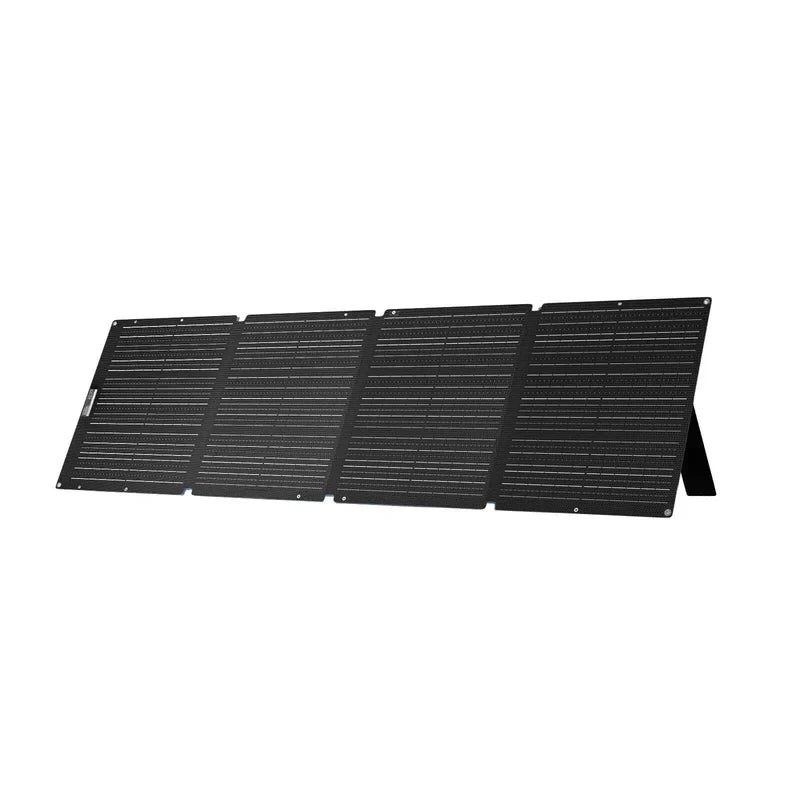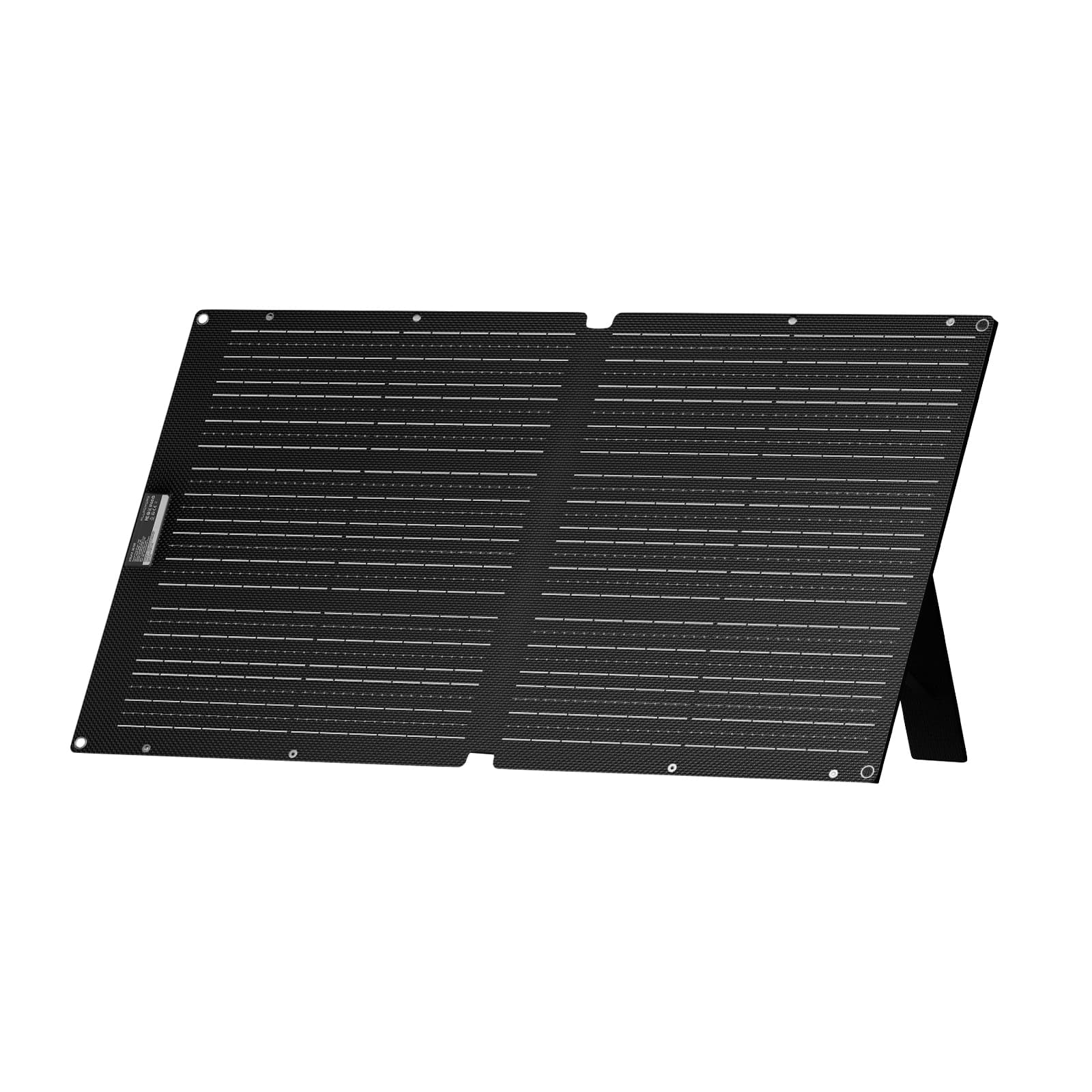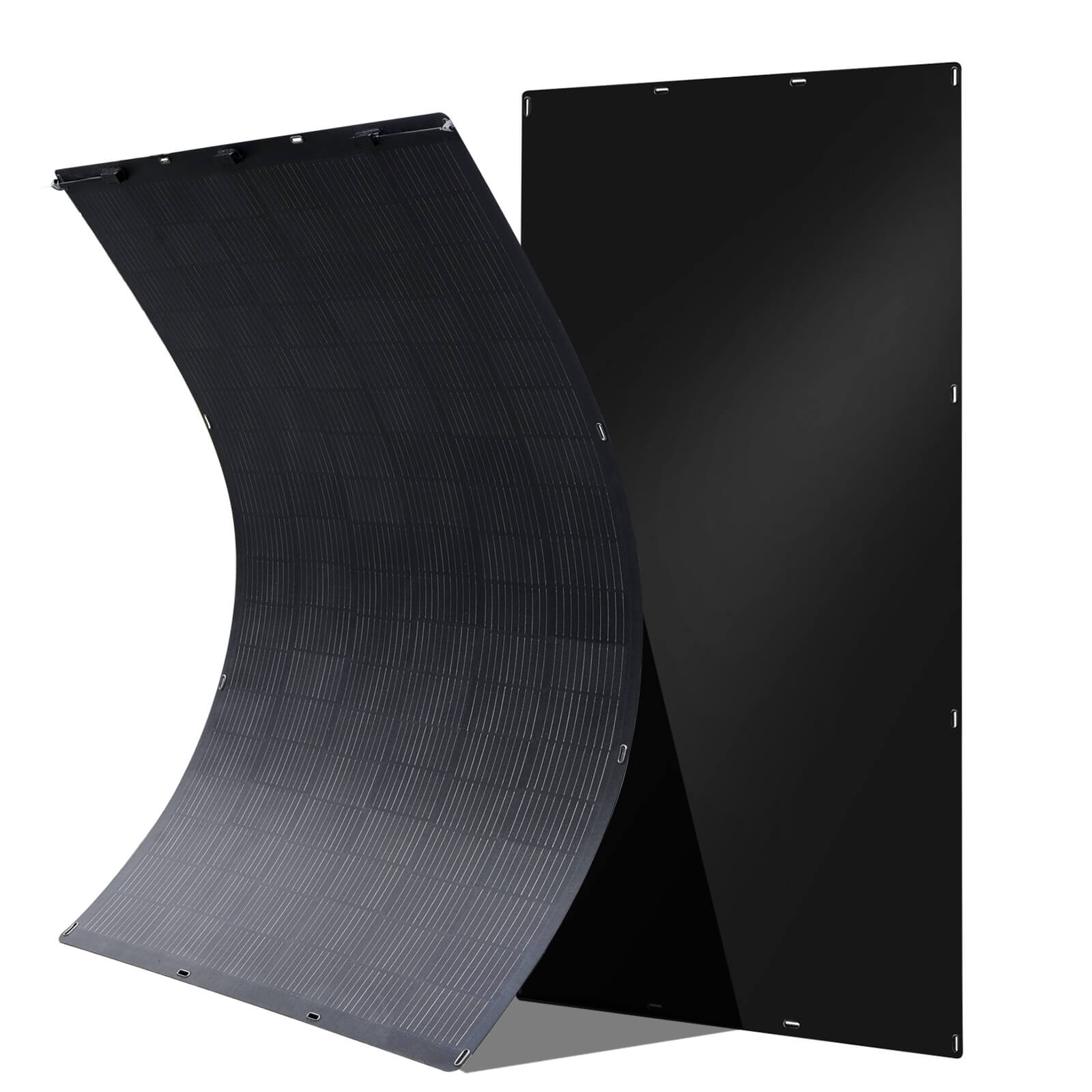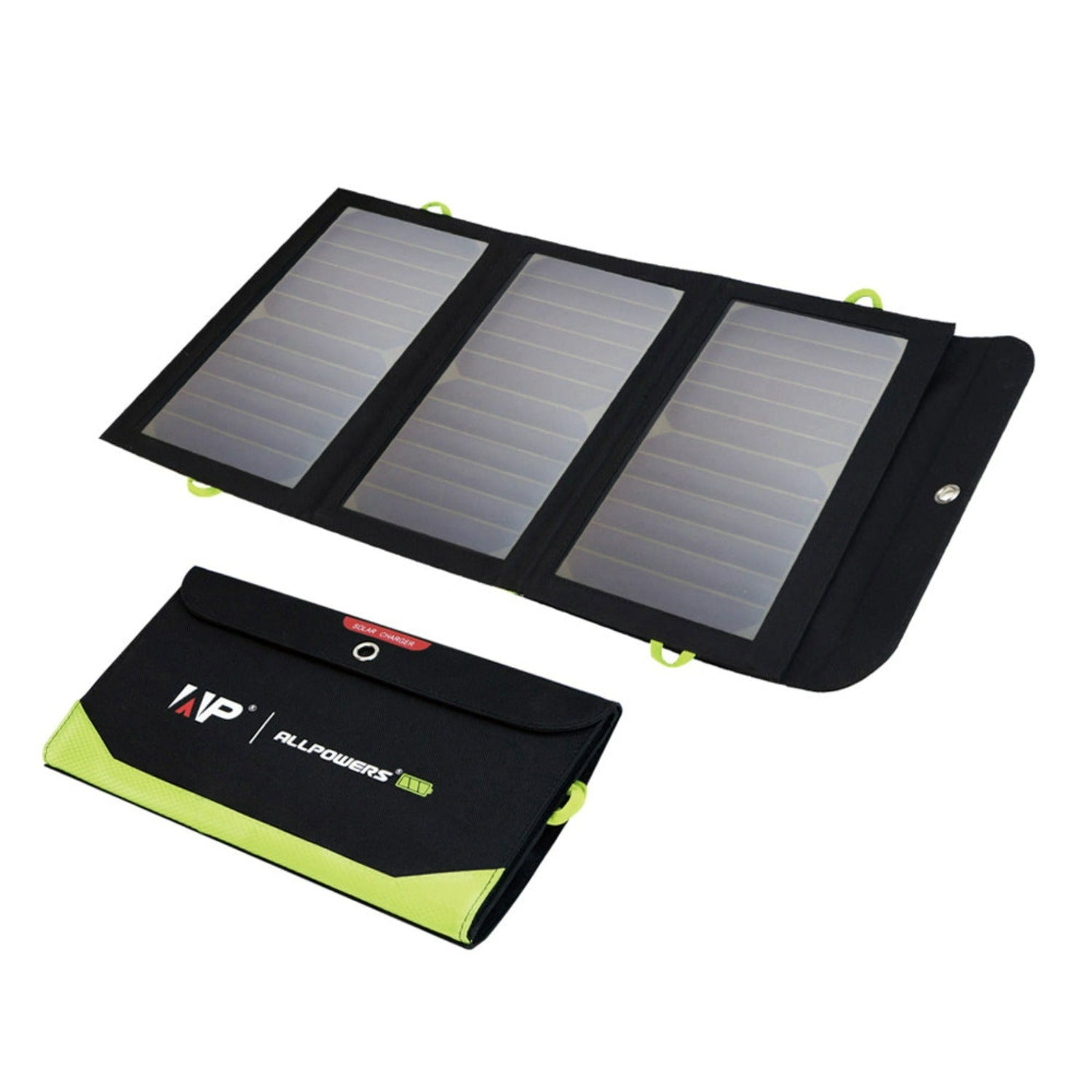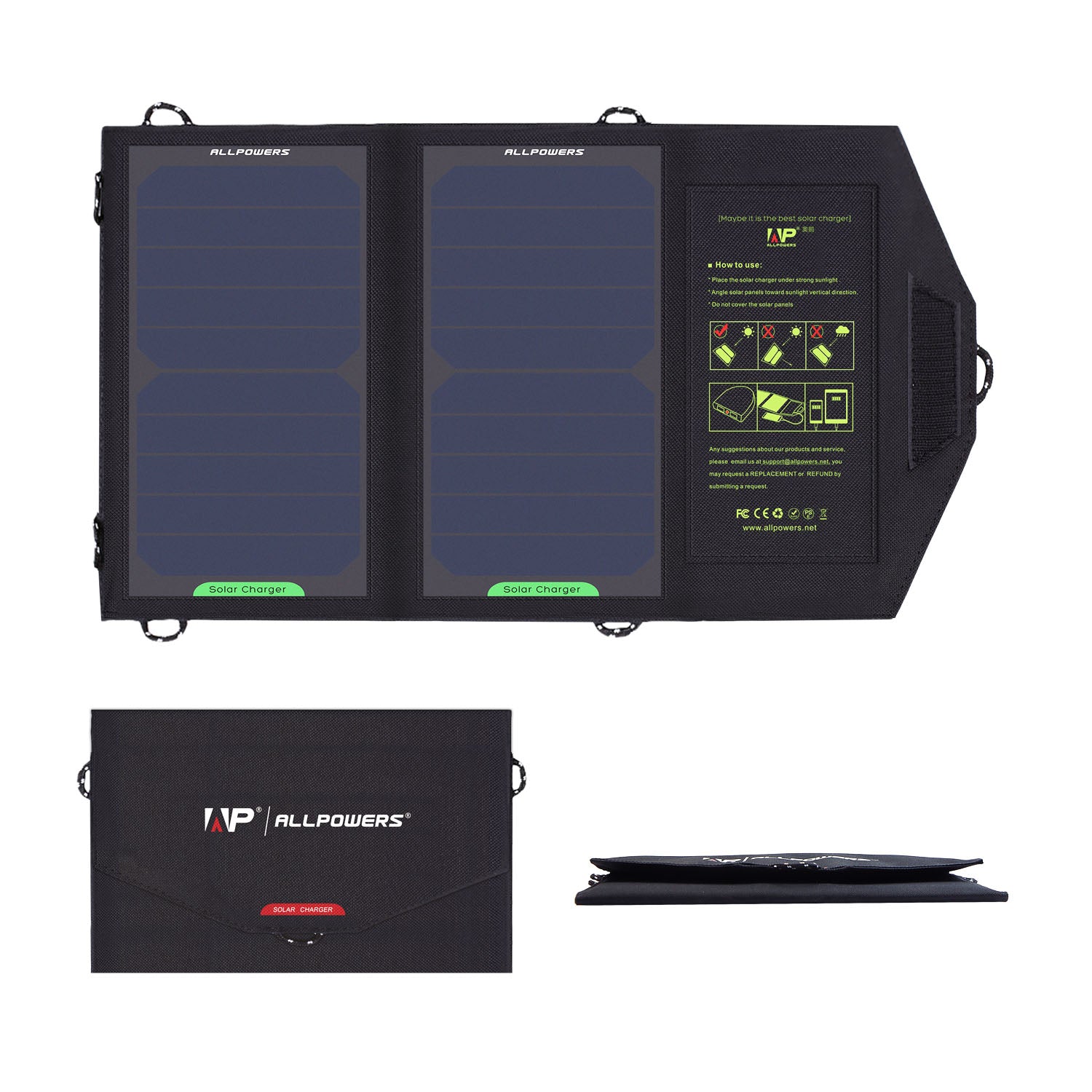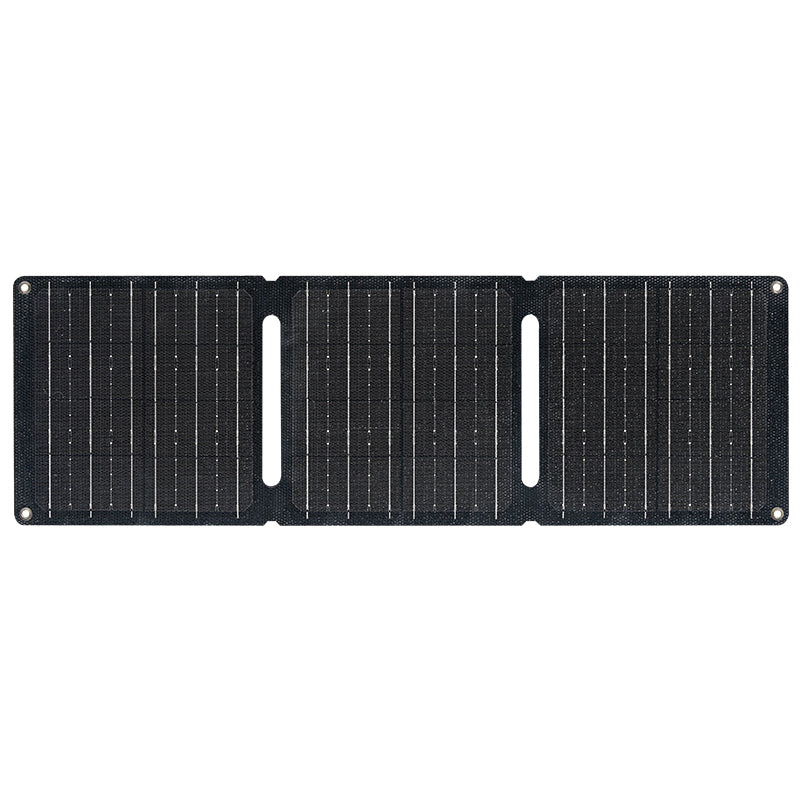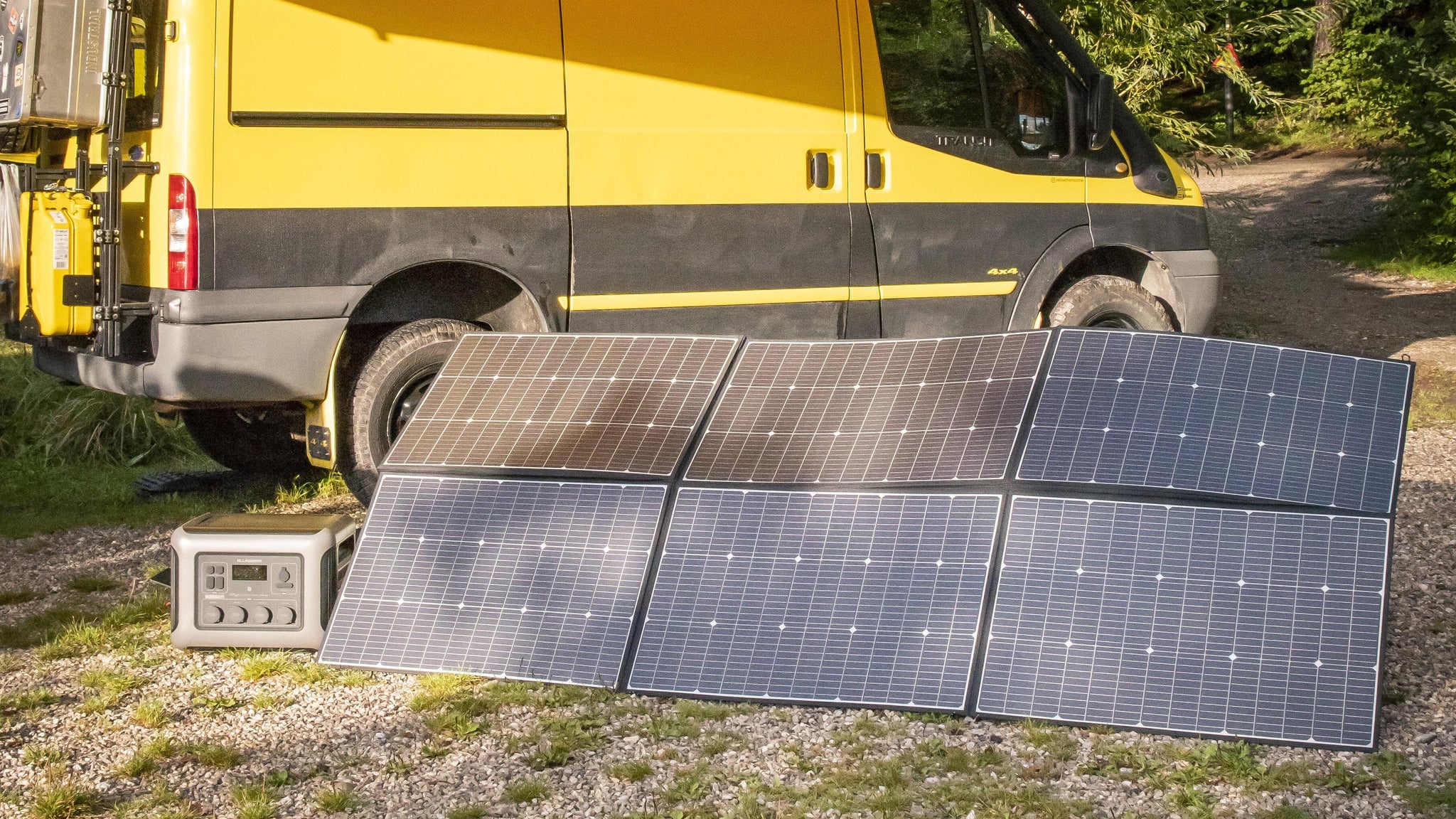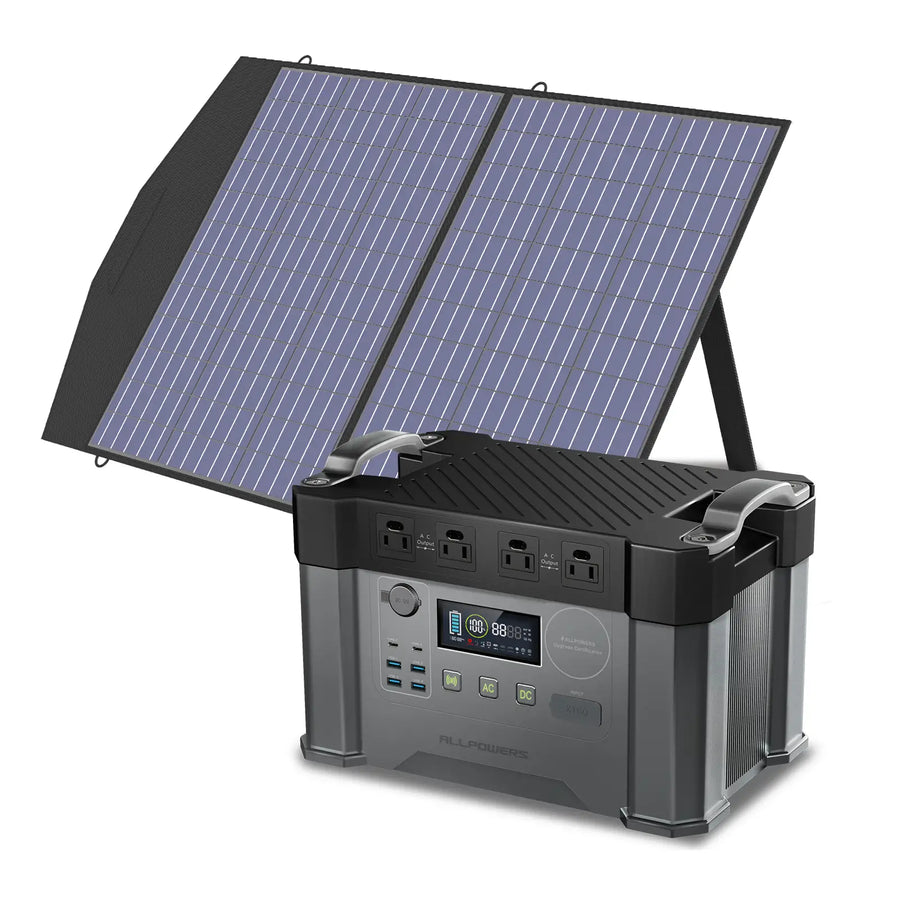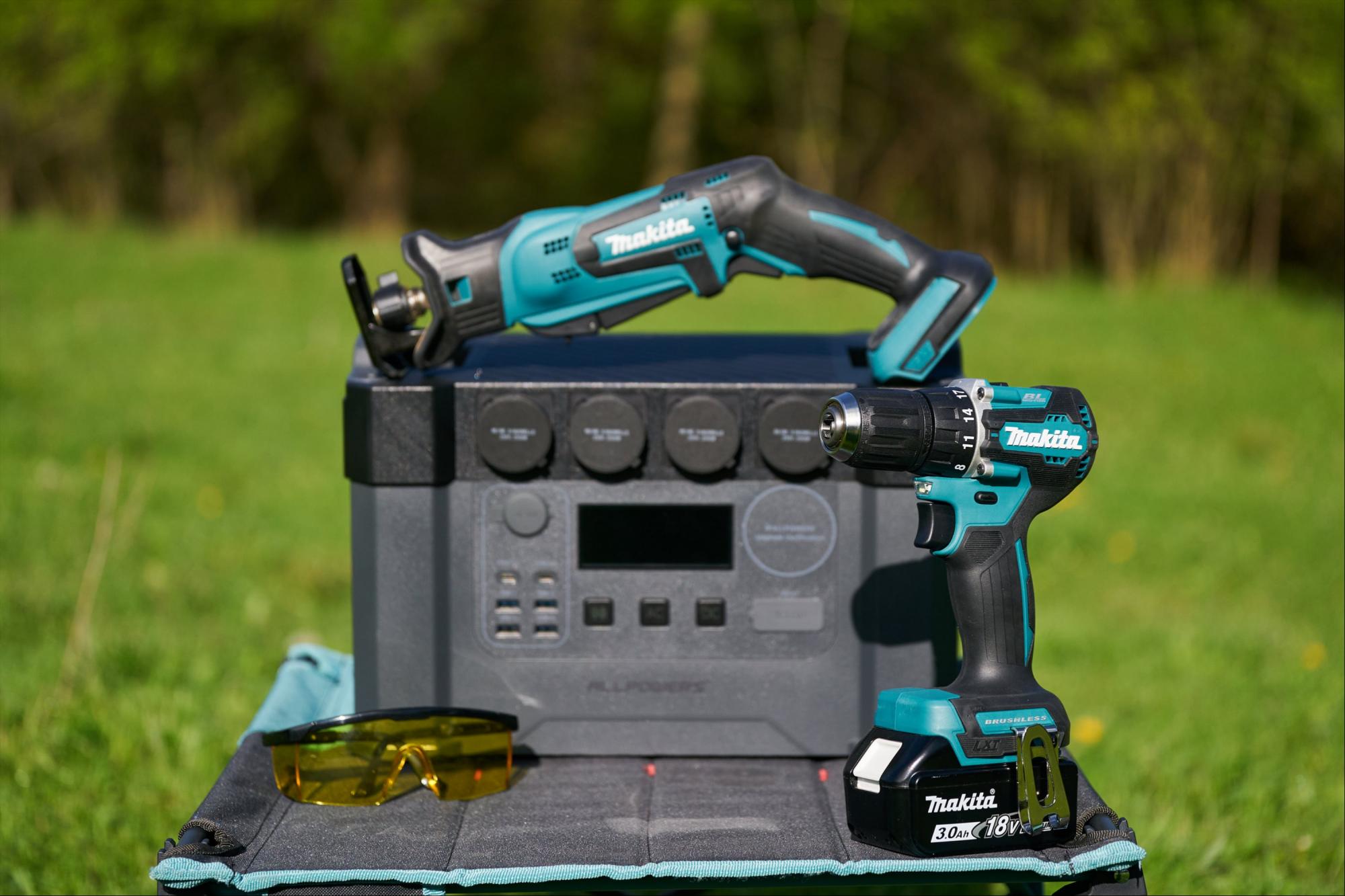We’ve all experienced those overcast days where the sun hides behind layers of thick clouds.
And if you’re counting on a solar generator to keep your devices running, it can feel a bit nerve-wracking.
After all, solar energy relies on sunlight, right? So, can solar generators still work on cloudy days?
How Solar Generators Actually Work
Simply put, solar generators rely on solar panels to convert sunlight into electricity.
When sunlight hits the panels, it excites the electrons within the photovoltaic cells, creating an electric current.
This current is then stored in a battery for later use.
So, what happens when the sky is overcast?
When clouds cover the sun, it does reduce the intensity of sunlight that reaches the solar panels.
However, solar panels can still generate a significant amount of electricity from the diffused light that filters through the clouds.
Some studies show that solar panels can still generate up to 25-40% of their typical output on cloudy days, depending on the thickness of the clouds and the overall weather conditions.
So, yes, your solar generator will still work, just not as efficiently as it would on a sunny day.
The Role of Battery Storage in Cloudy Conditions
One of the reasons solar generators can still be useful on cloudy days is their ability to store energy.
On cloudy days, your solar panels will collect whatever sunlight they can, and any energy that doesn’t get used right away gets stored in the power station for later use.
Once the sun comes back out, your generator can charge faster, replenishing what it lost during the cloudy hours.
If you’ve ever been camping in a remote spot, you know how quickly the weather can shift.
So, if you're counting on your solar generator to power your lights, a fan, or even your CPAP machine, don’t worry too much about a little cloud cover.
As long as you’ve got enough battery capacity, you'll have power when you need it.
Will Solar Generators Be Enough for All Your Power Needs on Cloudy Days?
Now, here’s the big question—are solar generators still viable as a primary power source on cloudy days?
If you’re looking to run small electronics or charge your phone, tablet, or laptop, a solar generator can likely handle the job even when it’s overcast.
However, if you’re trying to power larger appliances, like a refrigerator or power tools, cloudy days could be a challenge.
That’s not to say it’s impossible—some people use solar generators to power their homes in off-grid areas, and with the right setup, it can work even when the weather isn’t ideal.
But if you live in an area with frequent cloudy weather, it might be best to supplement your solar power with another energy source.
Many solar generators, like the ones from ALLPOWERS, offer backup charging options, such as plugging into a wall outlet or using a car charger, so you’re not left in the dark when the clouds roll in.
How Much Power Can You Get from a Solar Generator on Cloudy Days?
So, how much power can you realistically expect when the skies are overcast?
Think of a solar generator as a rain gauge. When the sun’s out, it fills up quickly, charging your devices in no time.
On a cloudy day, however, the gauge fills more slowly. It's still receiving water (or in this case, sunlight), just at a reduced rate.
Typically, the efficiency can drop by 25% to 40% depending on the cloud cover, but you're still collecting some energy, just at a diminished pace.
Now, you might be thinking, "Well, 40% isn’t bad, but it’s not enough for my needs." And that’s a valid concern.
It depends on your energy demands. If you’re charging small devices like phones or running a couple of lights, a solar generator should still do the trick.
But if you’re relying on it for more power-hungry appliances, like a refrigerator or power tools, you may find yourself needing more energy storage or supplementary power sources.
How Can You Maximize Solar Efficiency on Cloudy Days?
There are a few things you can do to maximize the performance of your solar generator, even when the sky is overcast.
Positioning Matters: Make sure your solar panels are positioned in the best possible location. Even on cloudy days, you can still maximize your energy intake by ensuring the panels are angled correctly toward the sun.
Use Energy-Efficient Appliances: The less energy you need, the less strain you put on your solar generator. On days with less sunlight, it helps to use low-power devices or energy-efficient alternatives.
Consider Adding More Solar Panels: If you live in an area with frequent cloudy weather, you might want to consider adding more solar panels to your setup.
Conclusion
The short answer: Yes, solar generators can still work on cloudy days.
However, they’re not quite as effective as when the sun is out in full force.
They can still provide you with power, but at a slower pace, and you may need to adjust your expectations.





